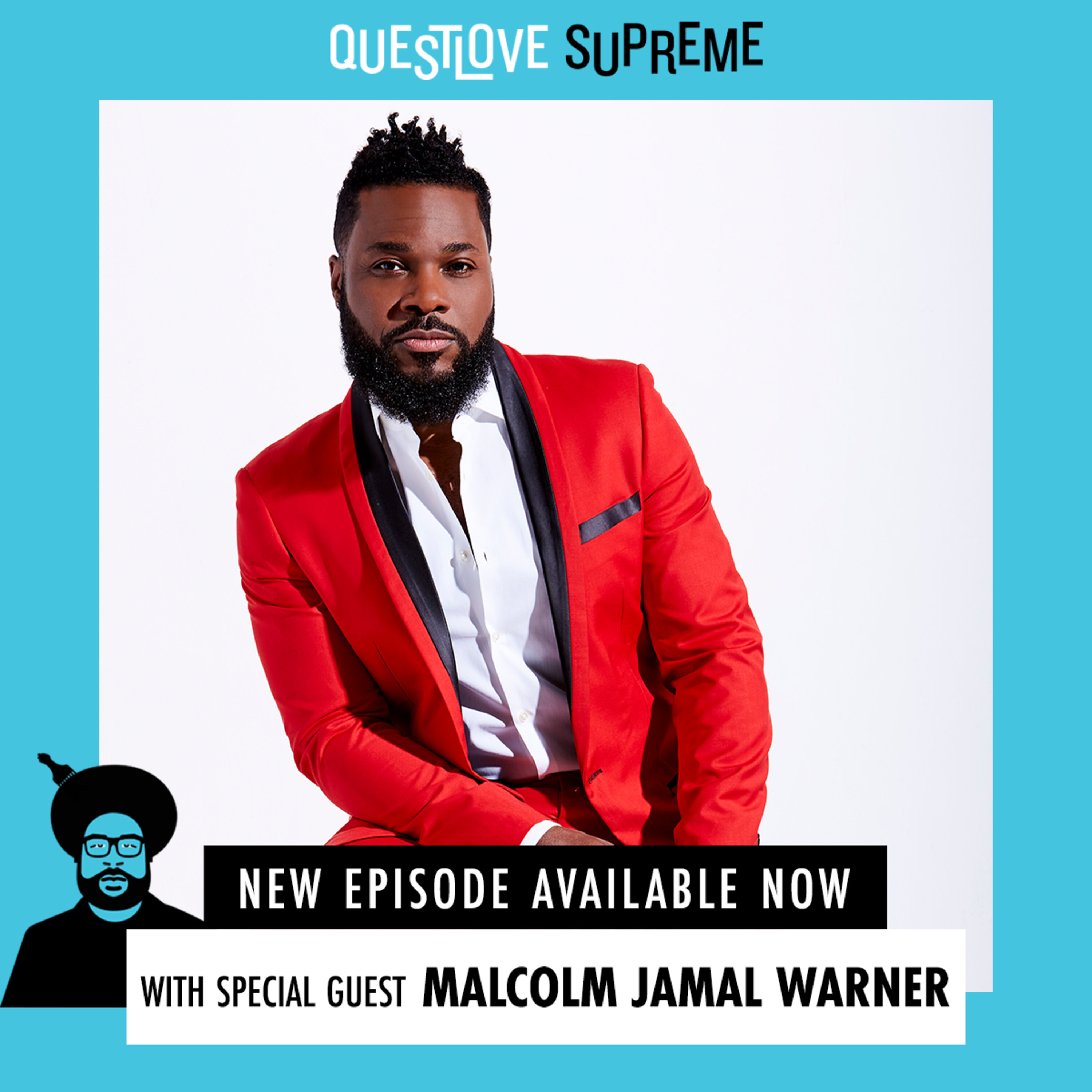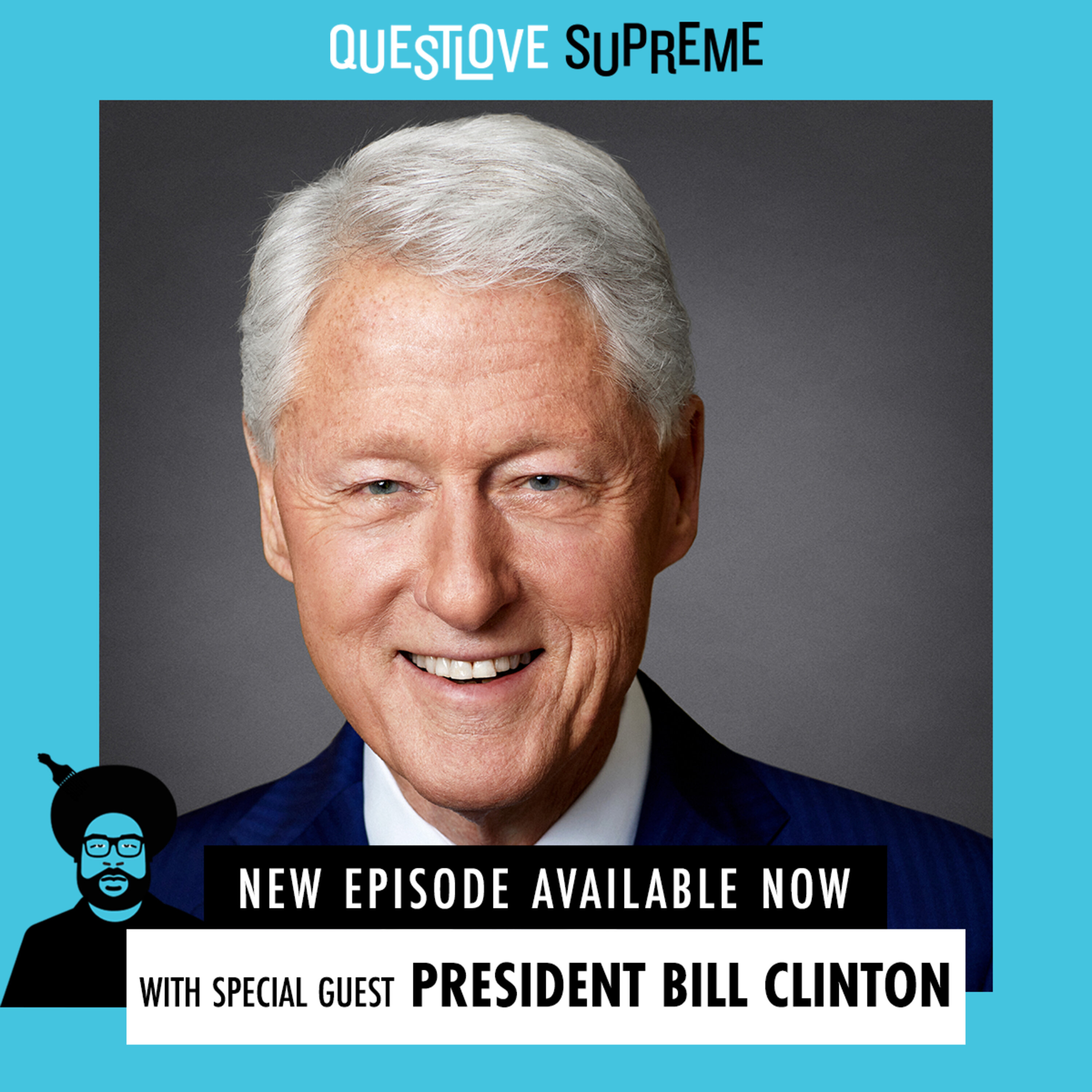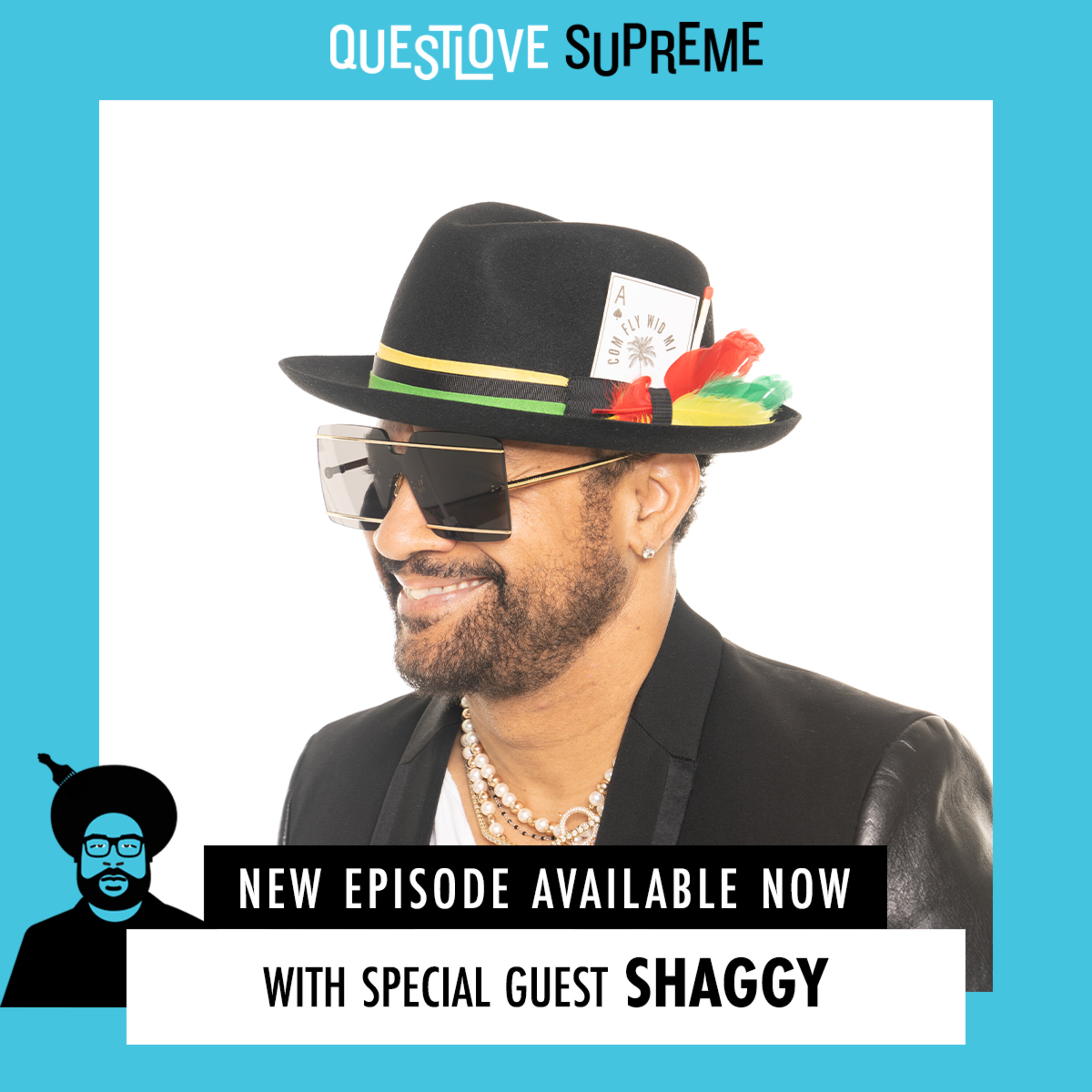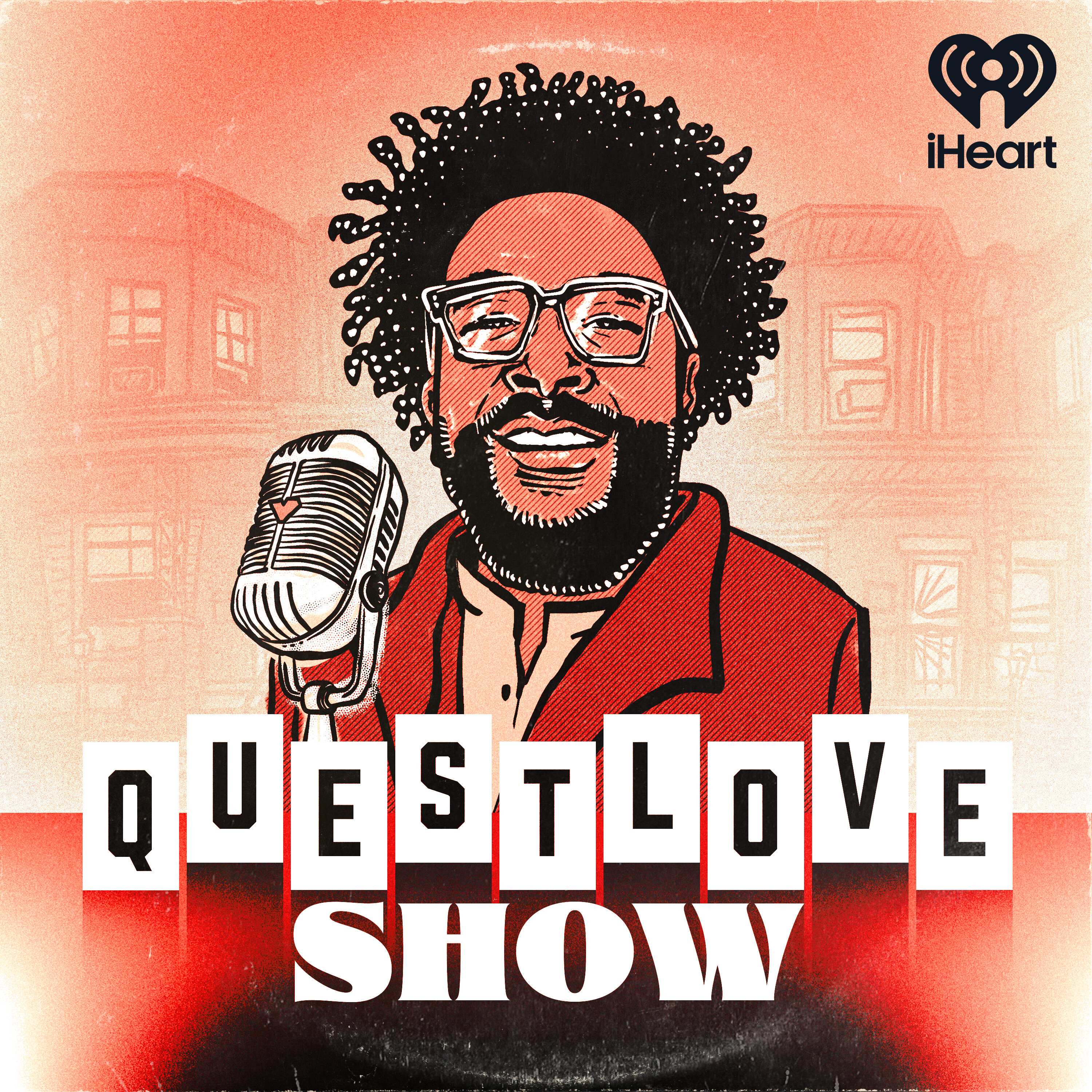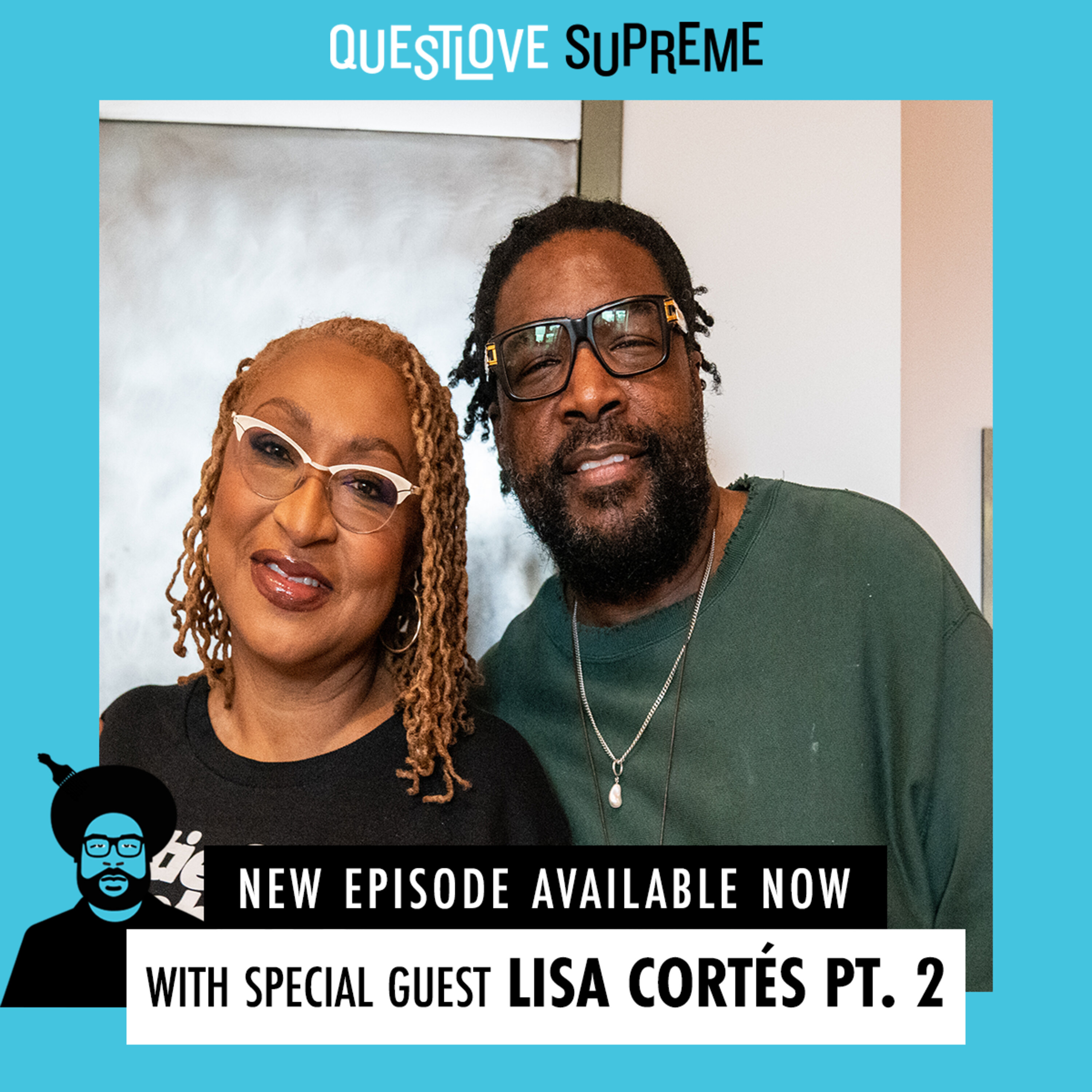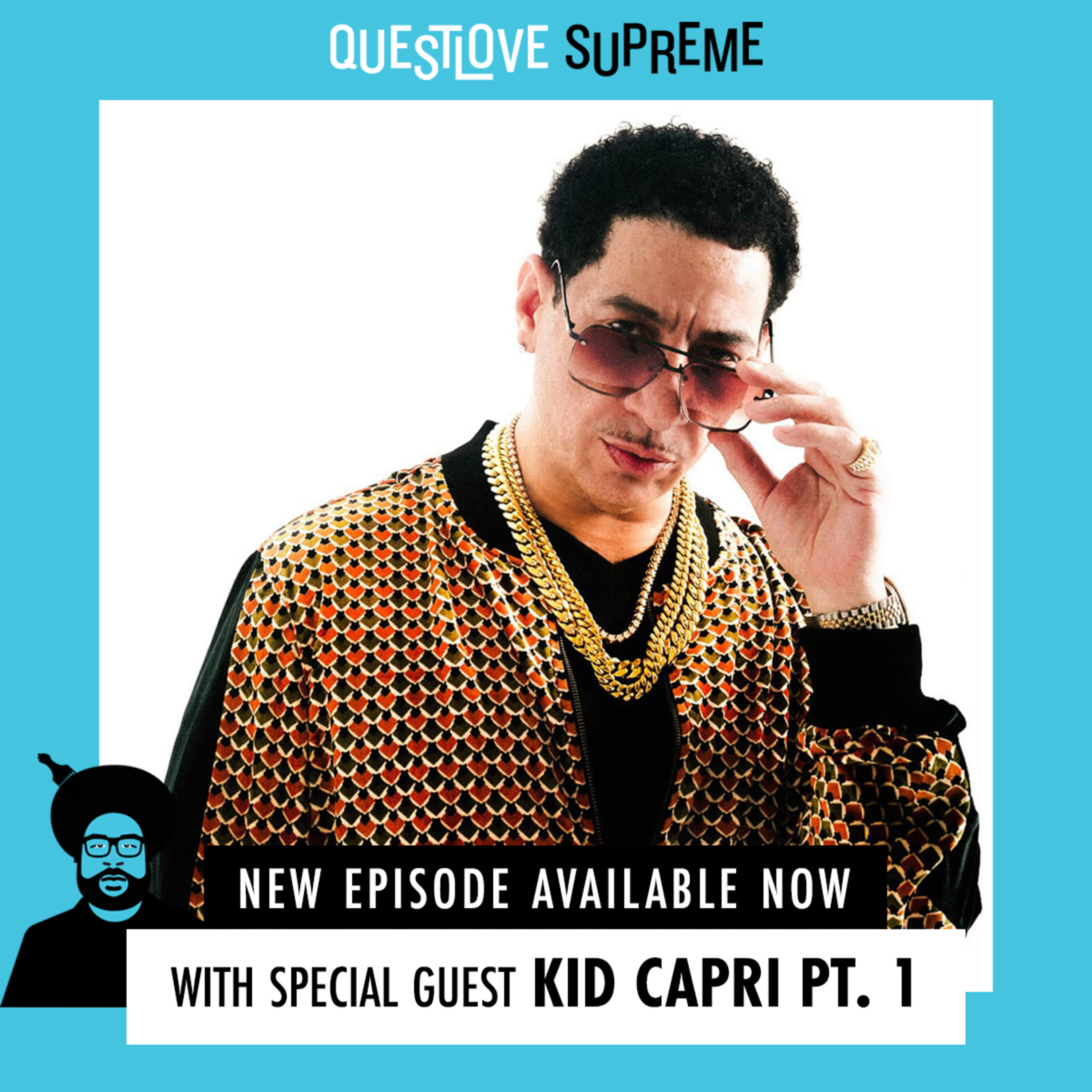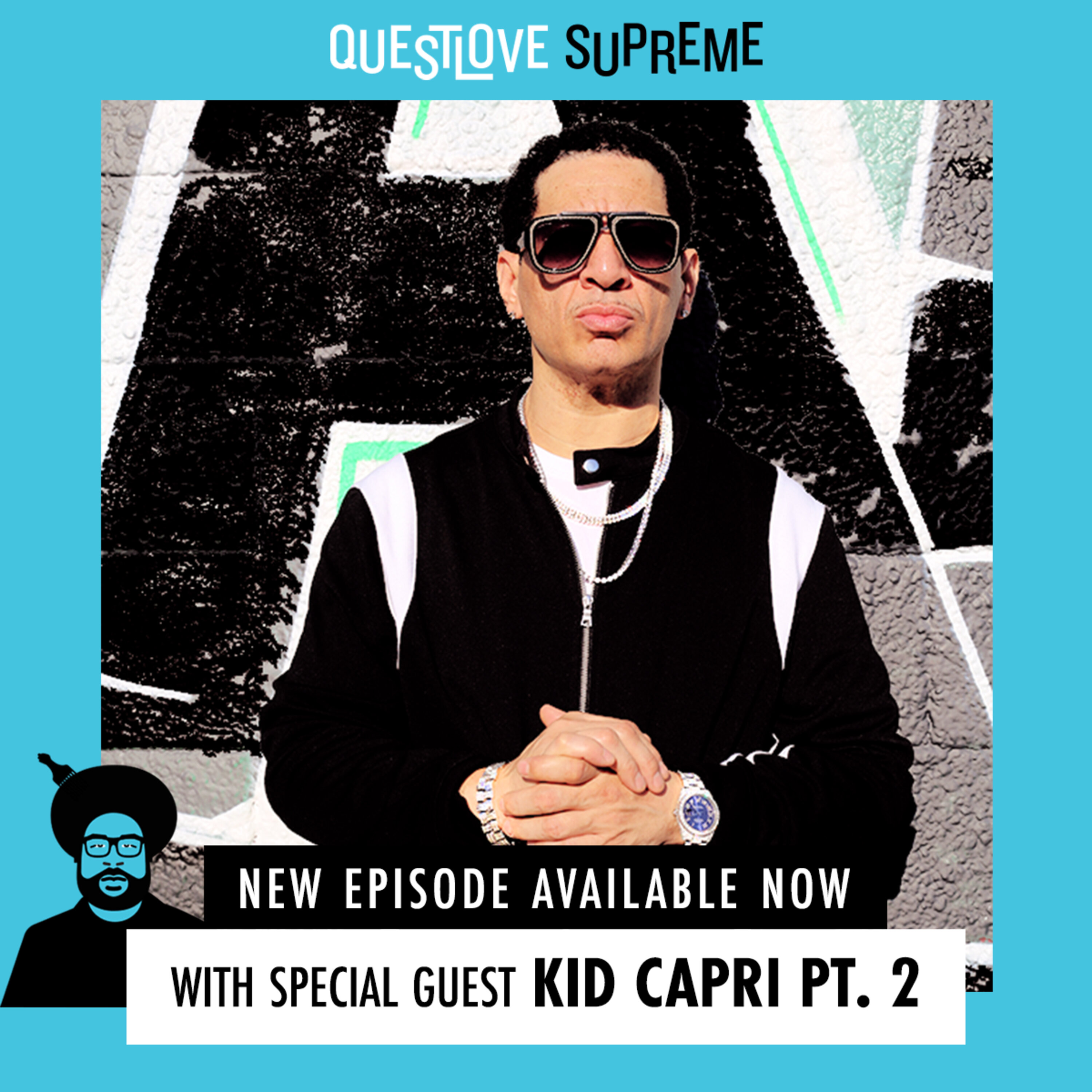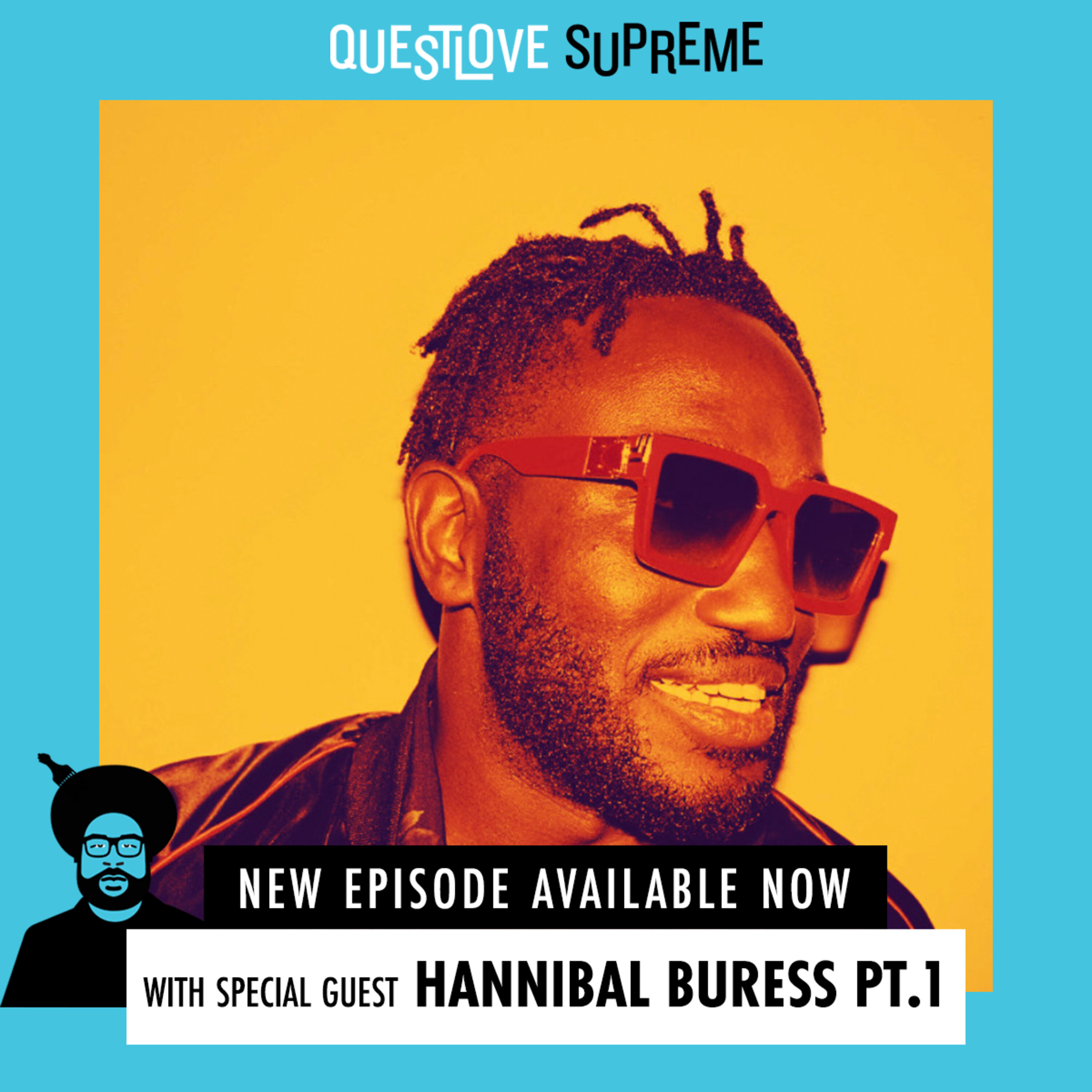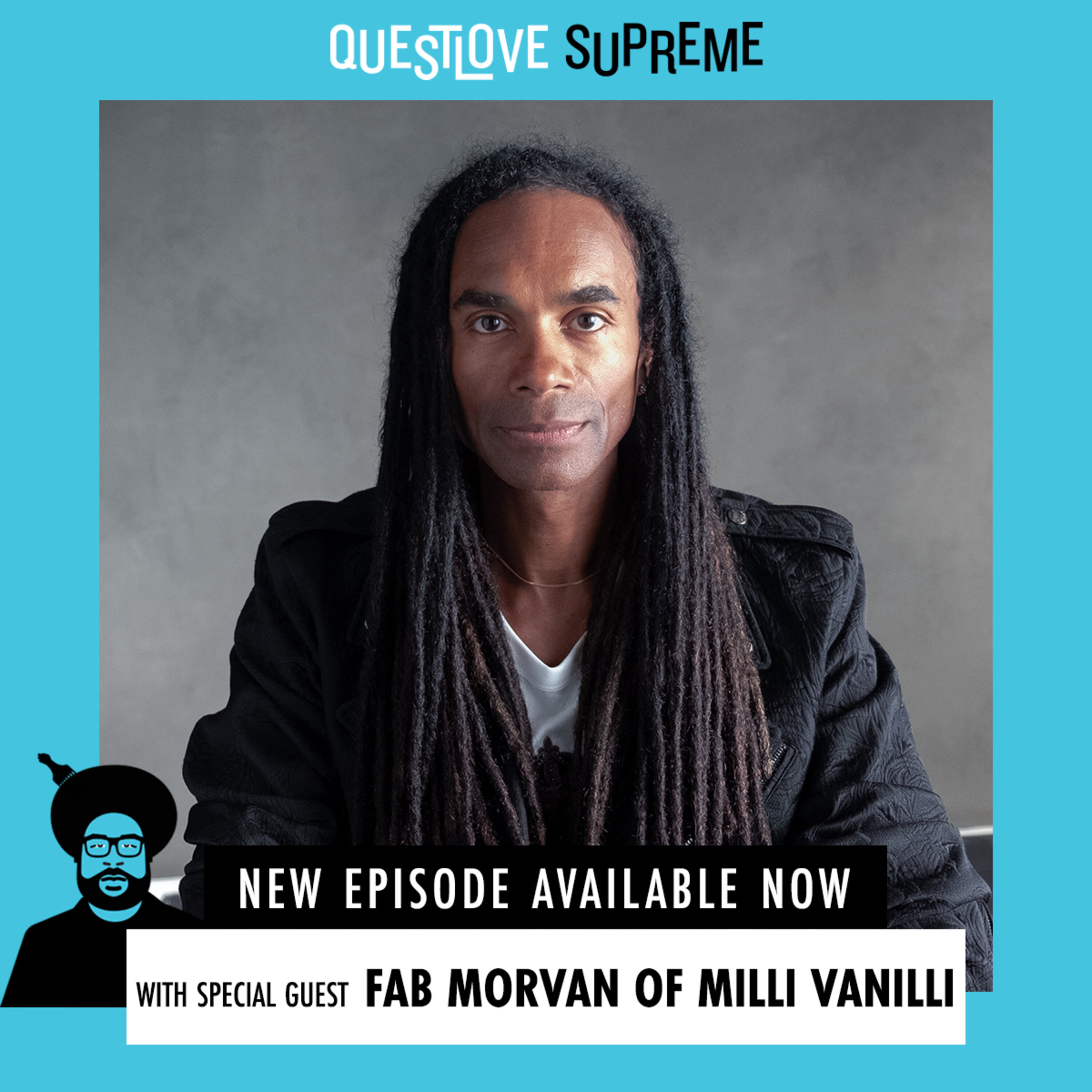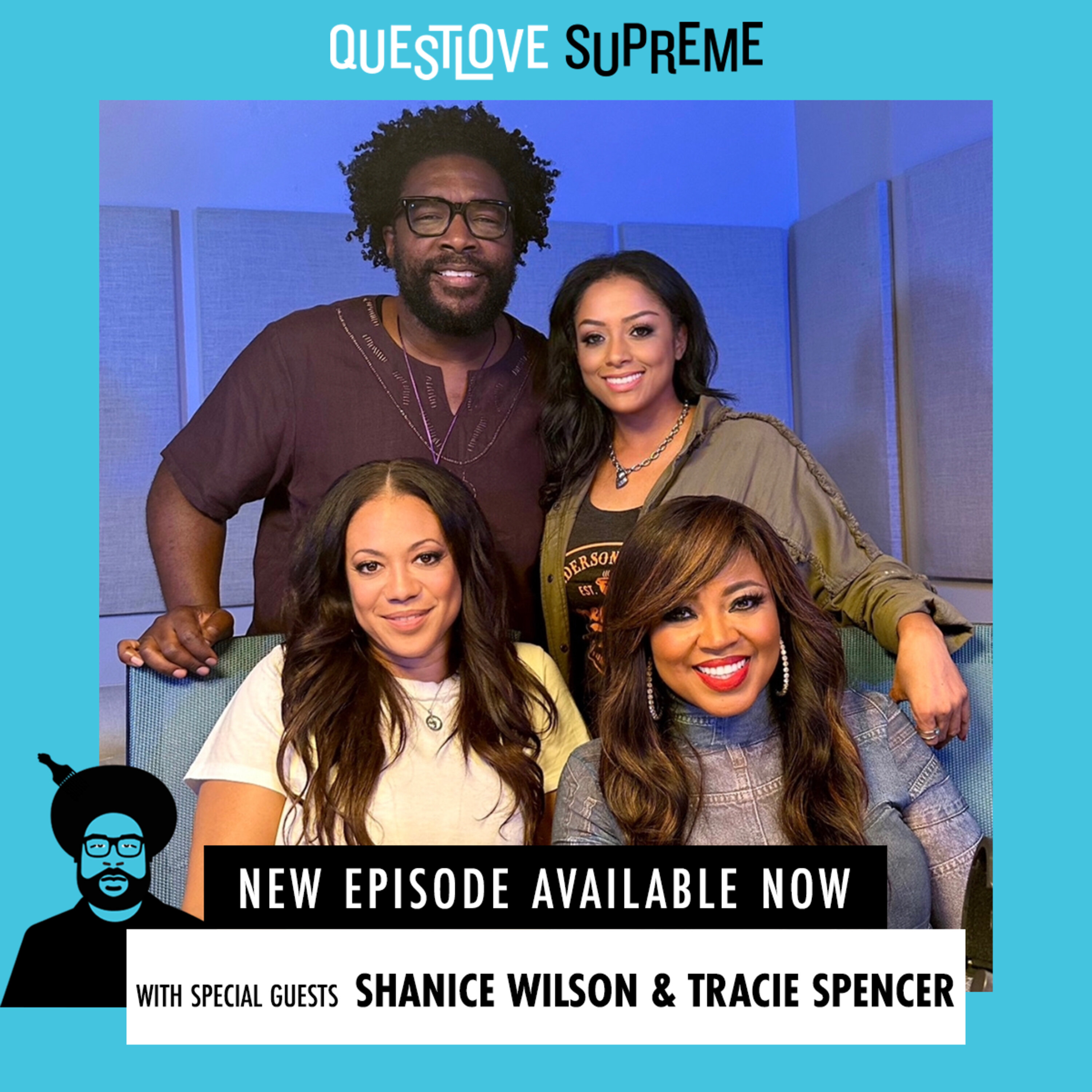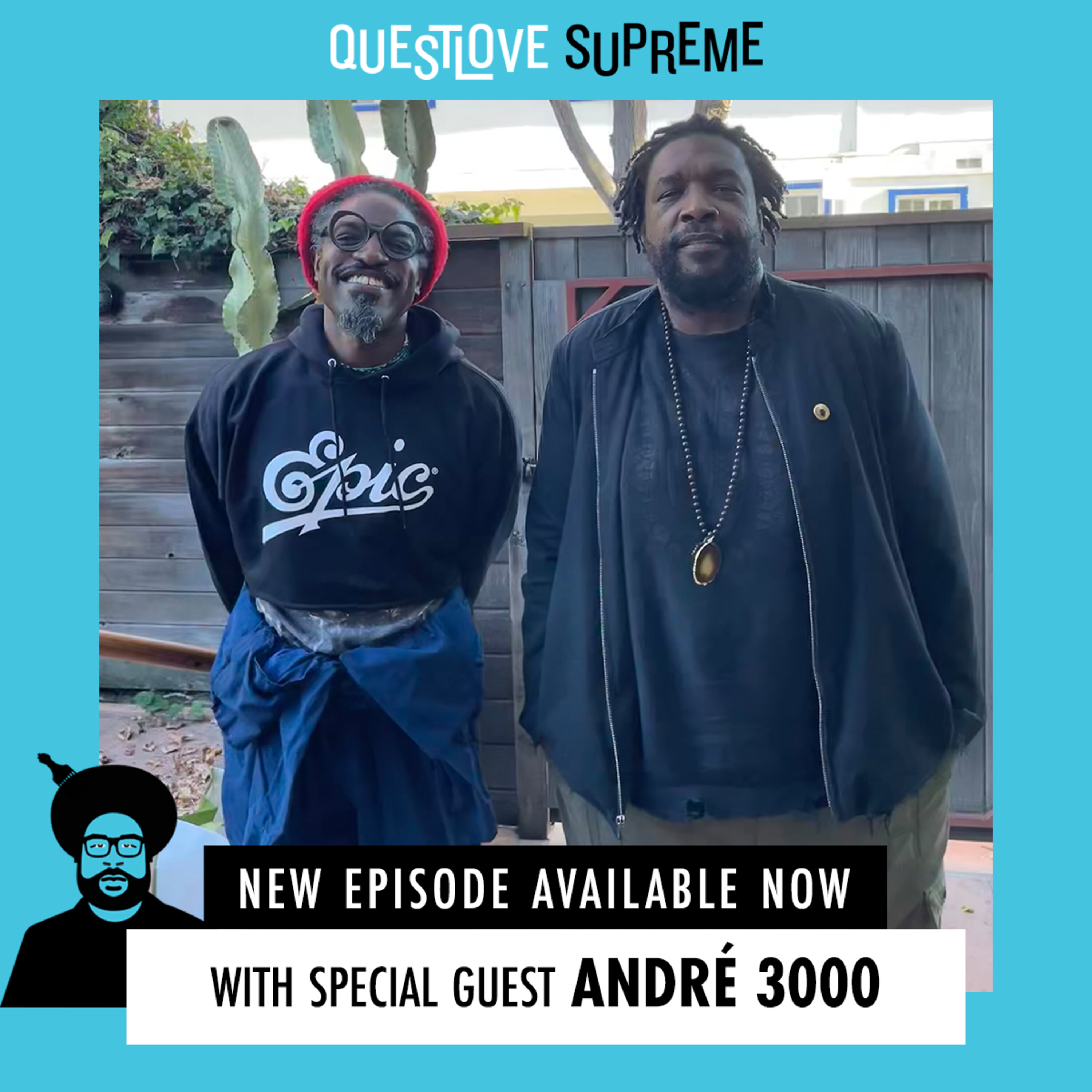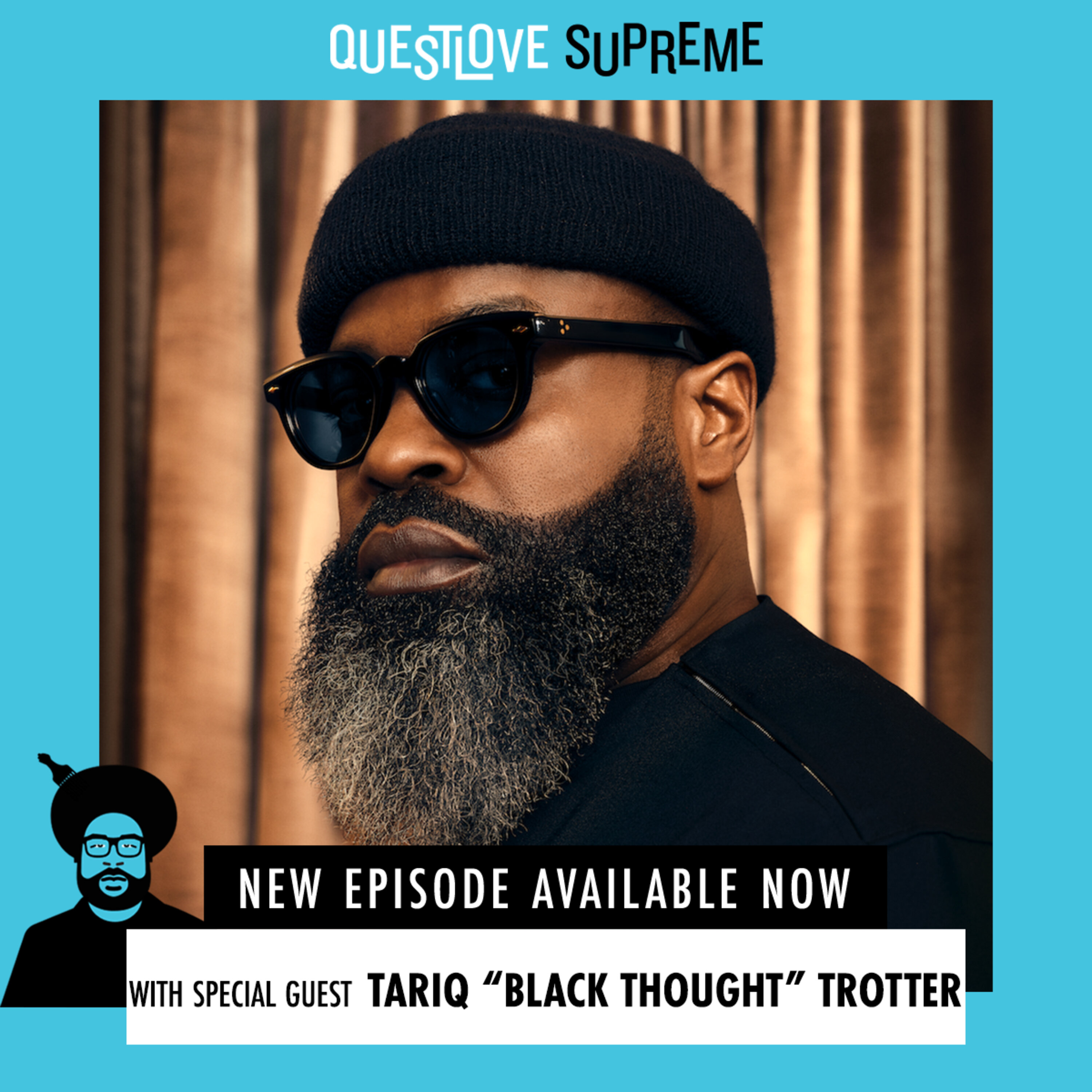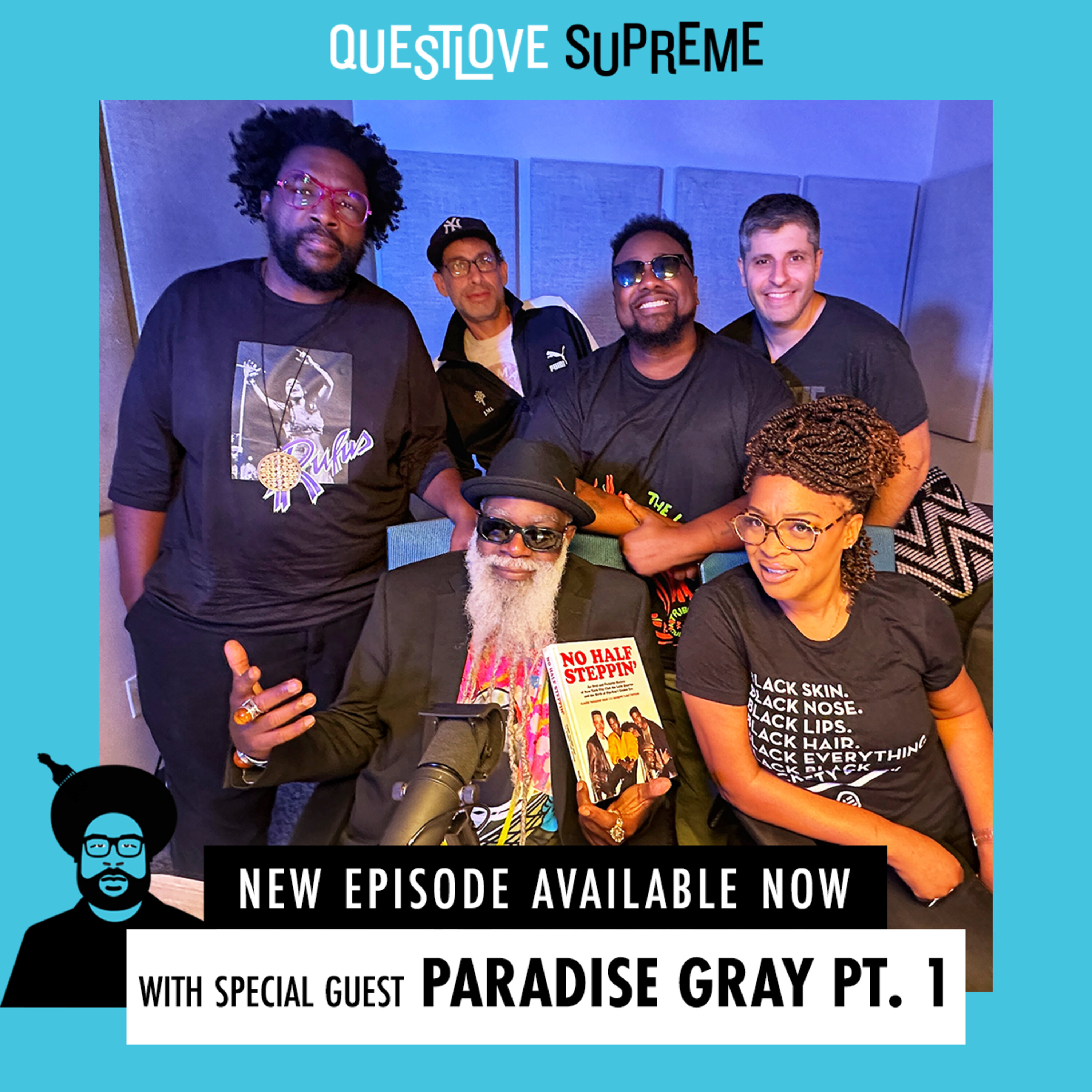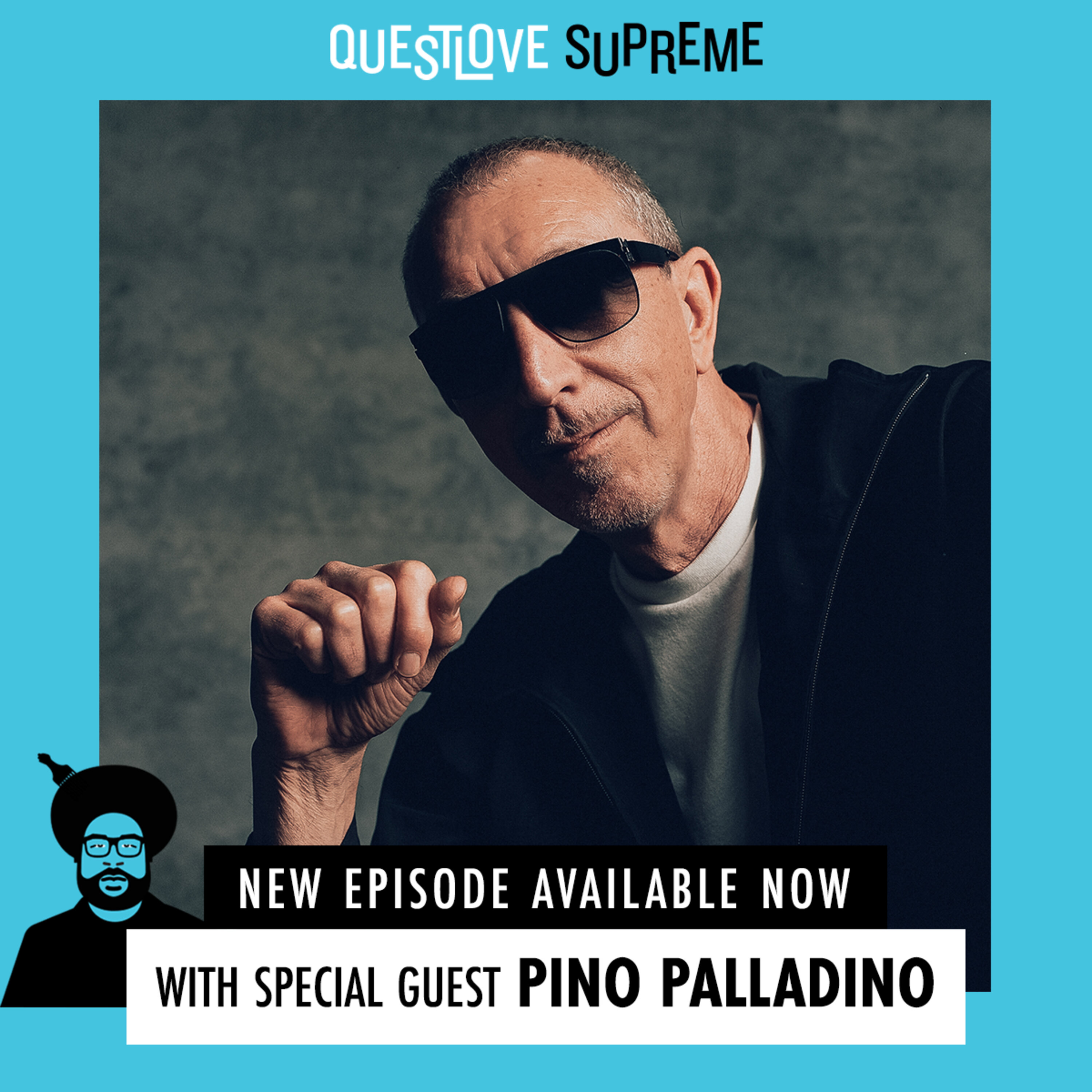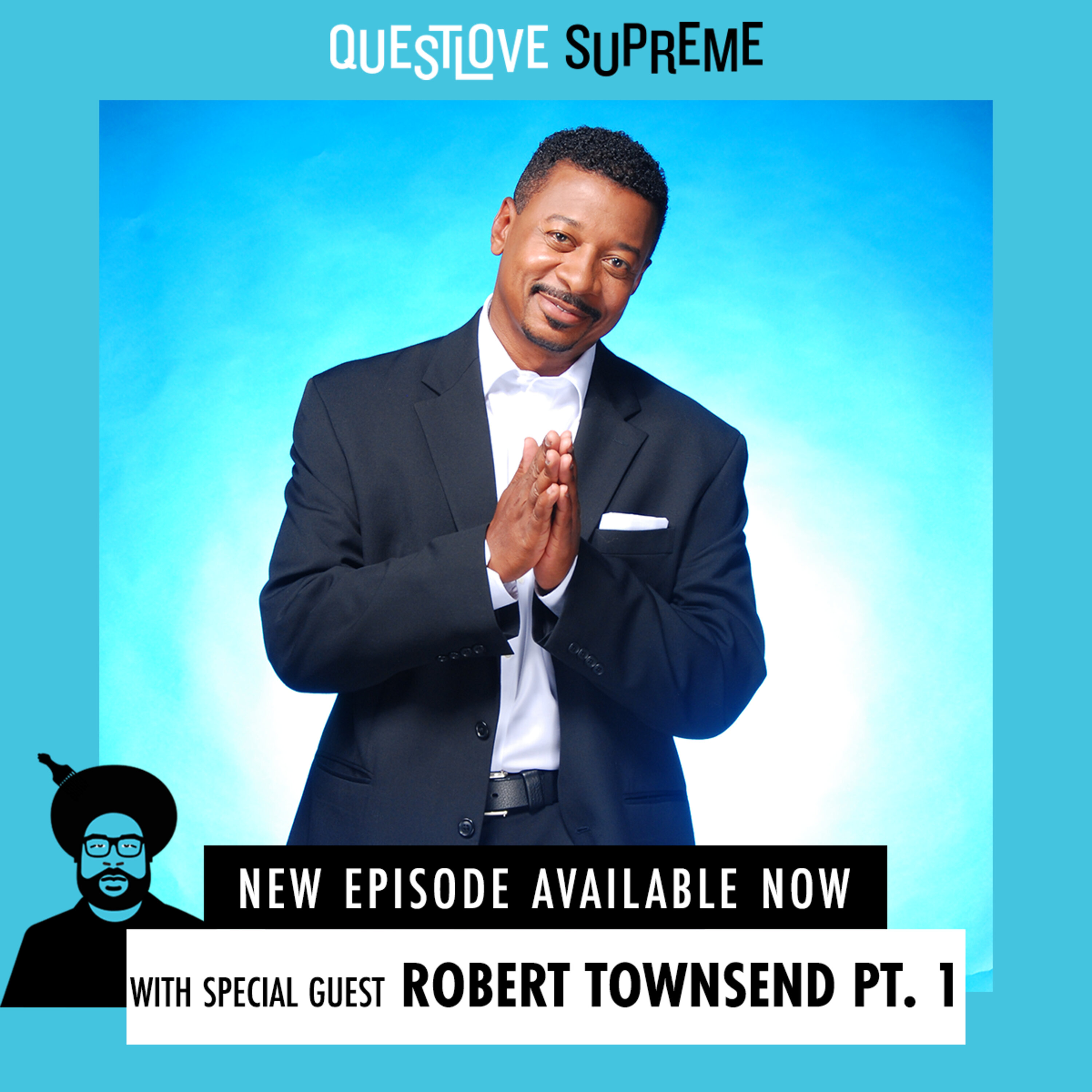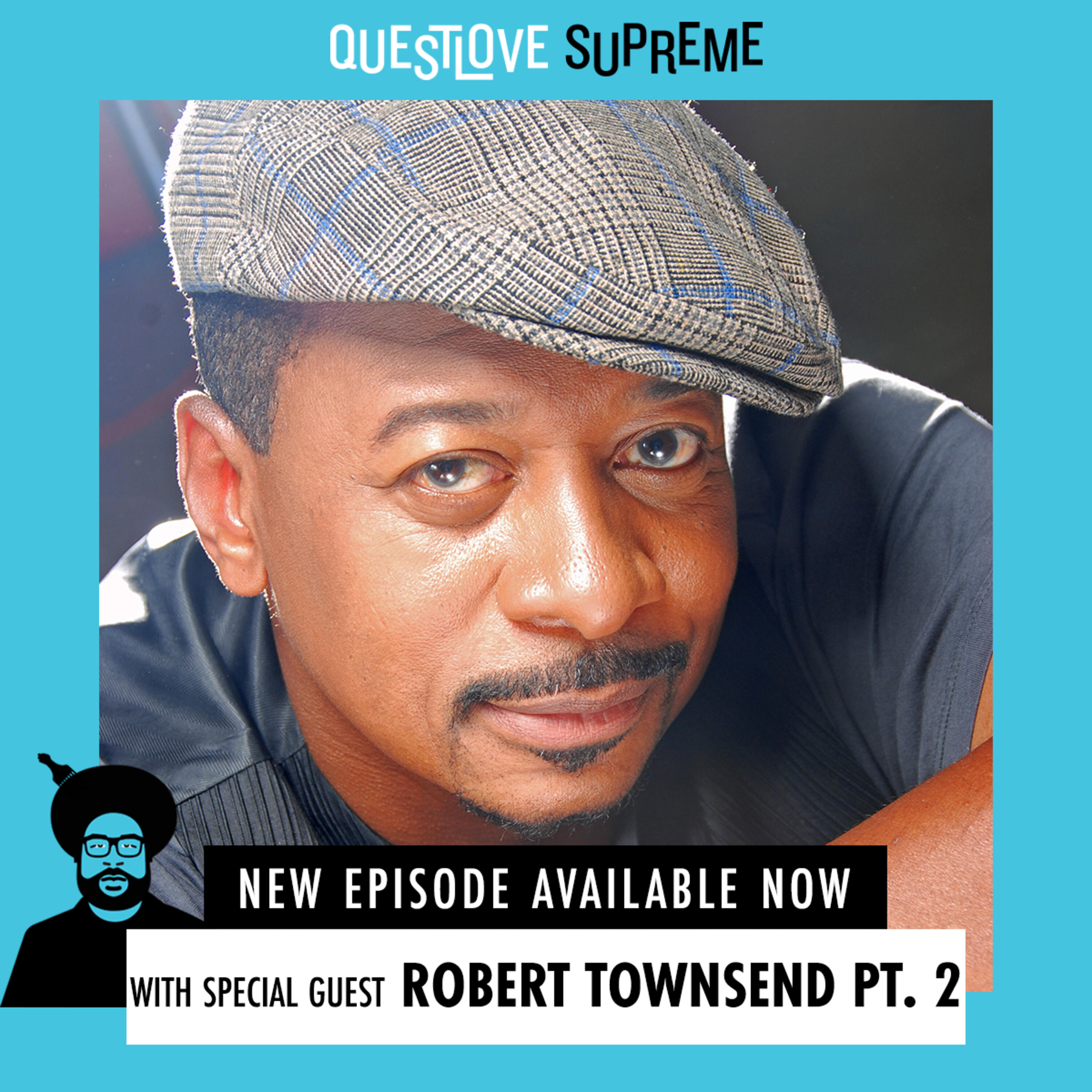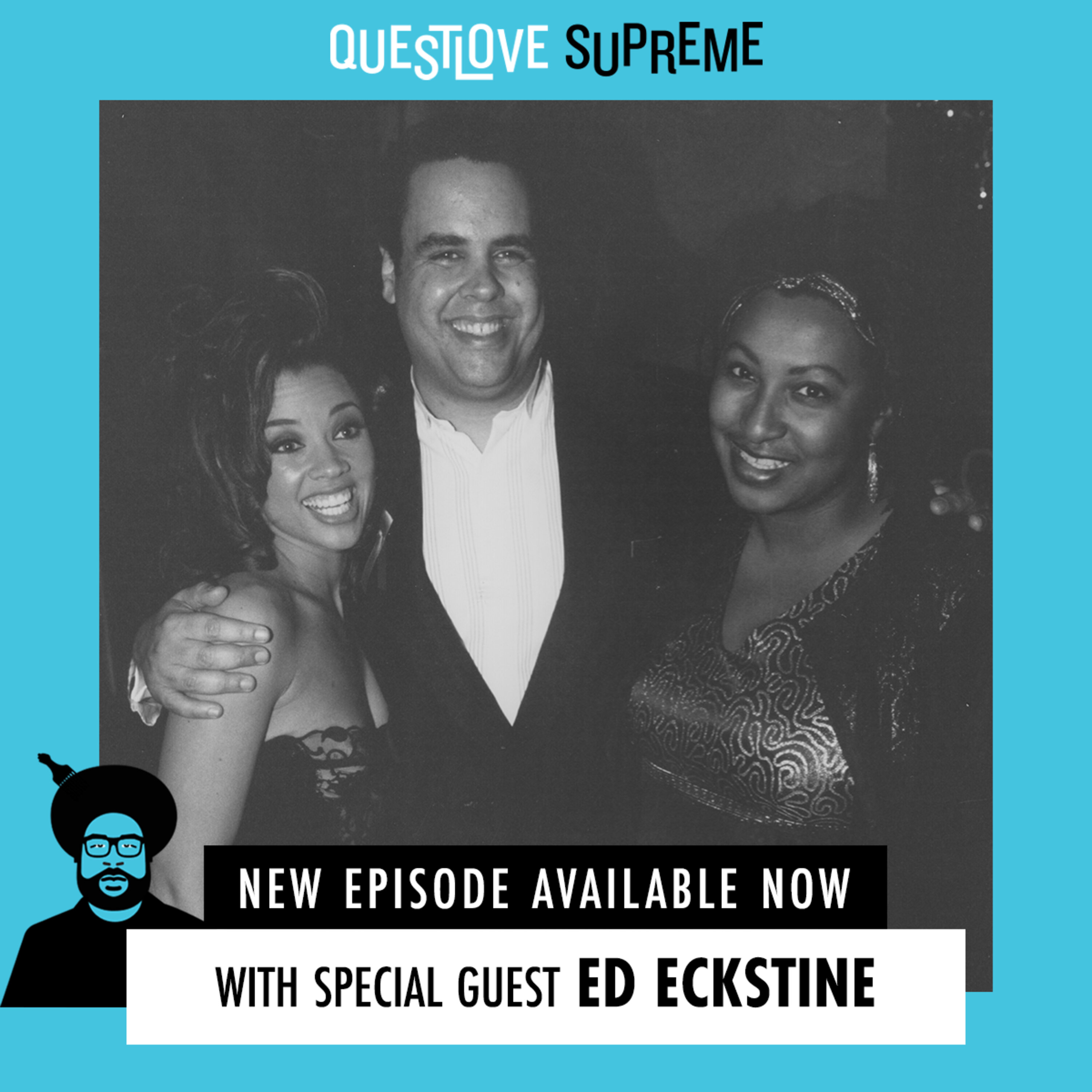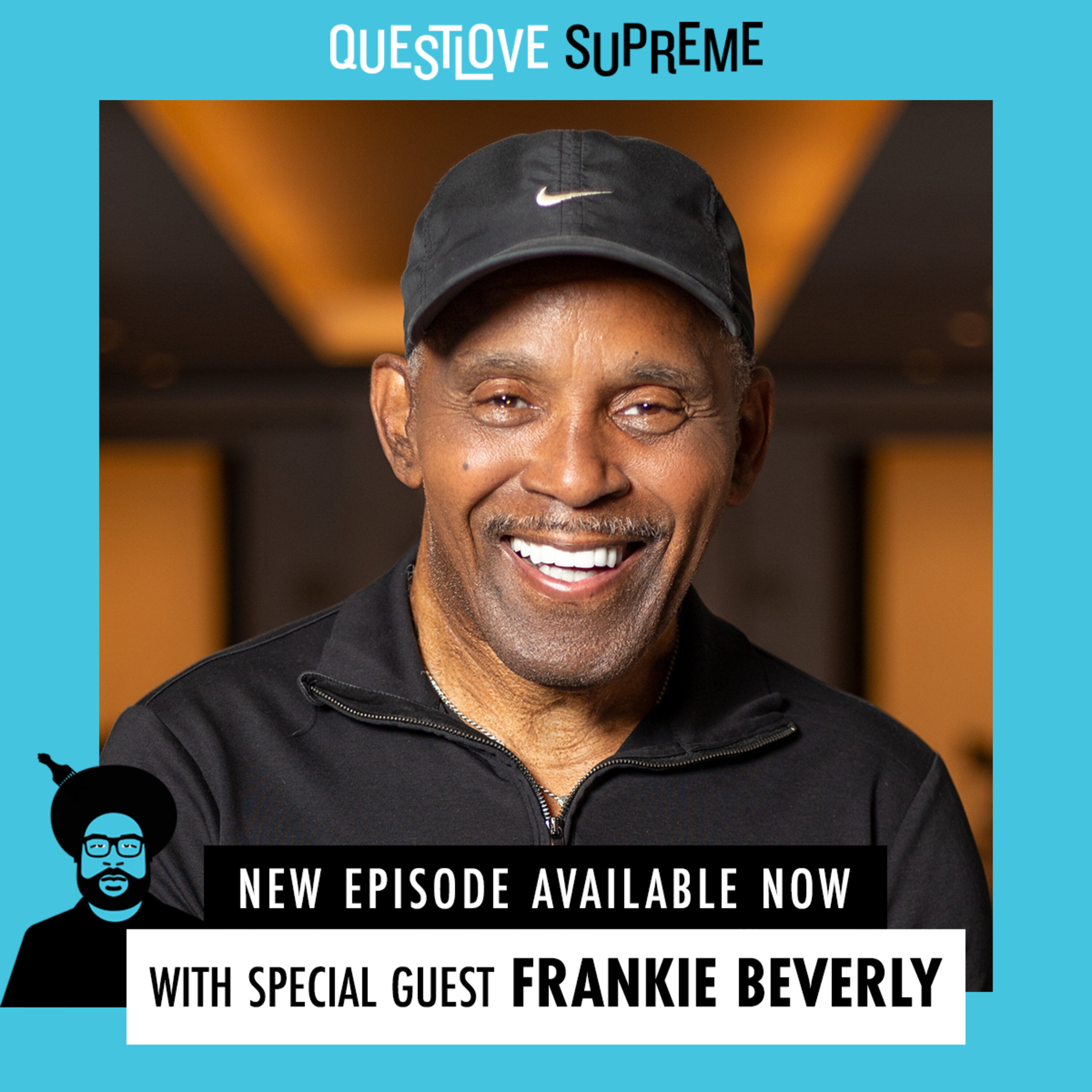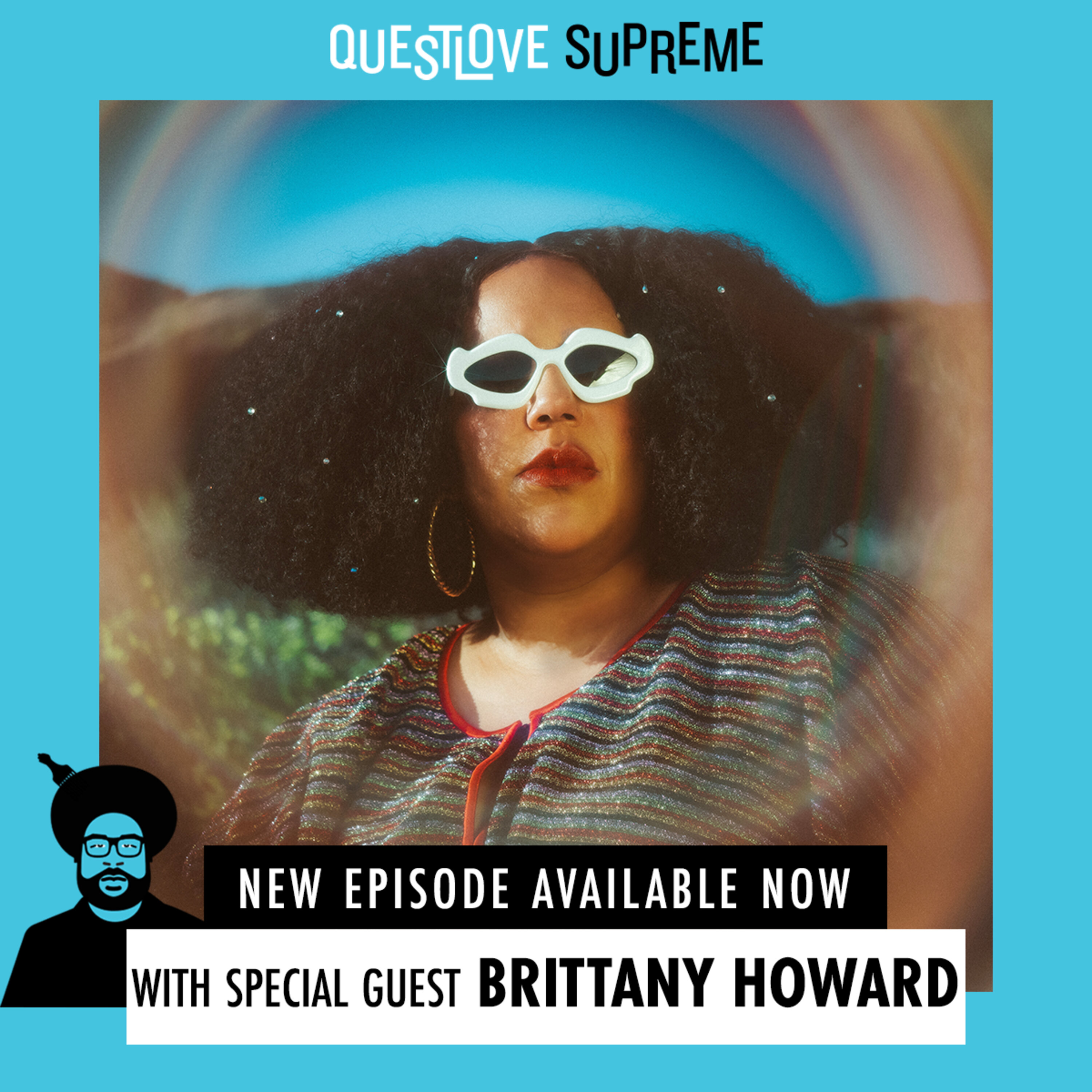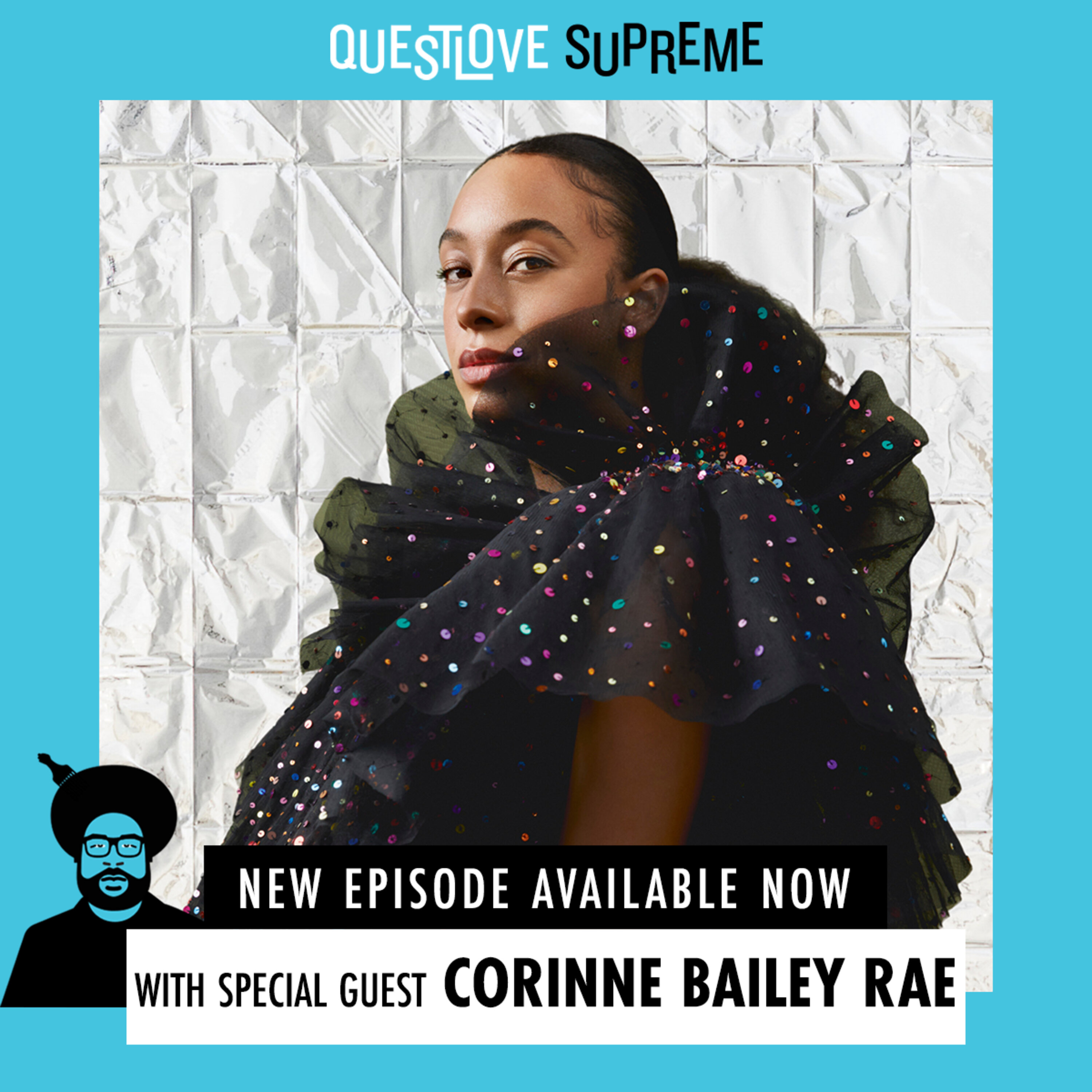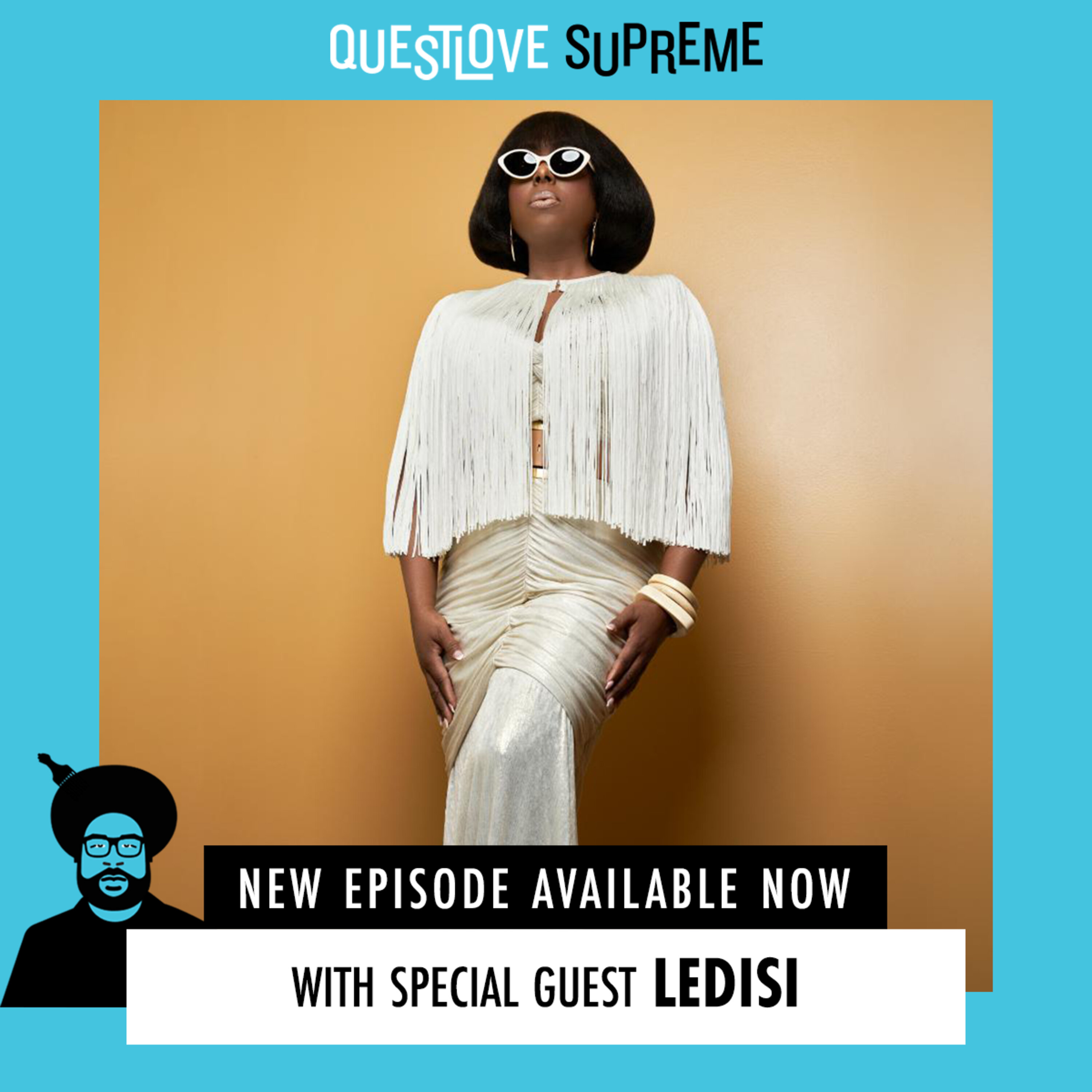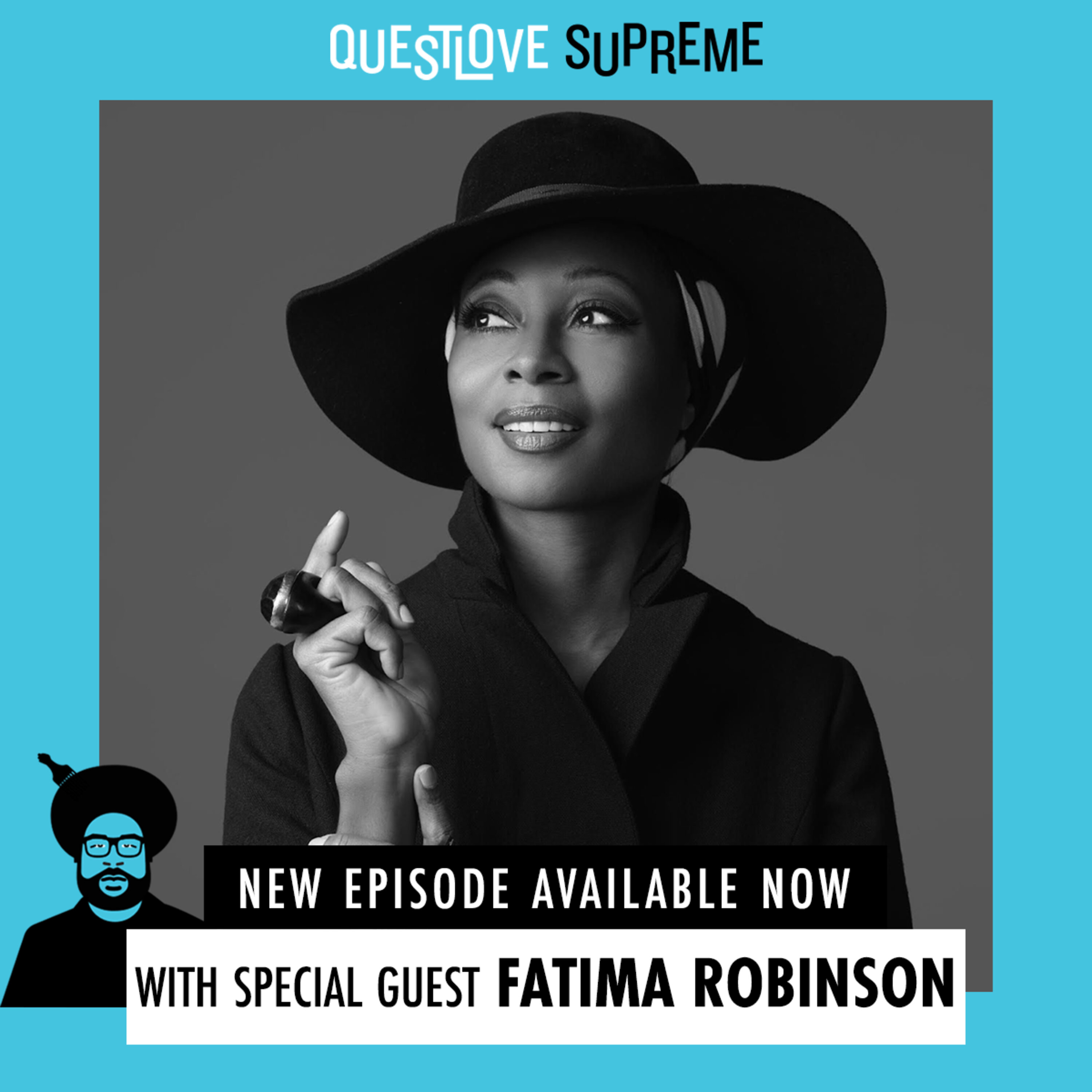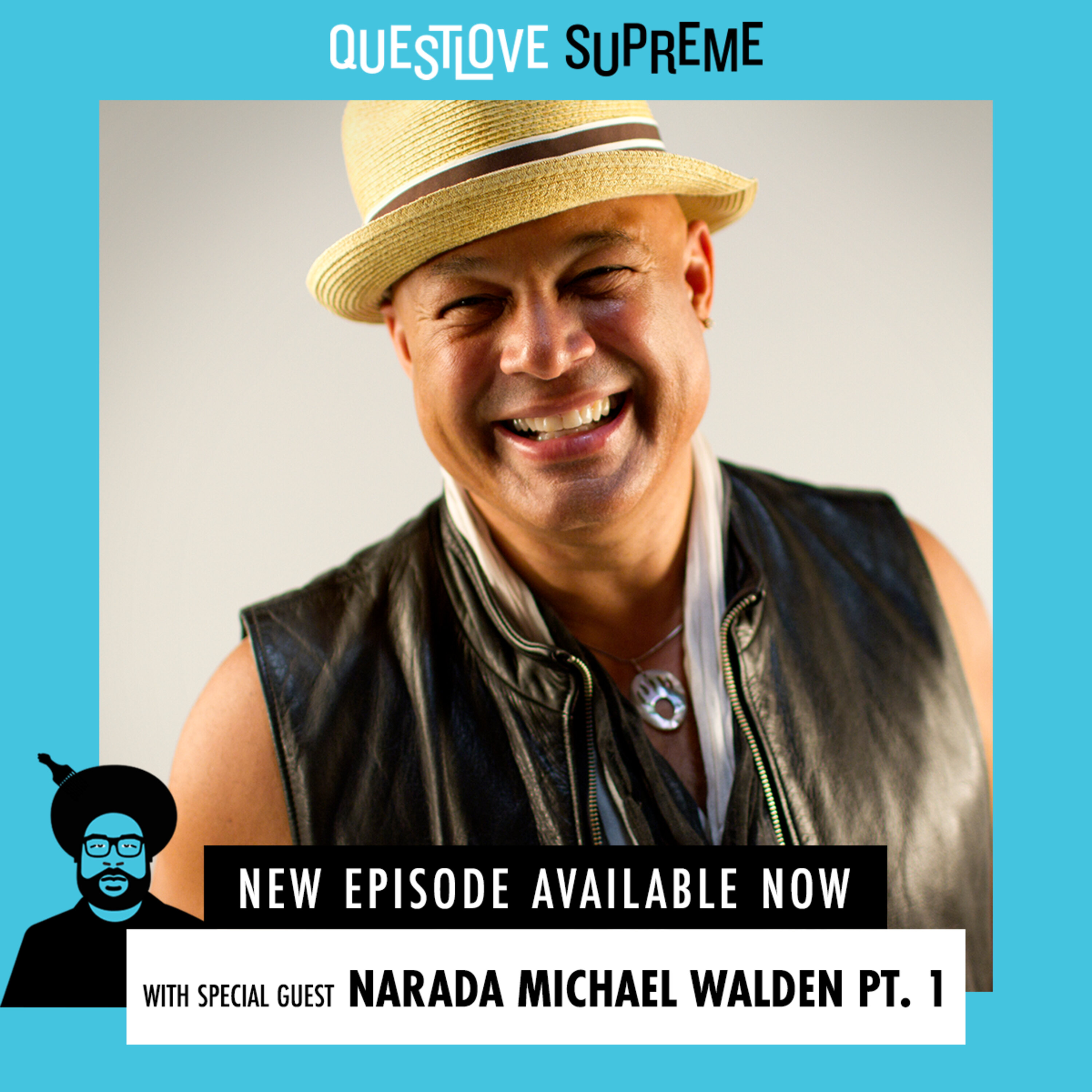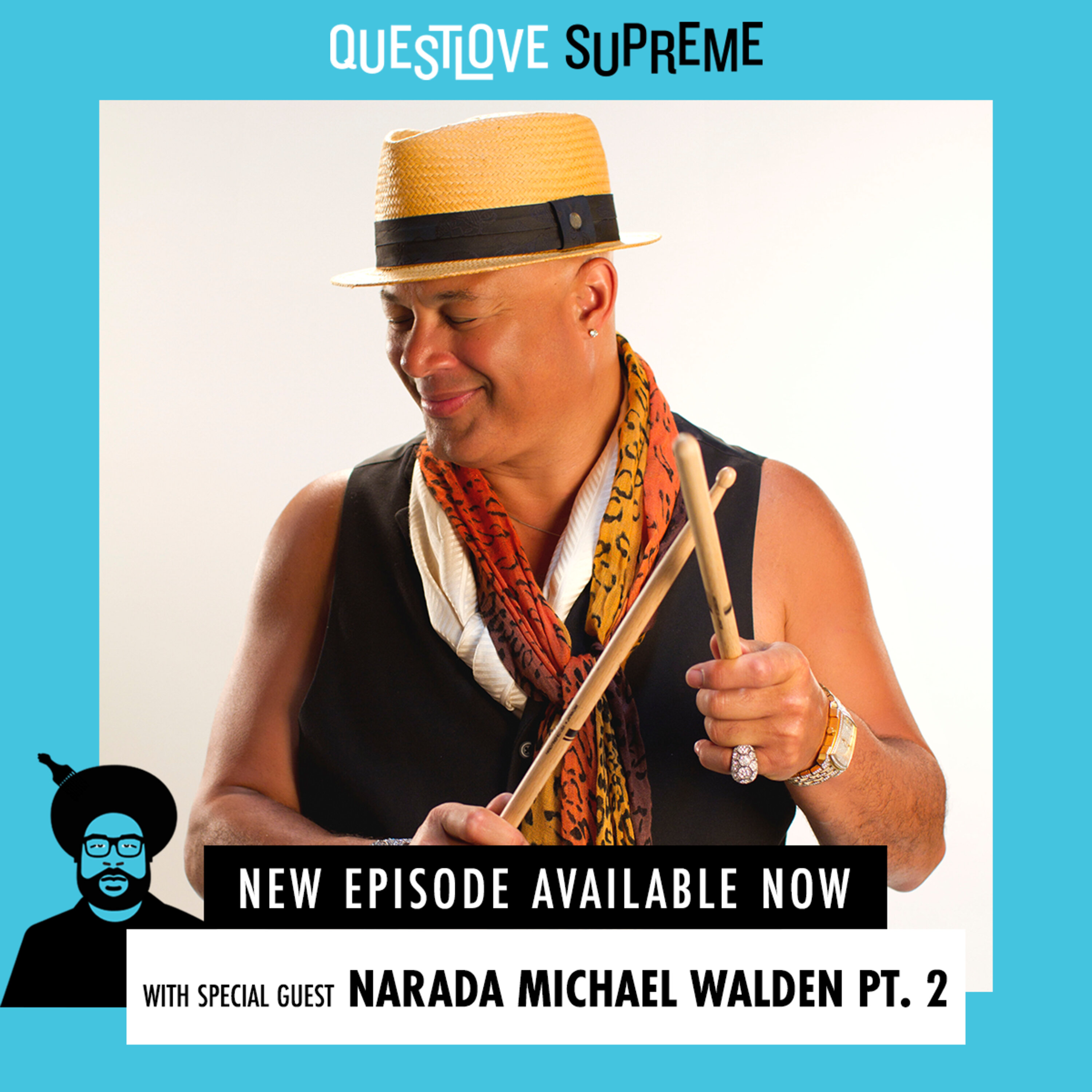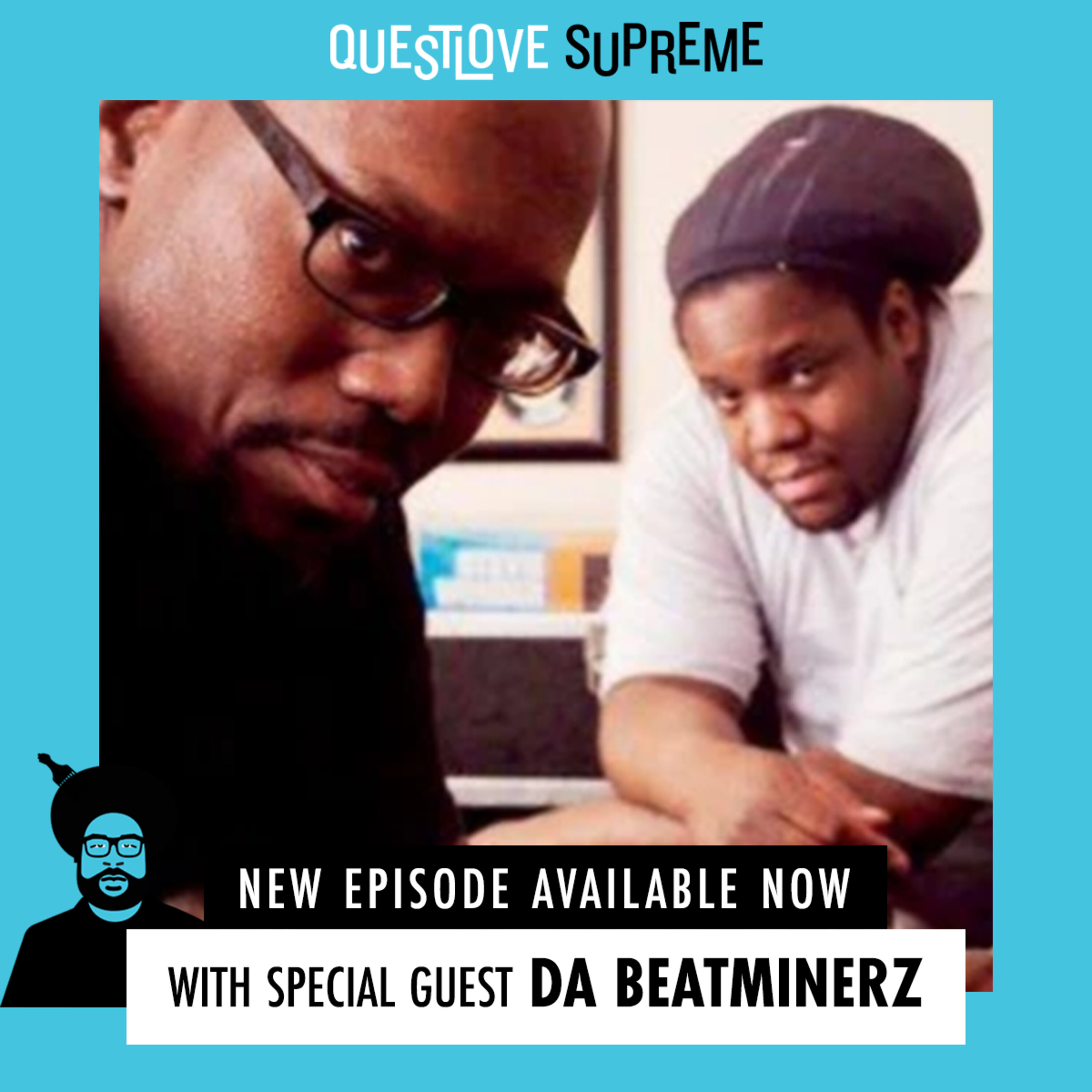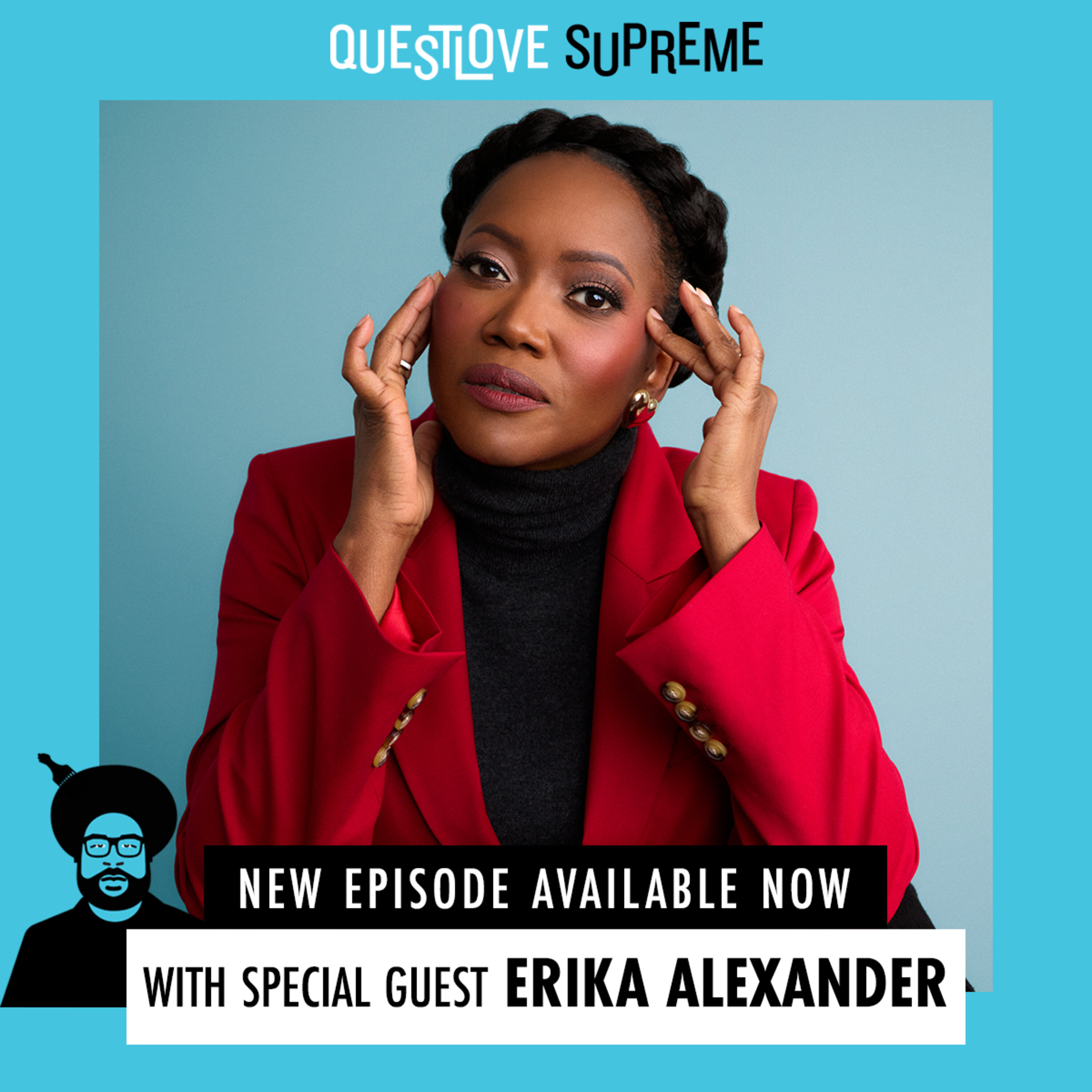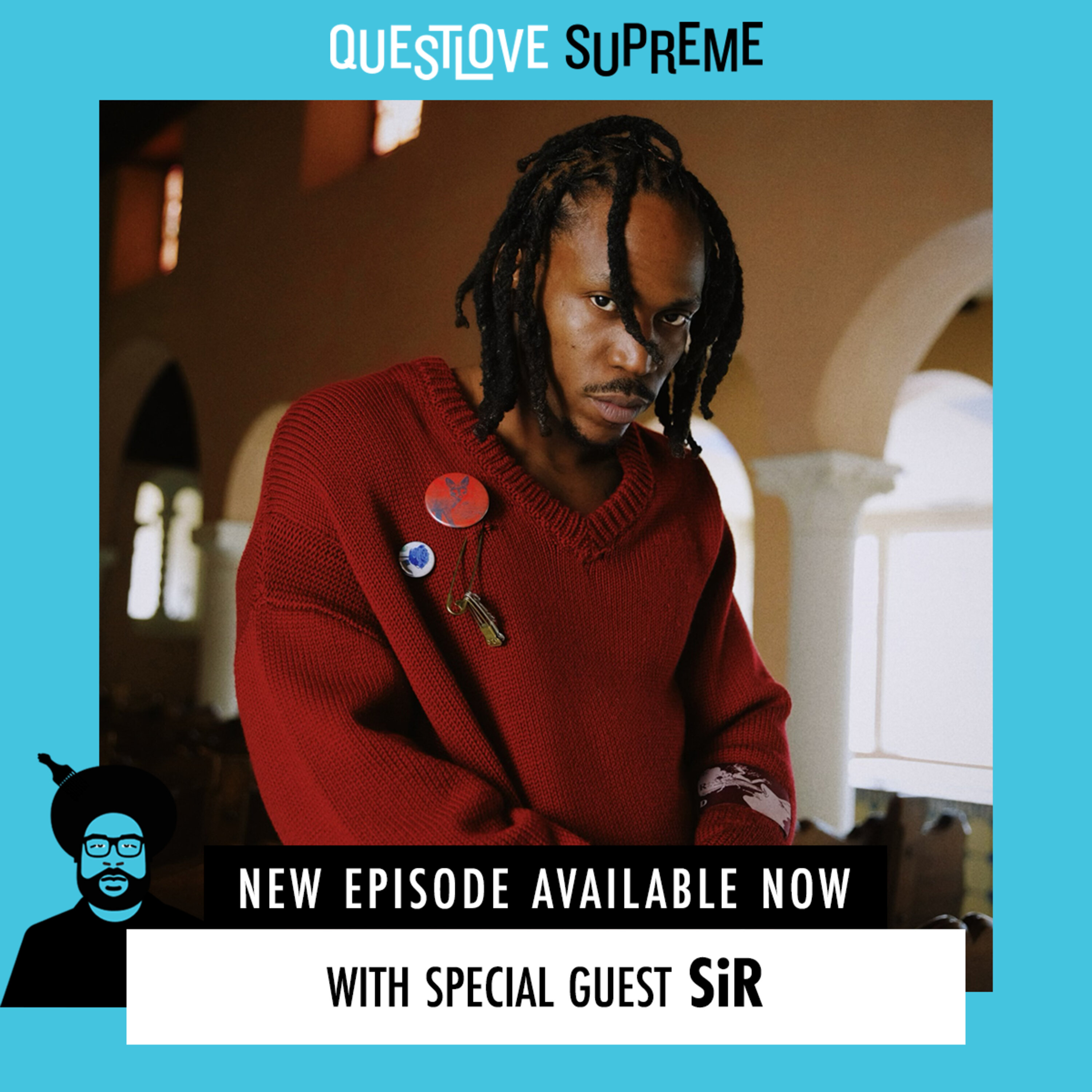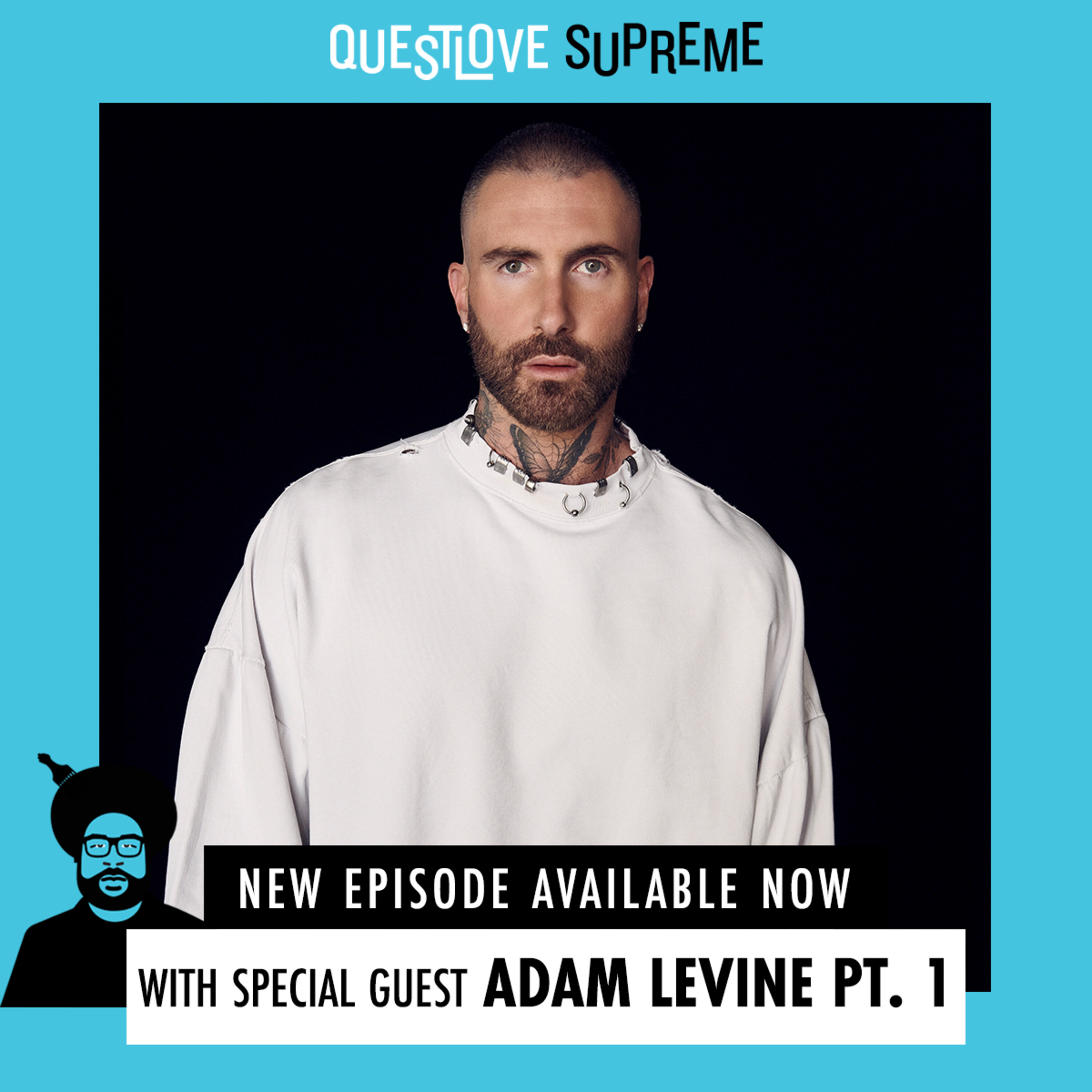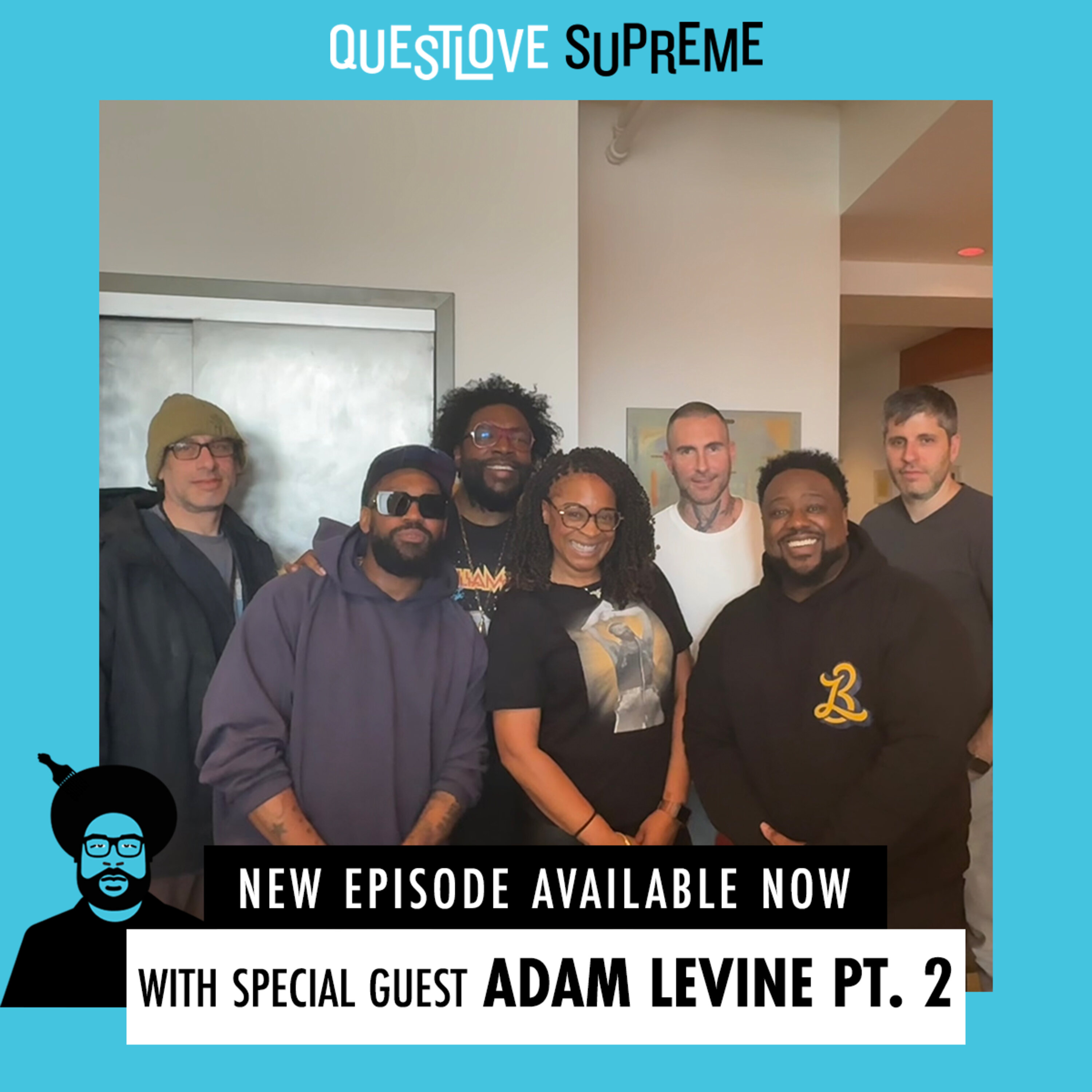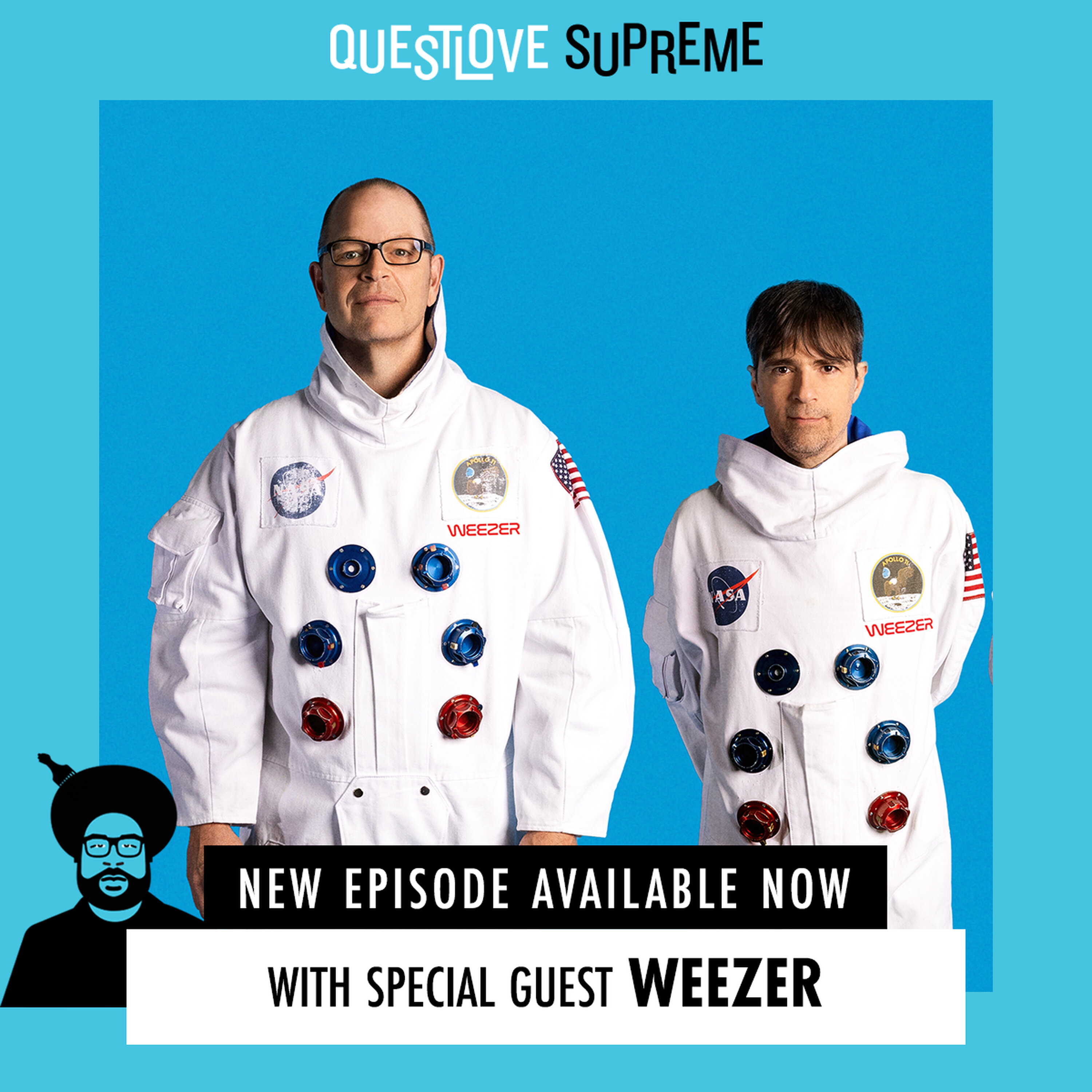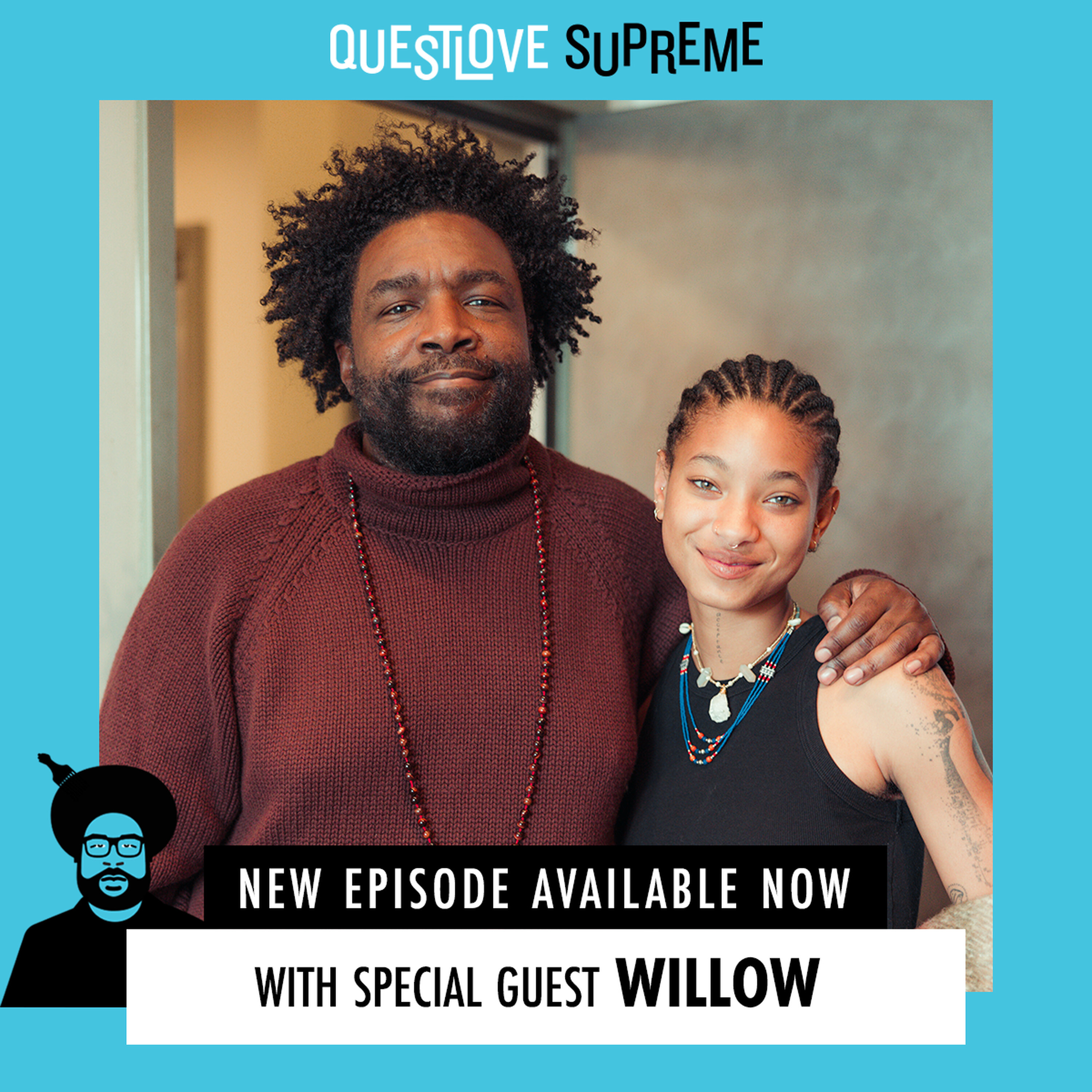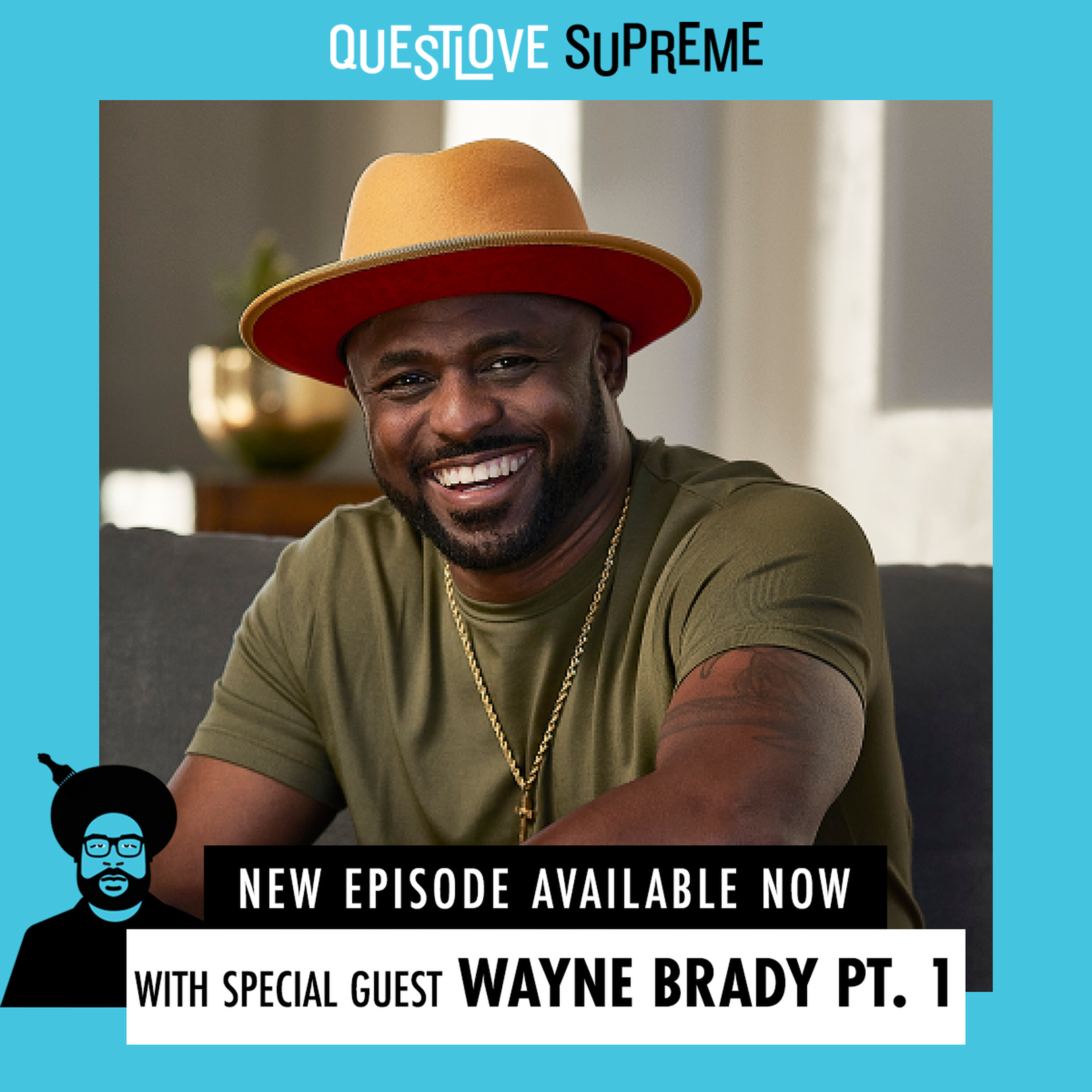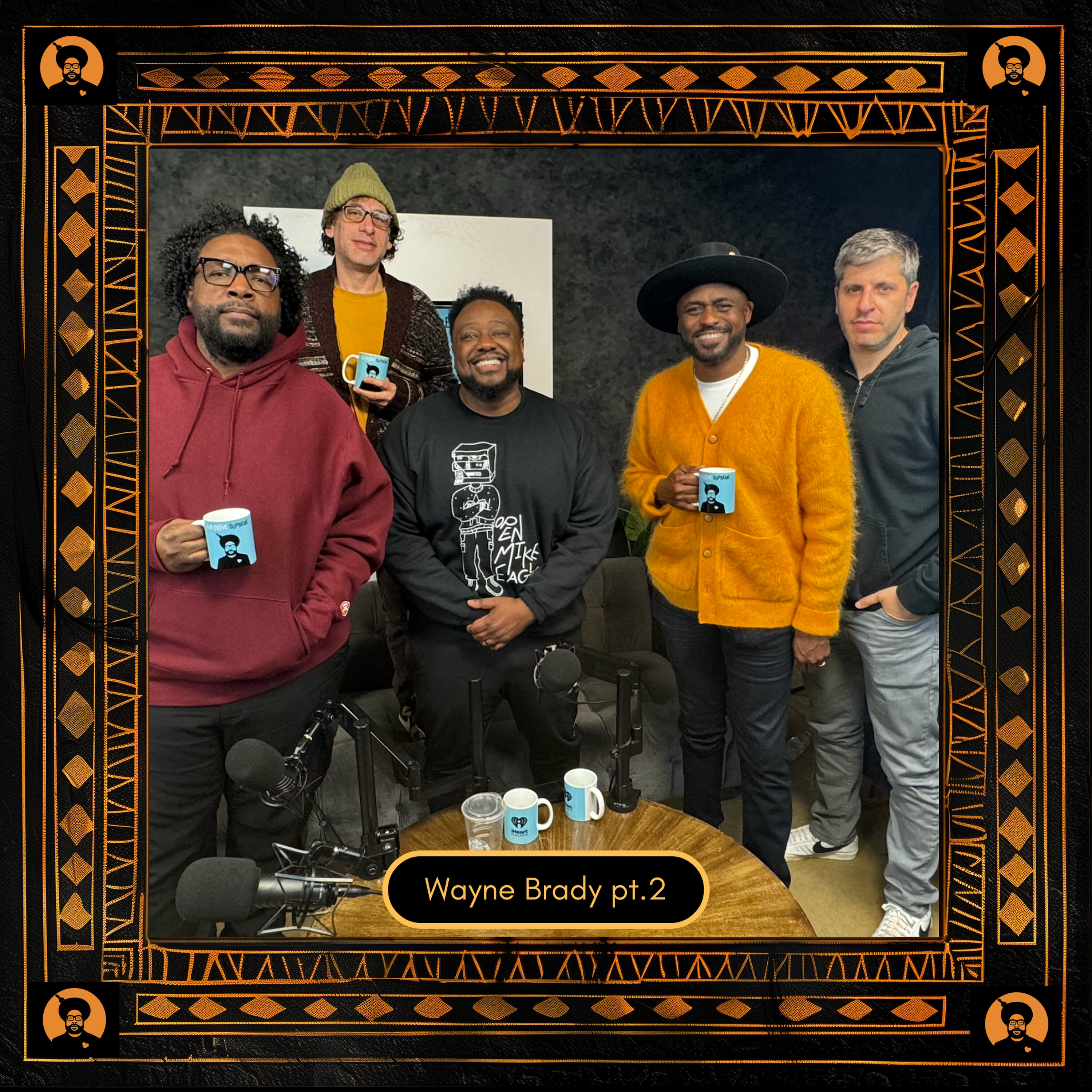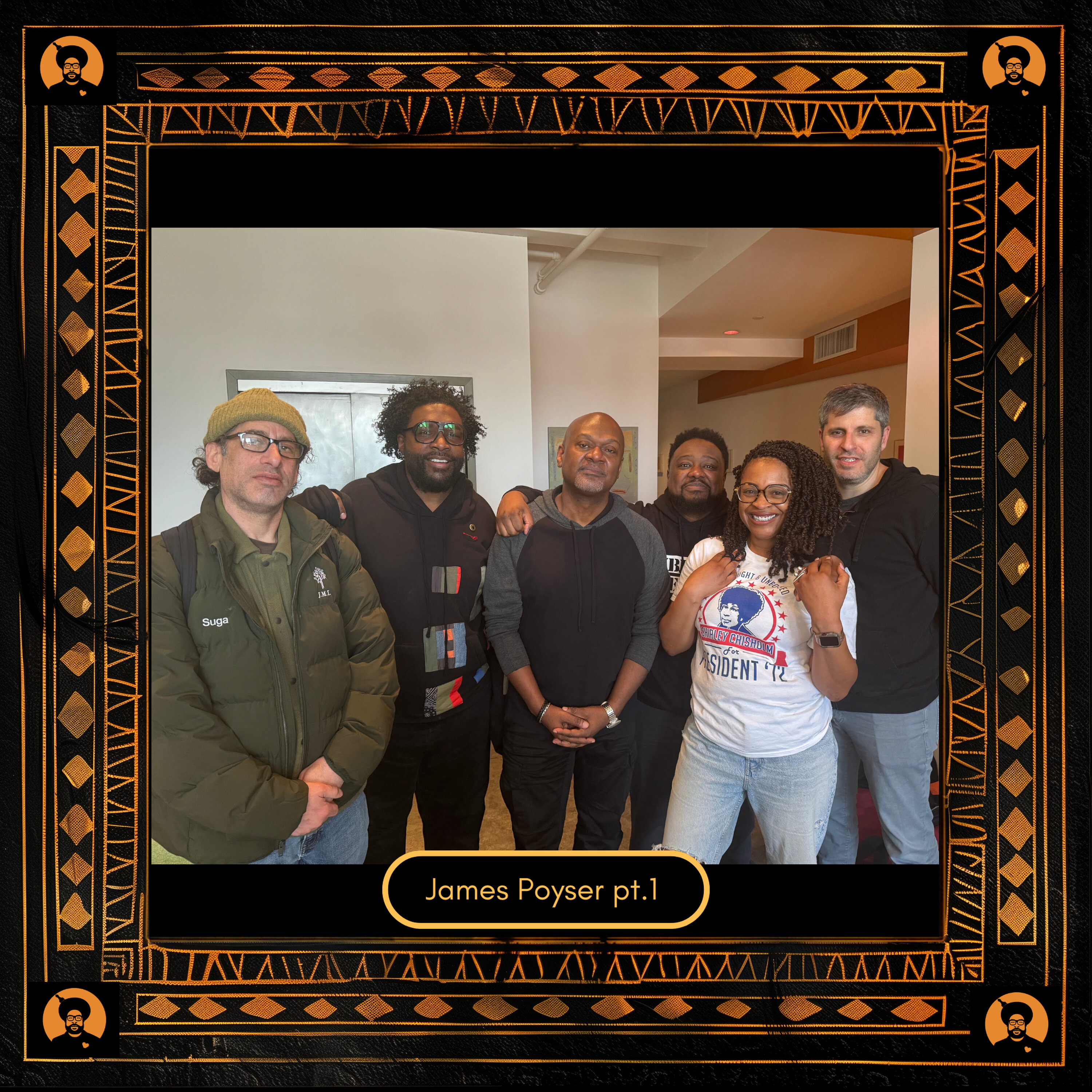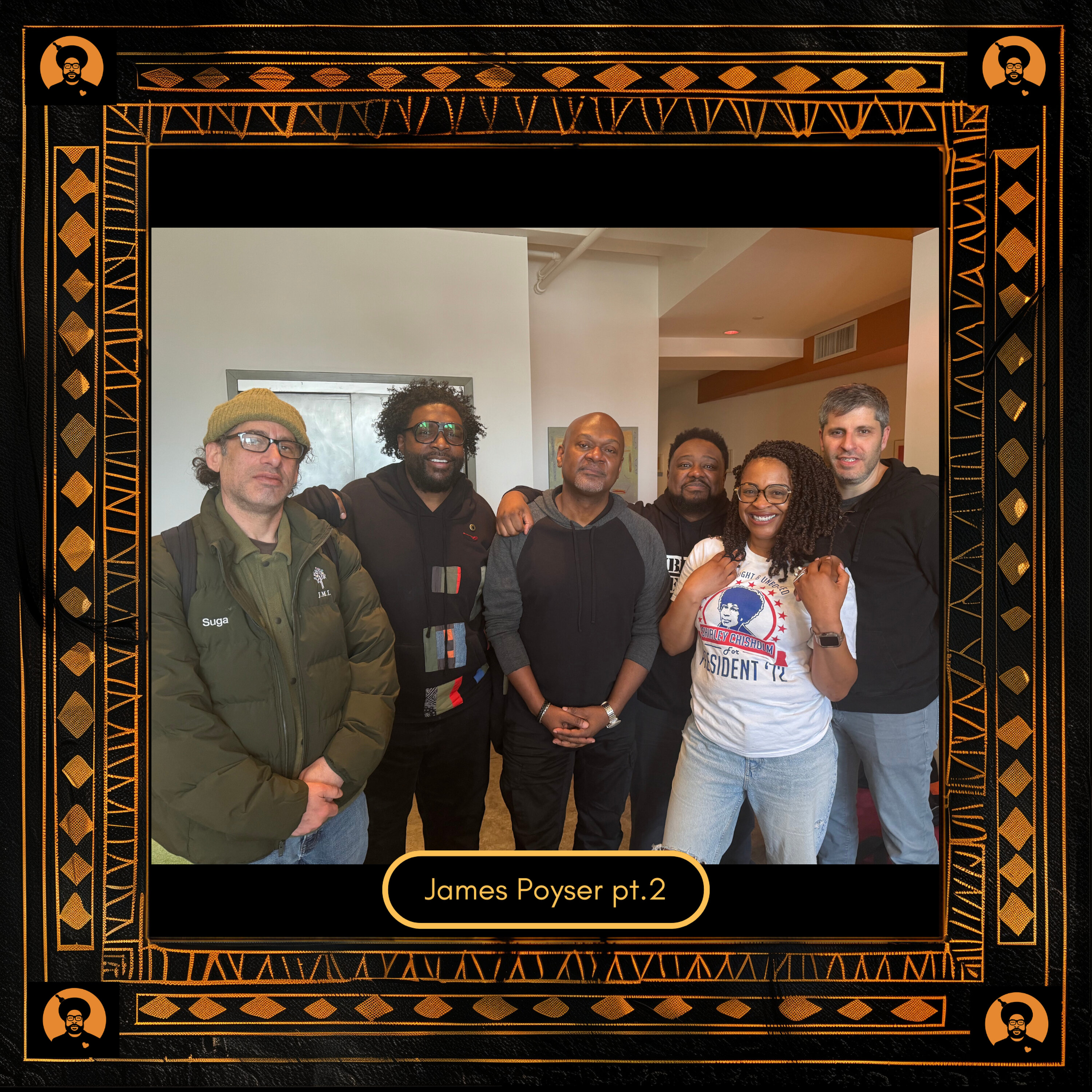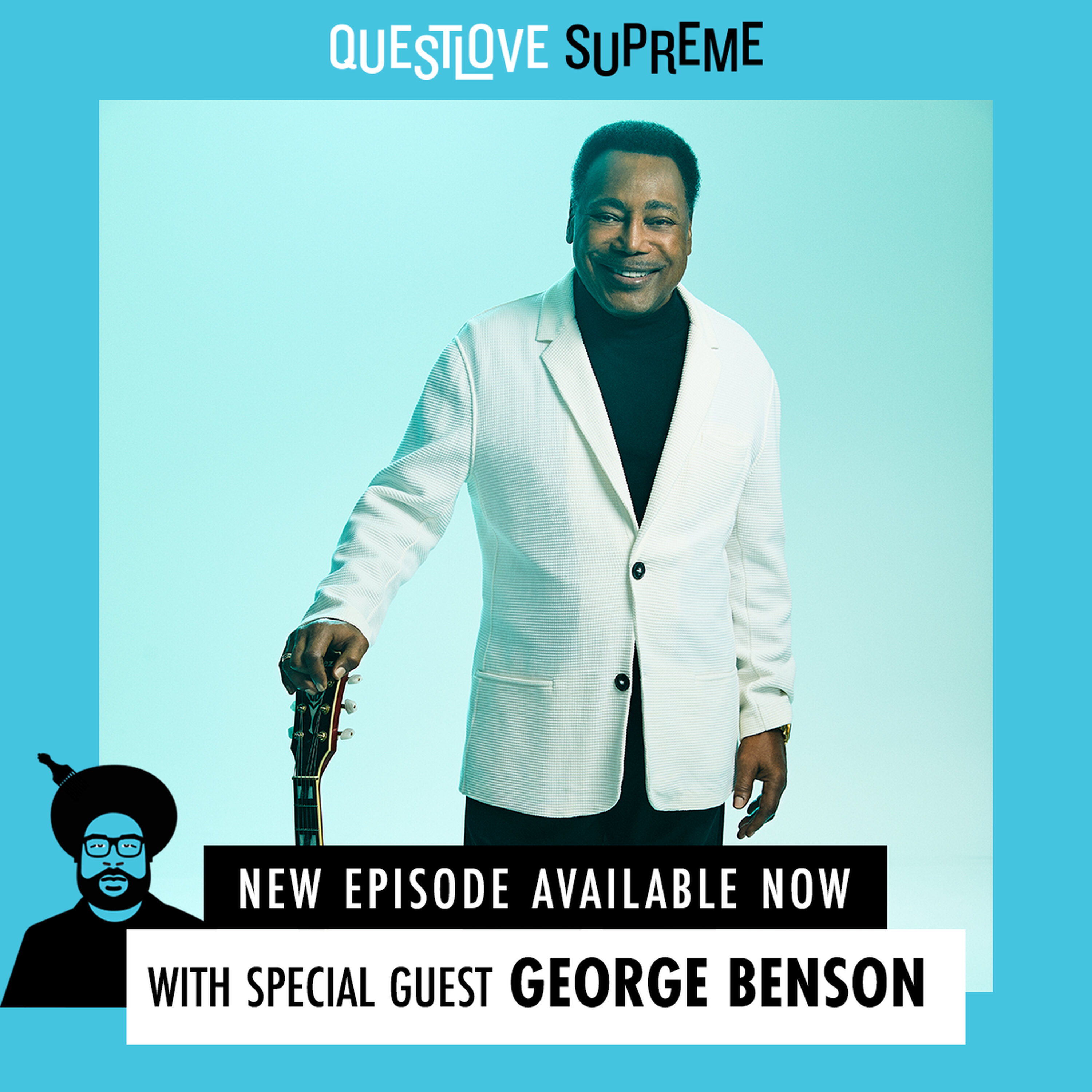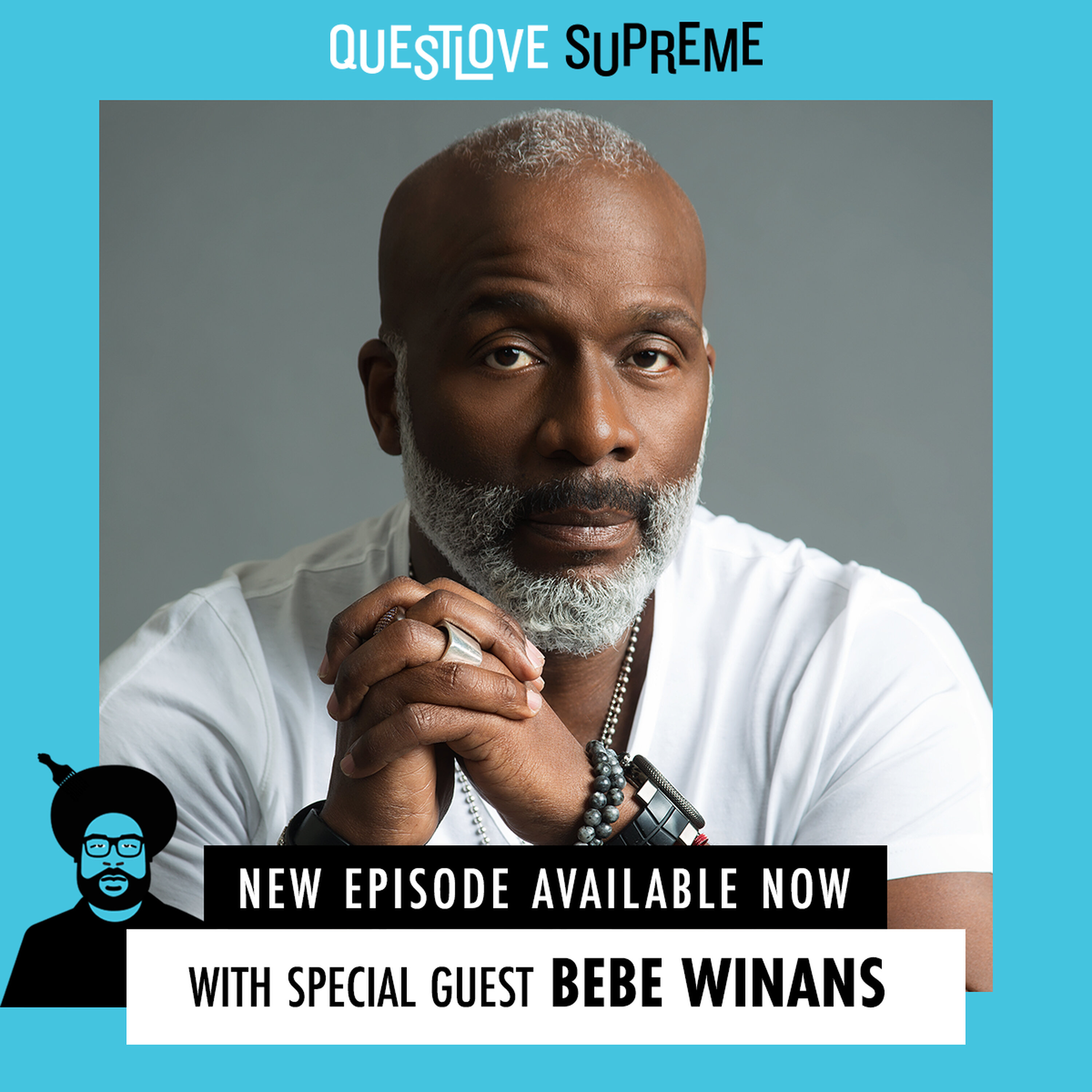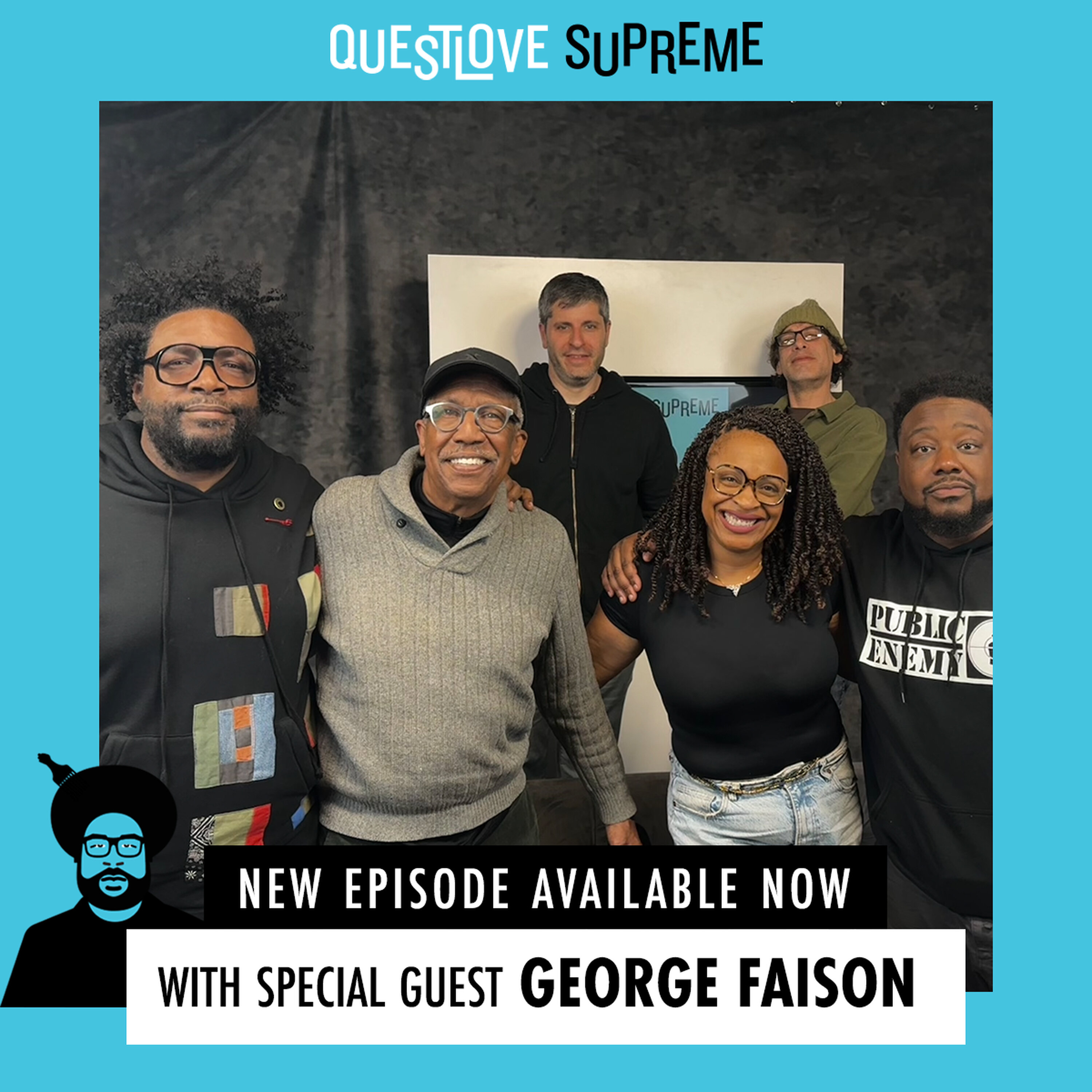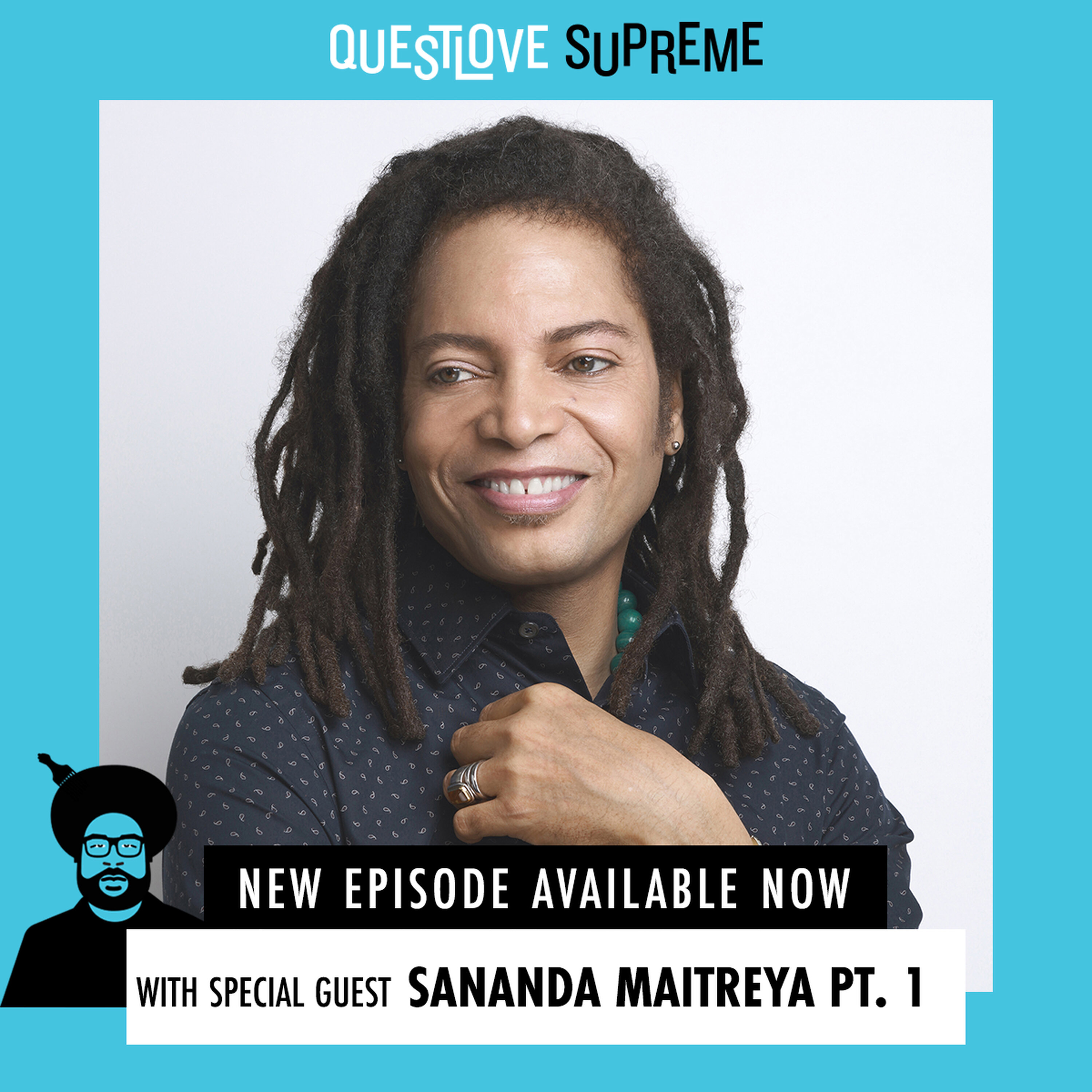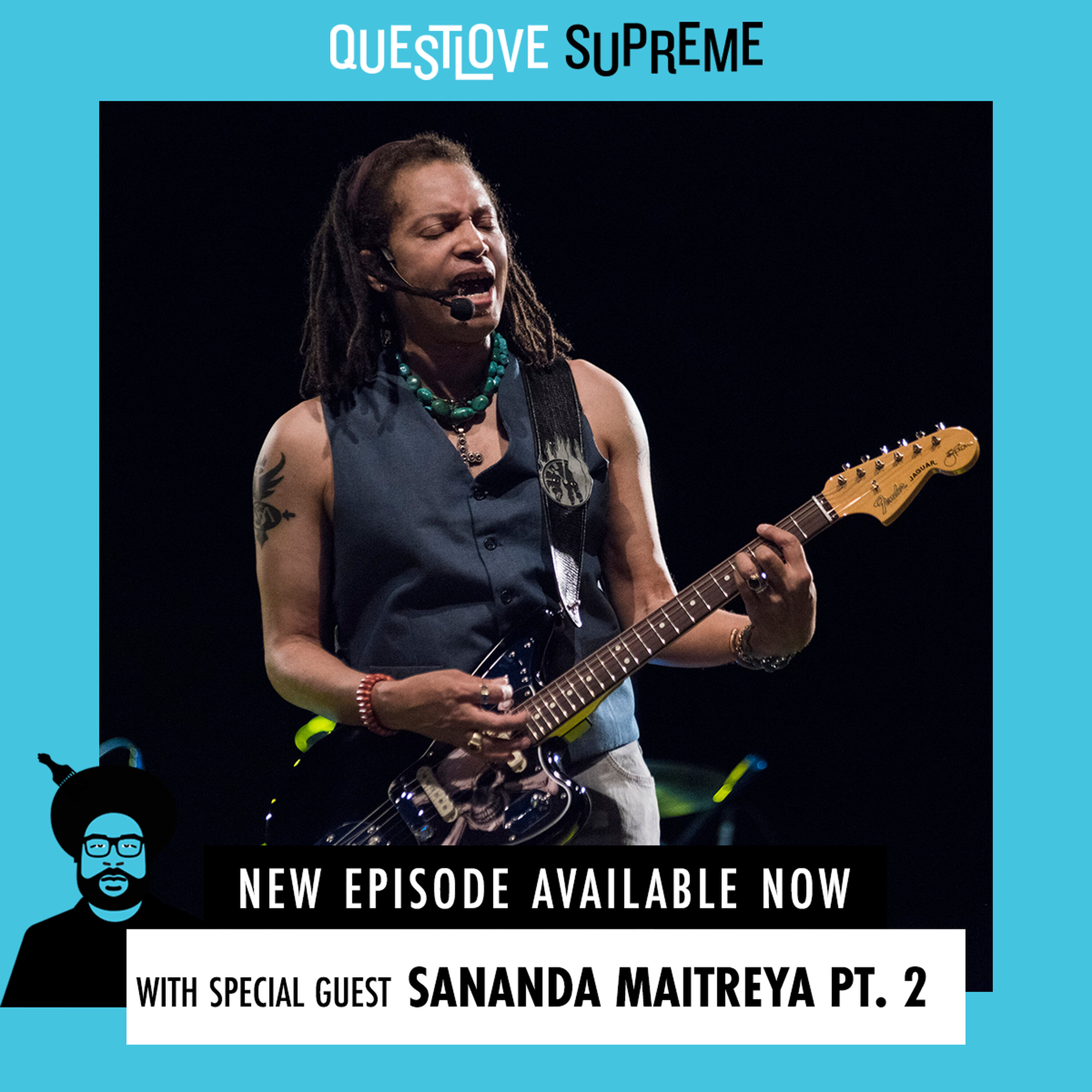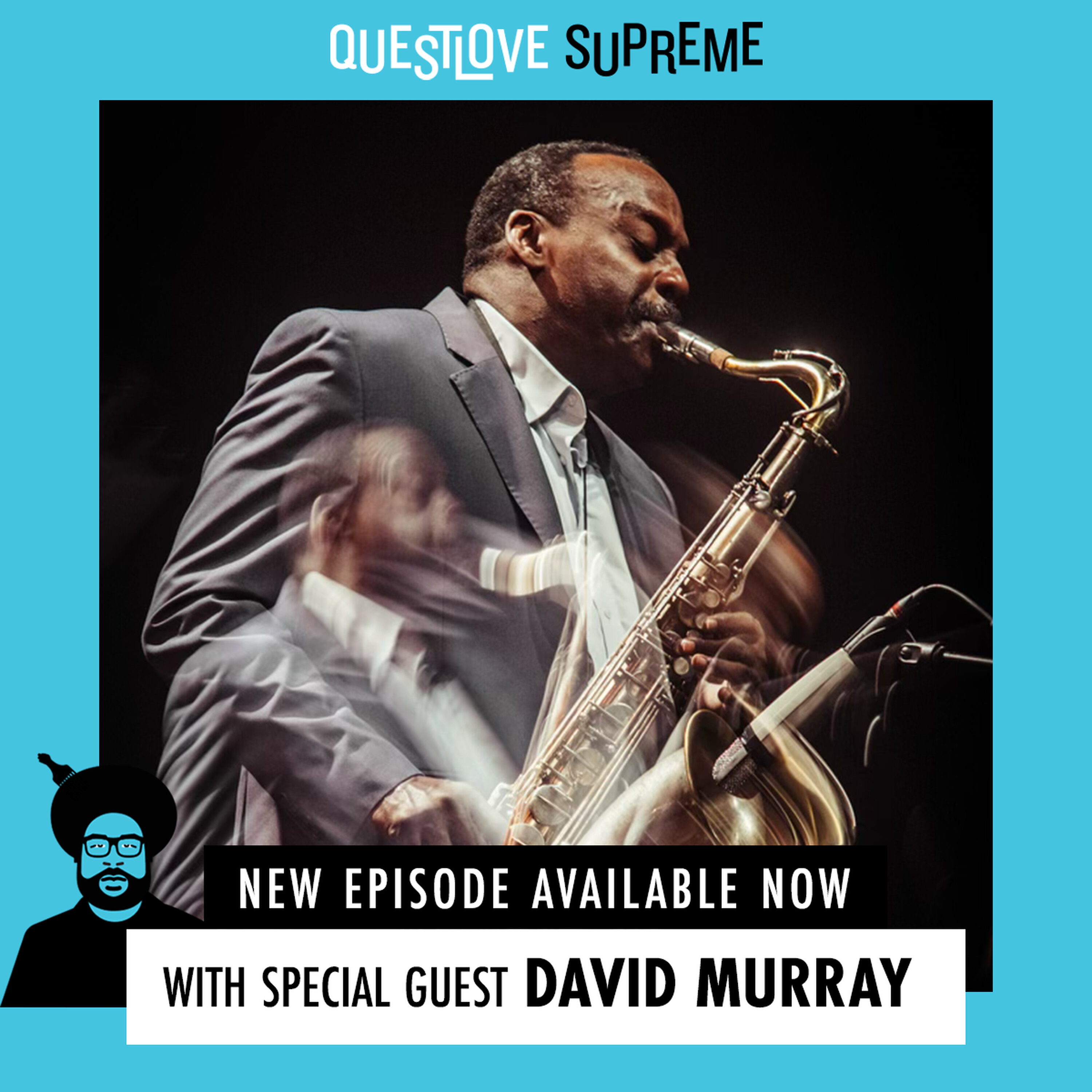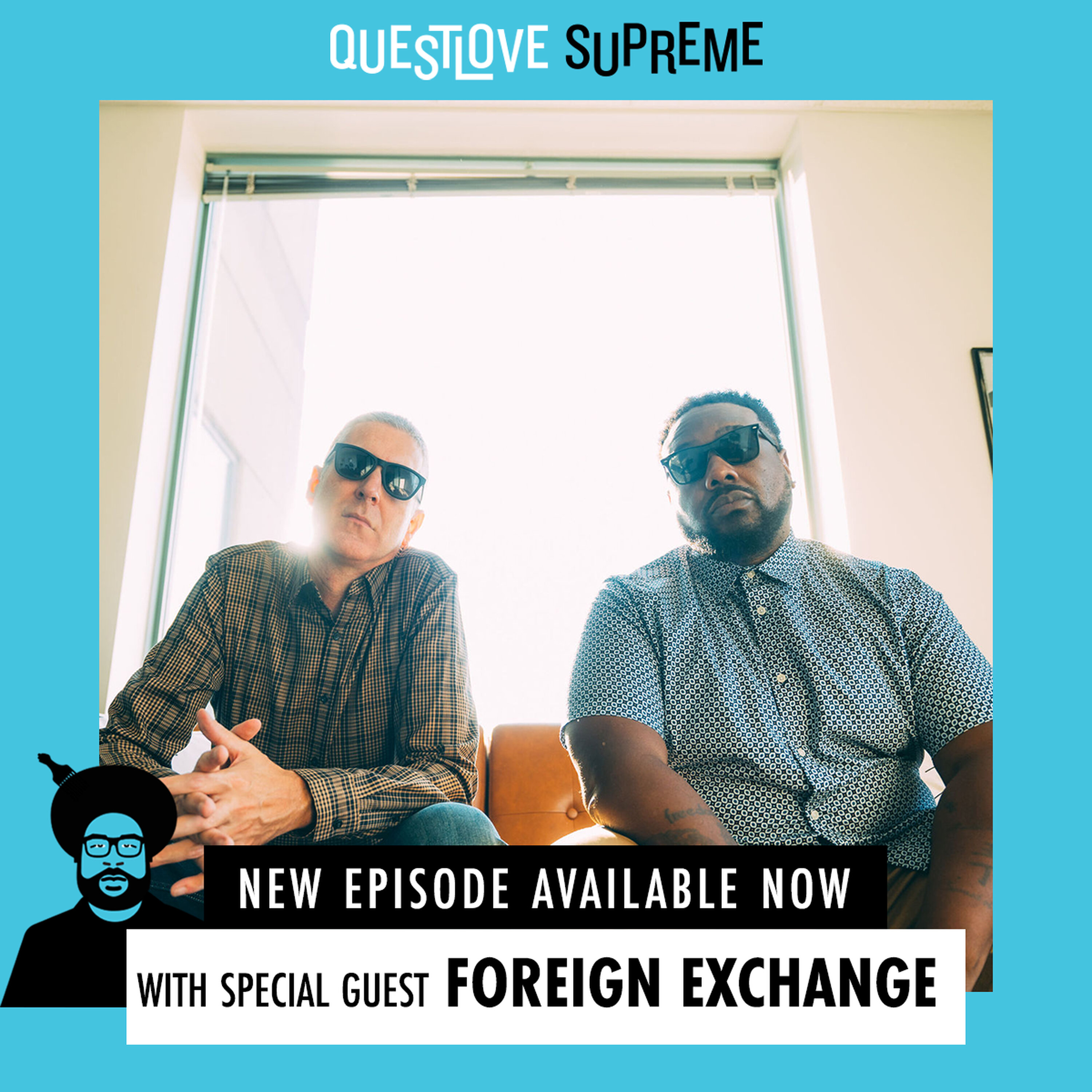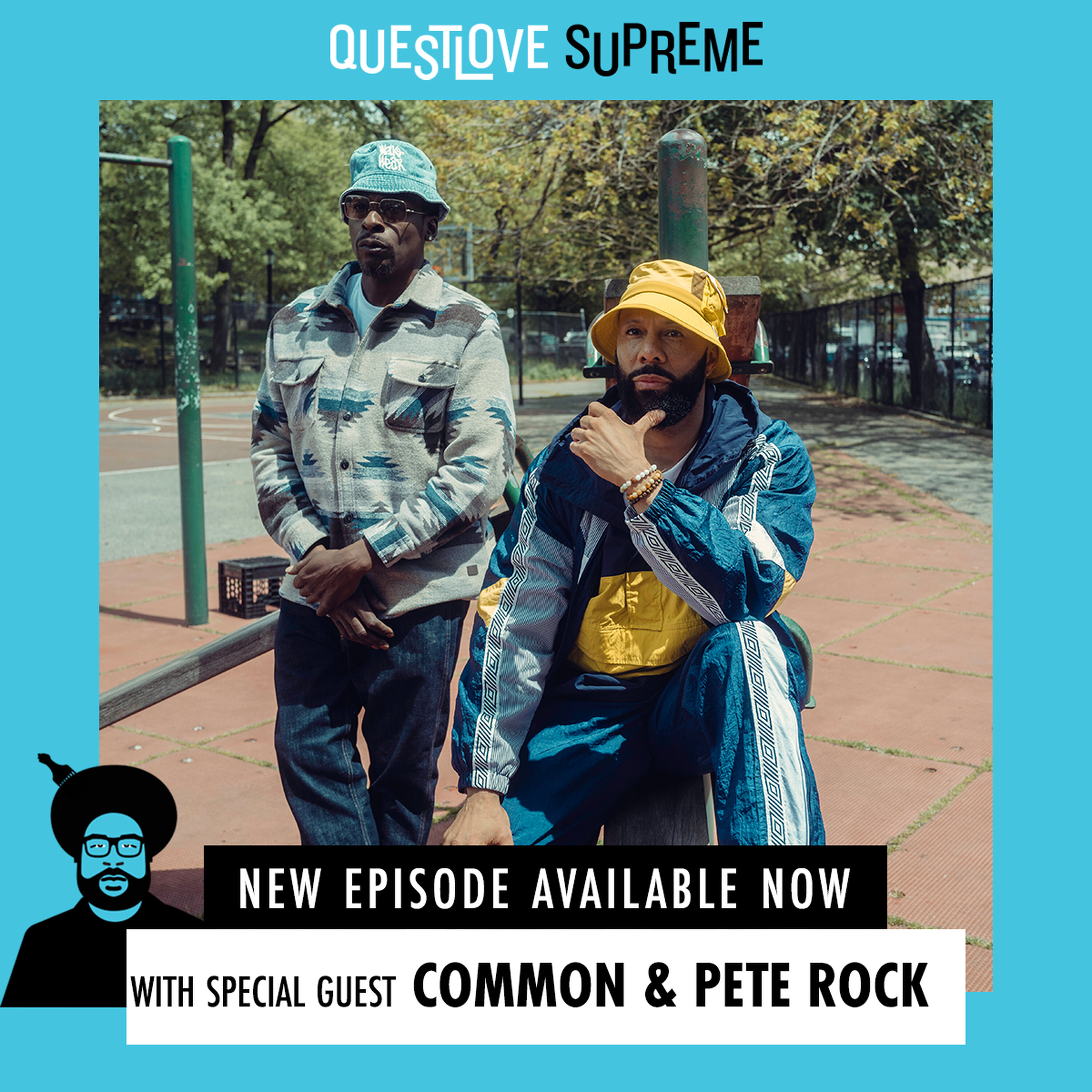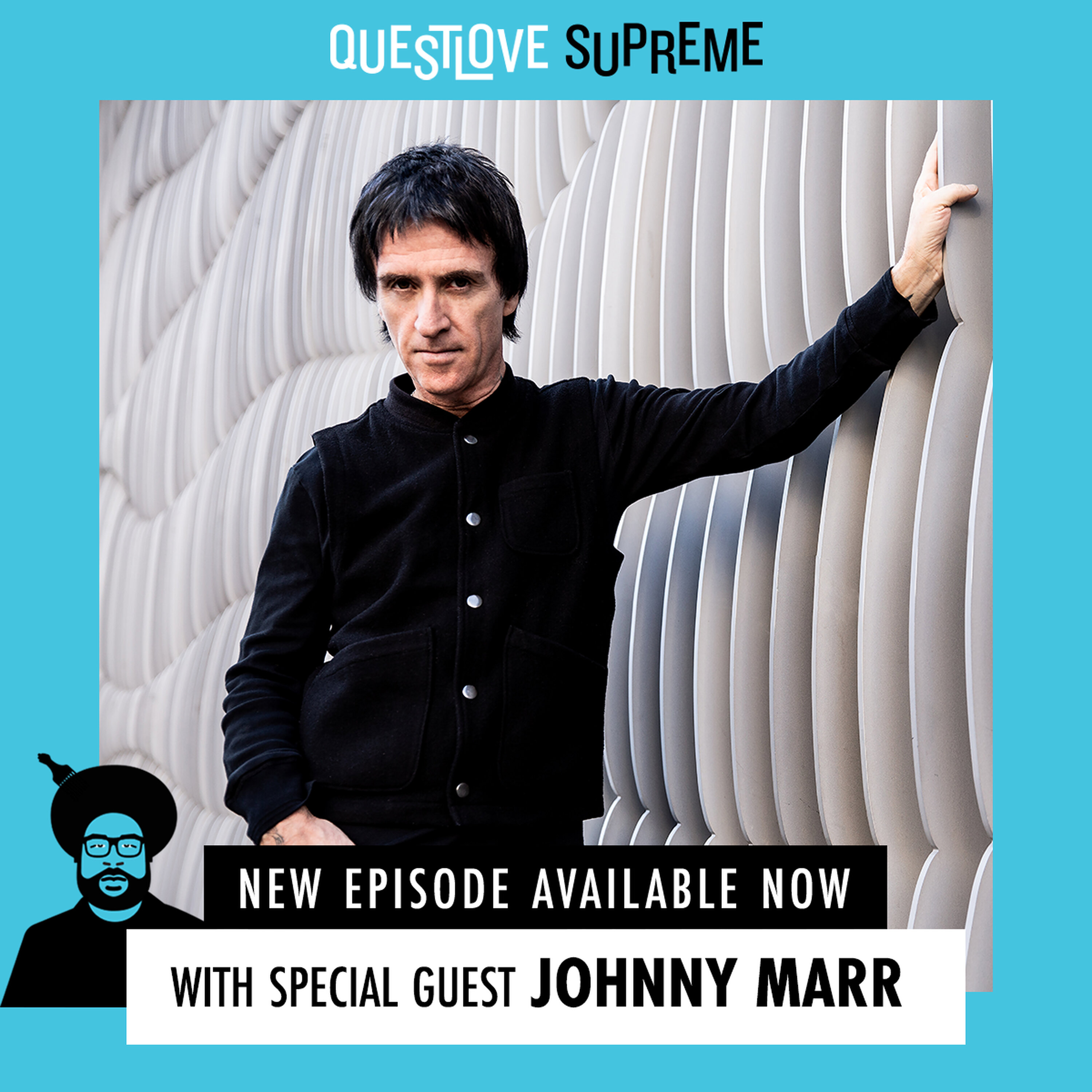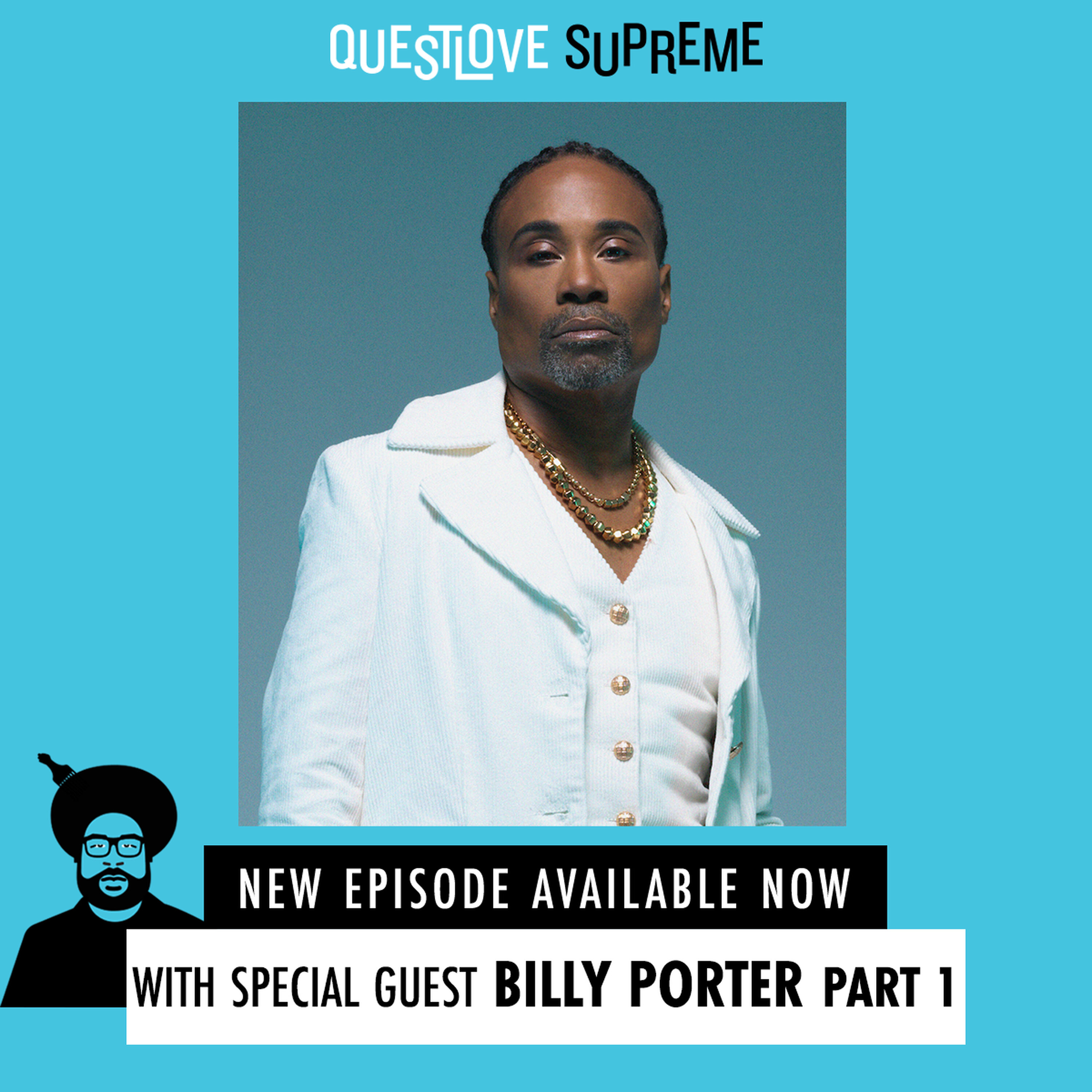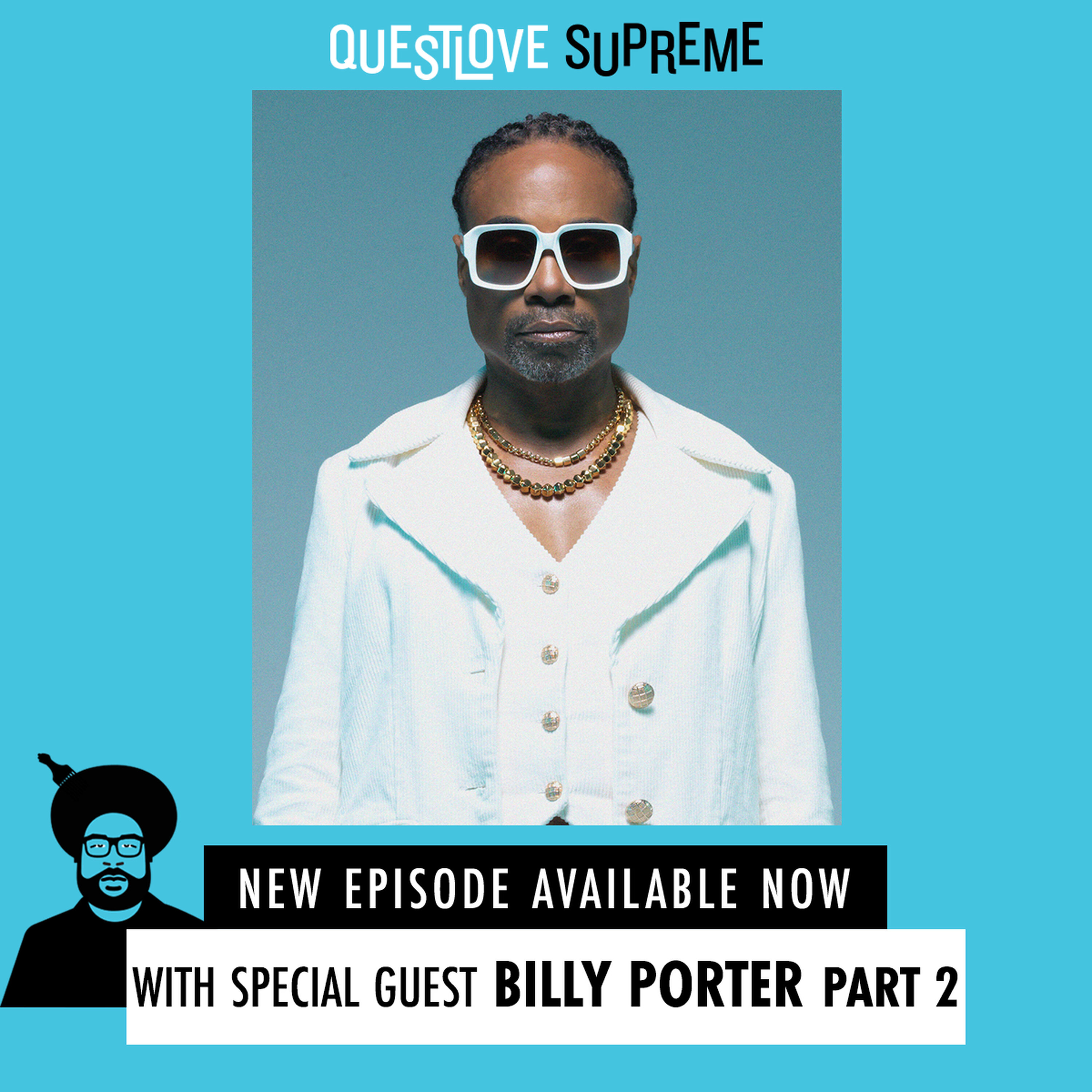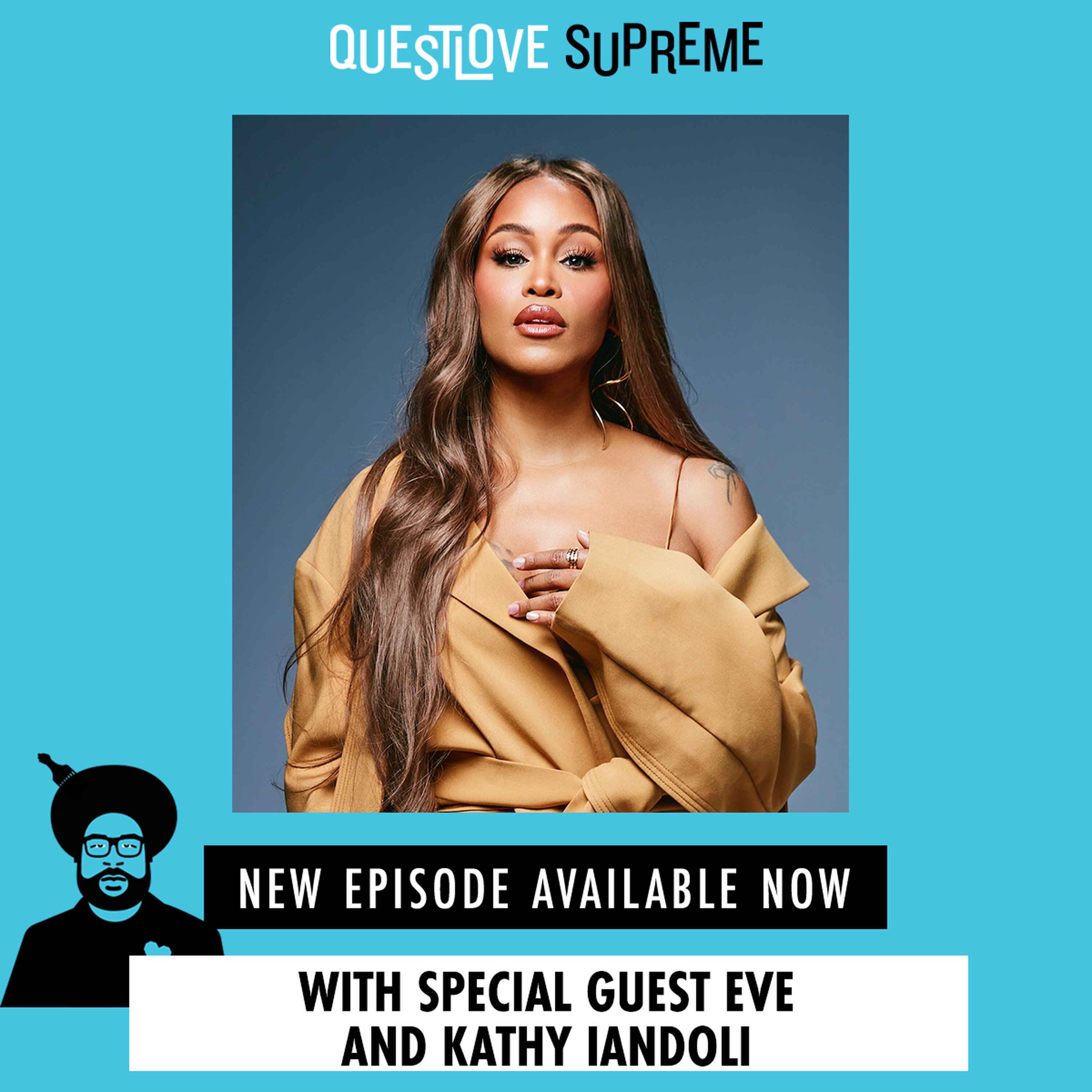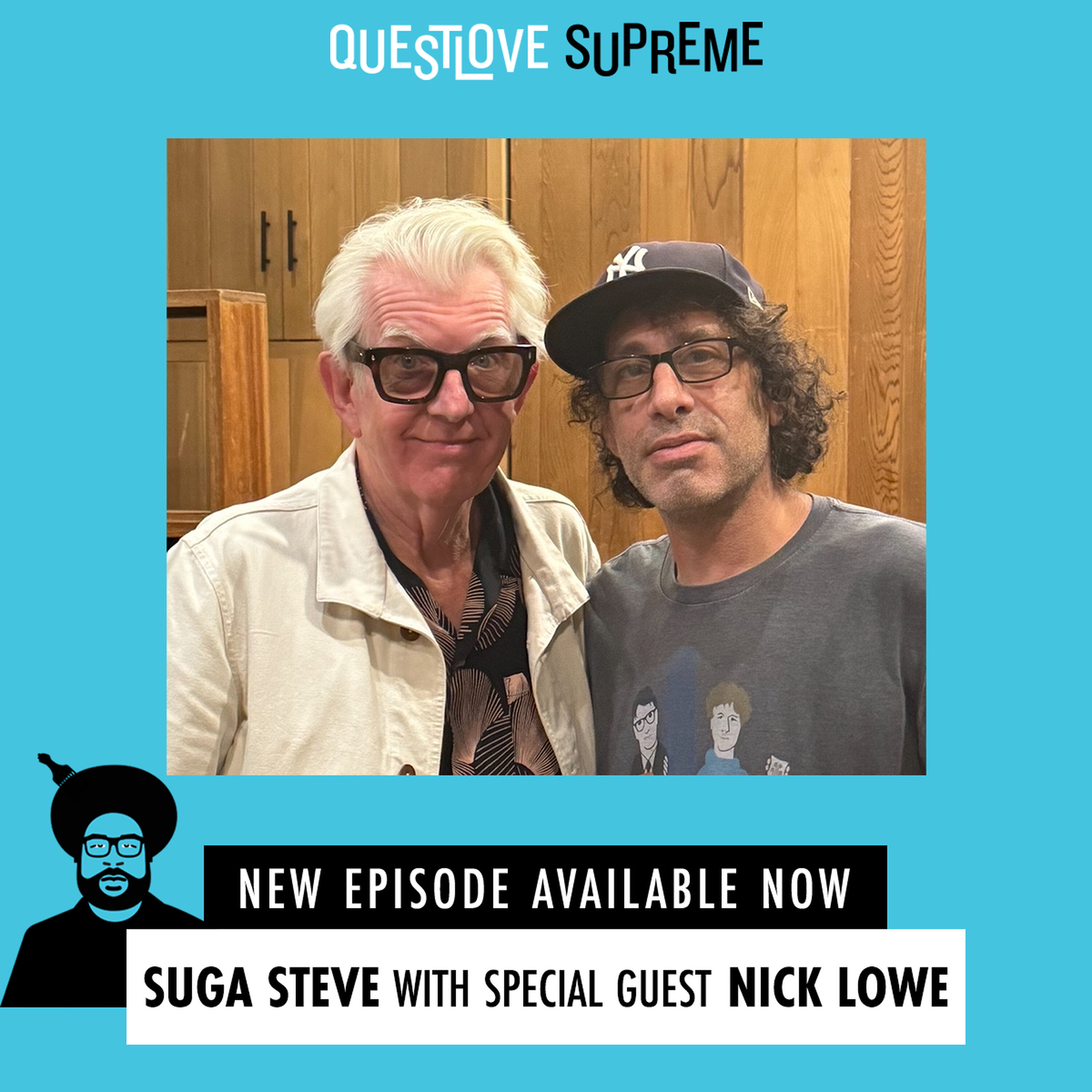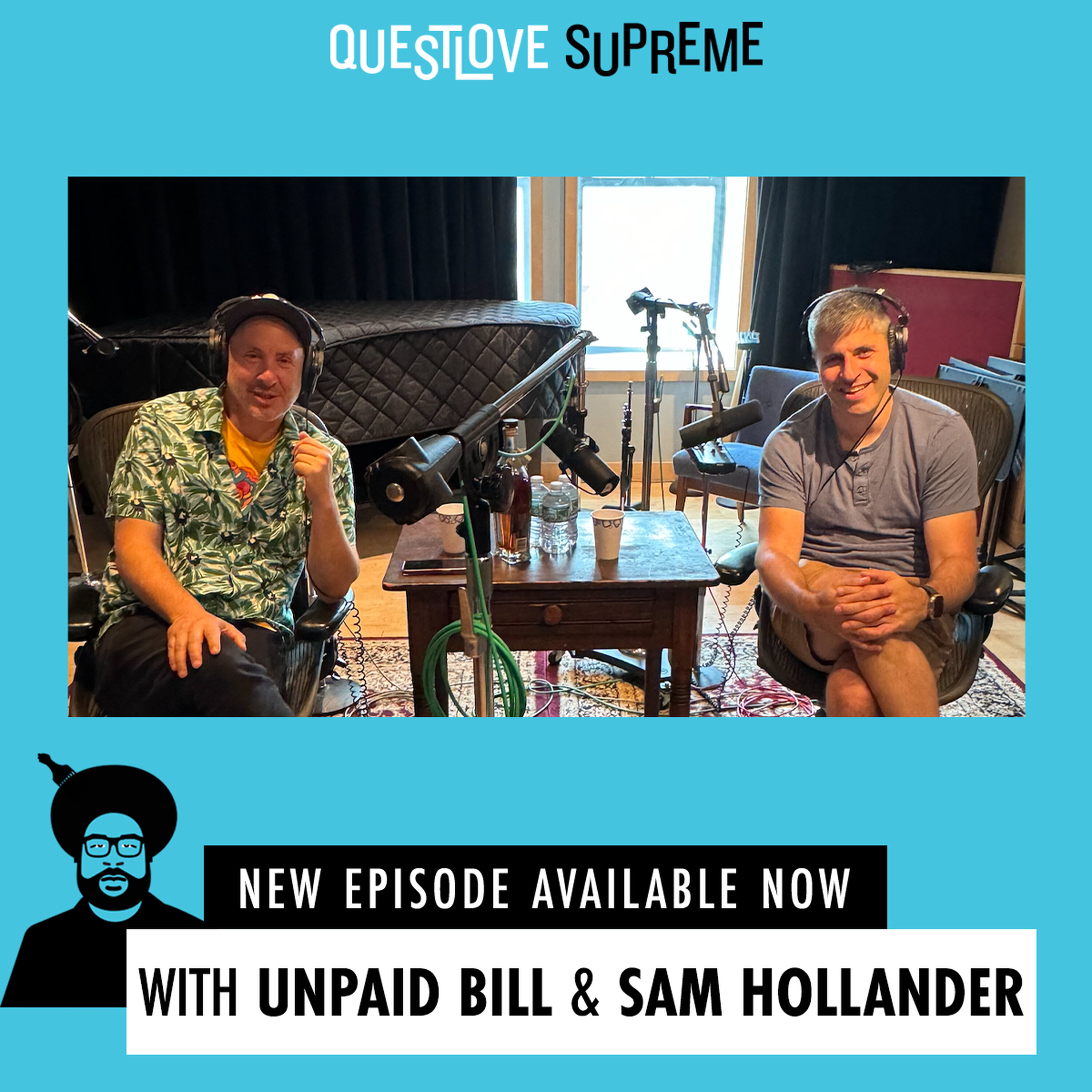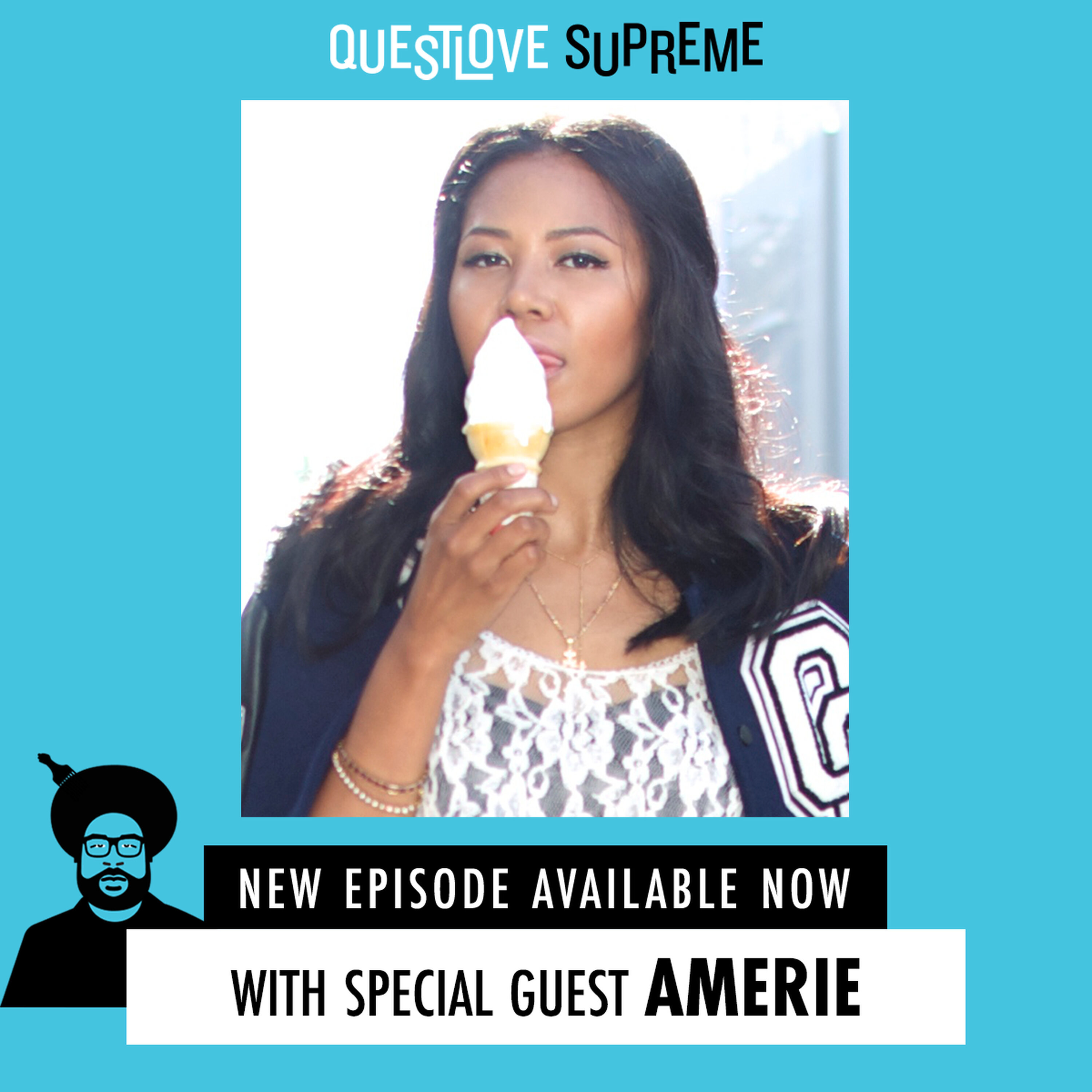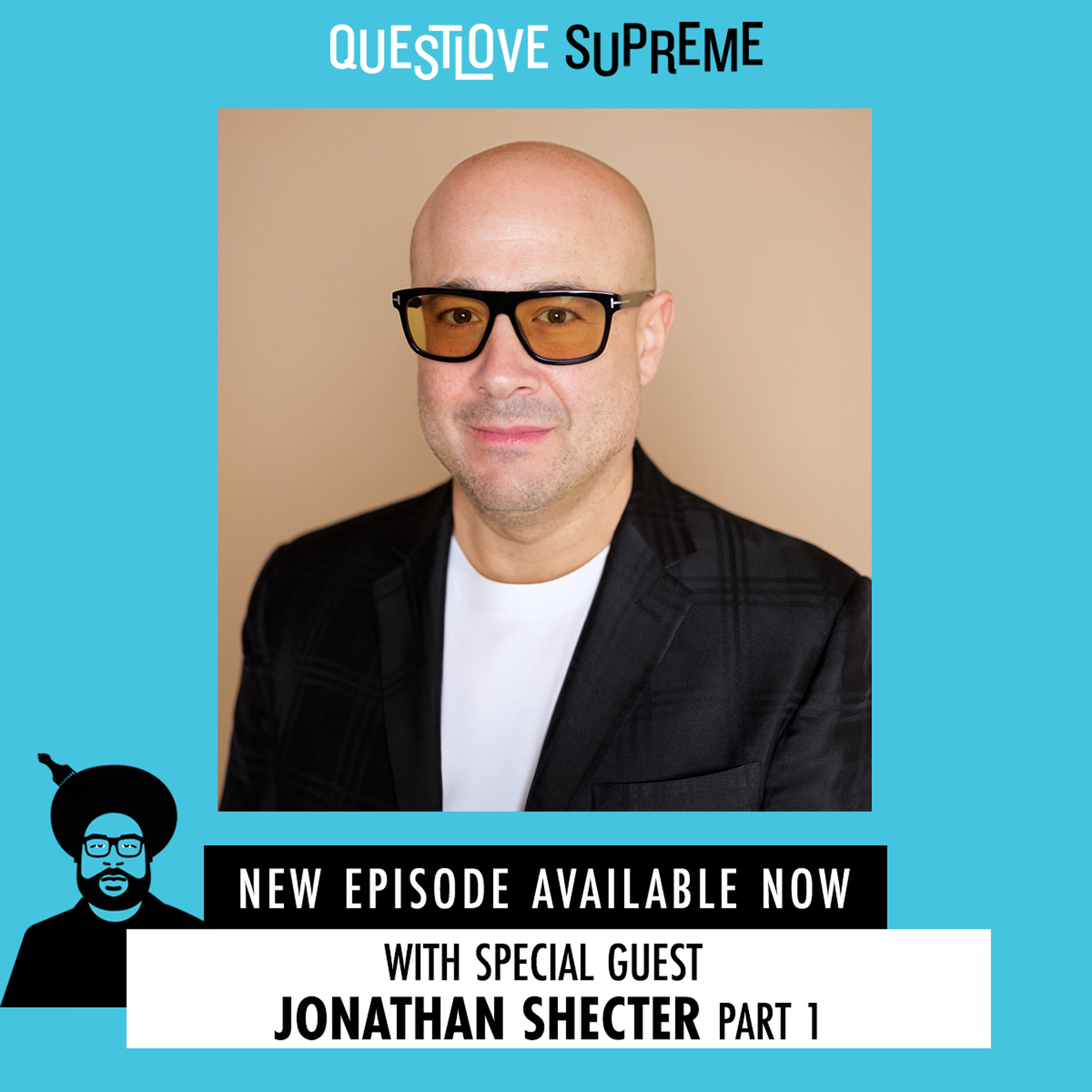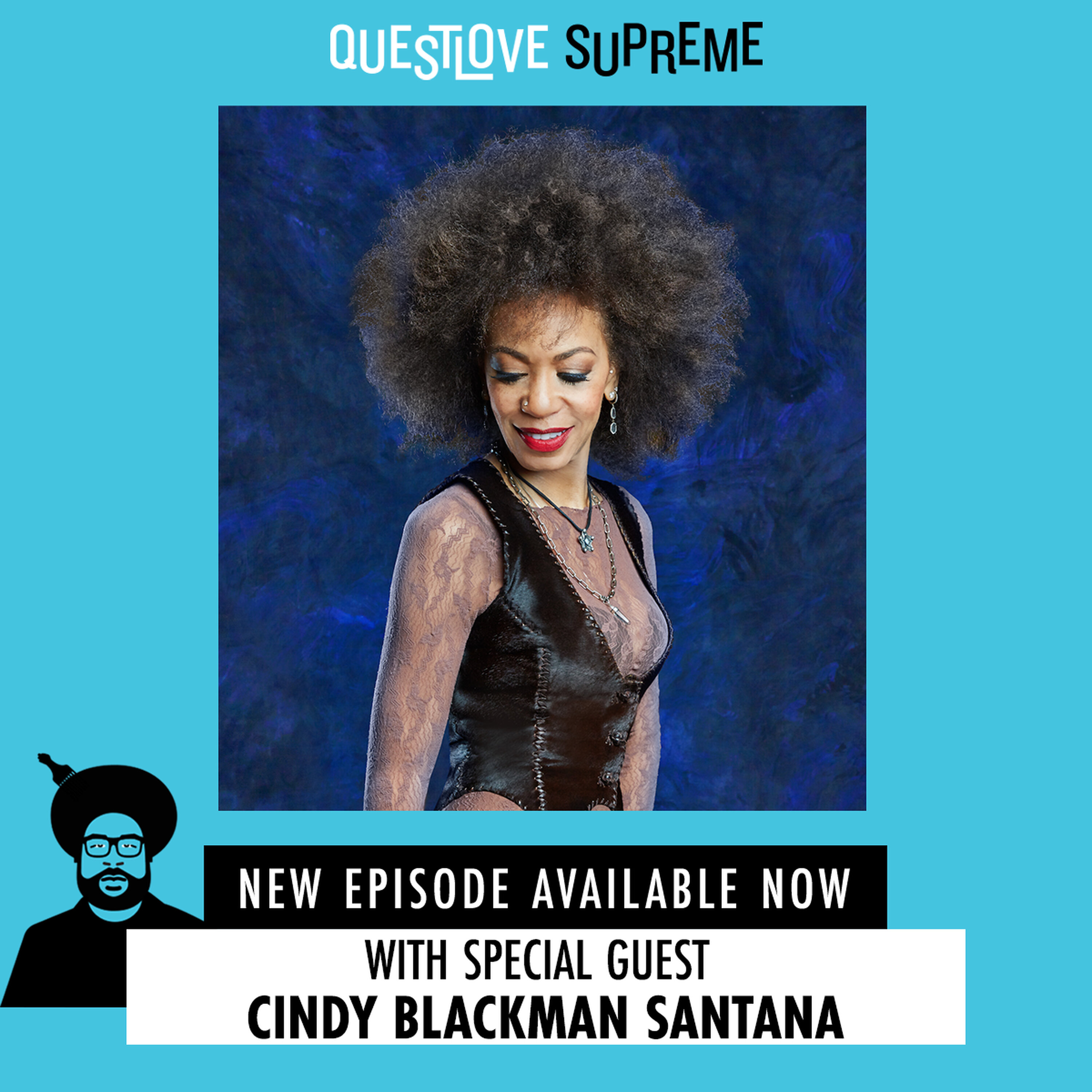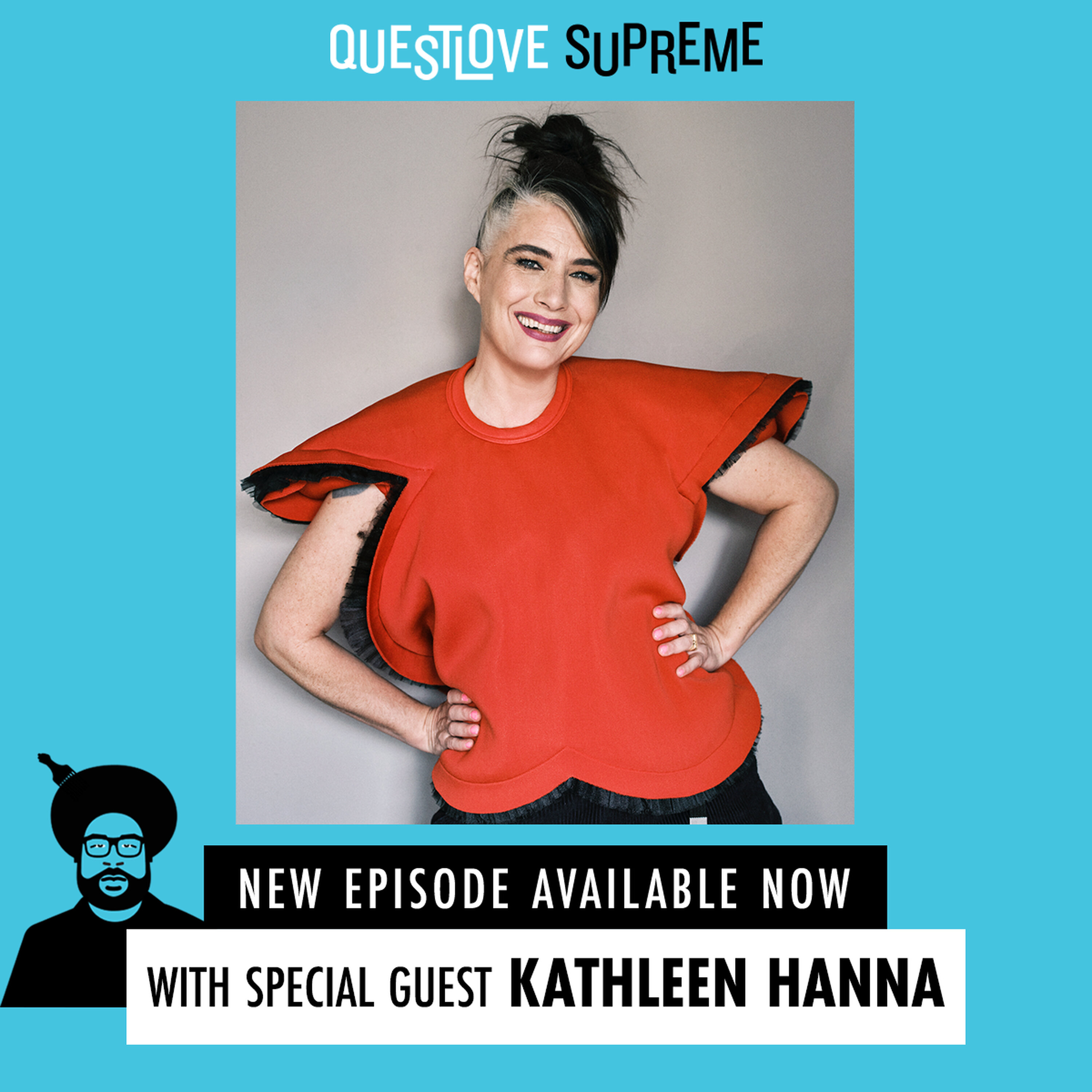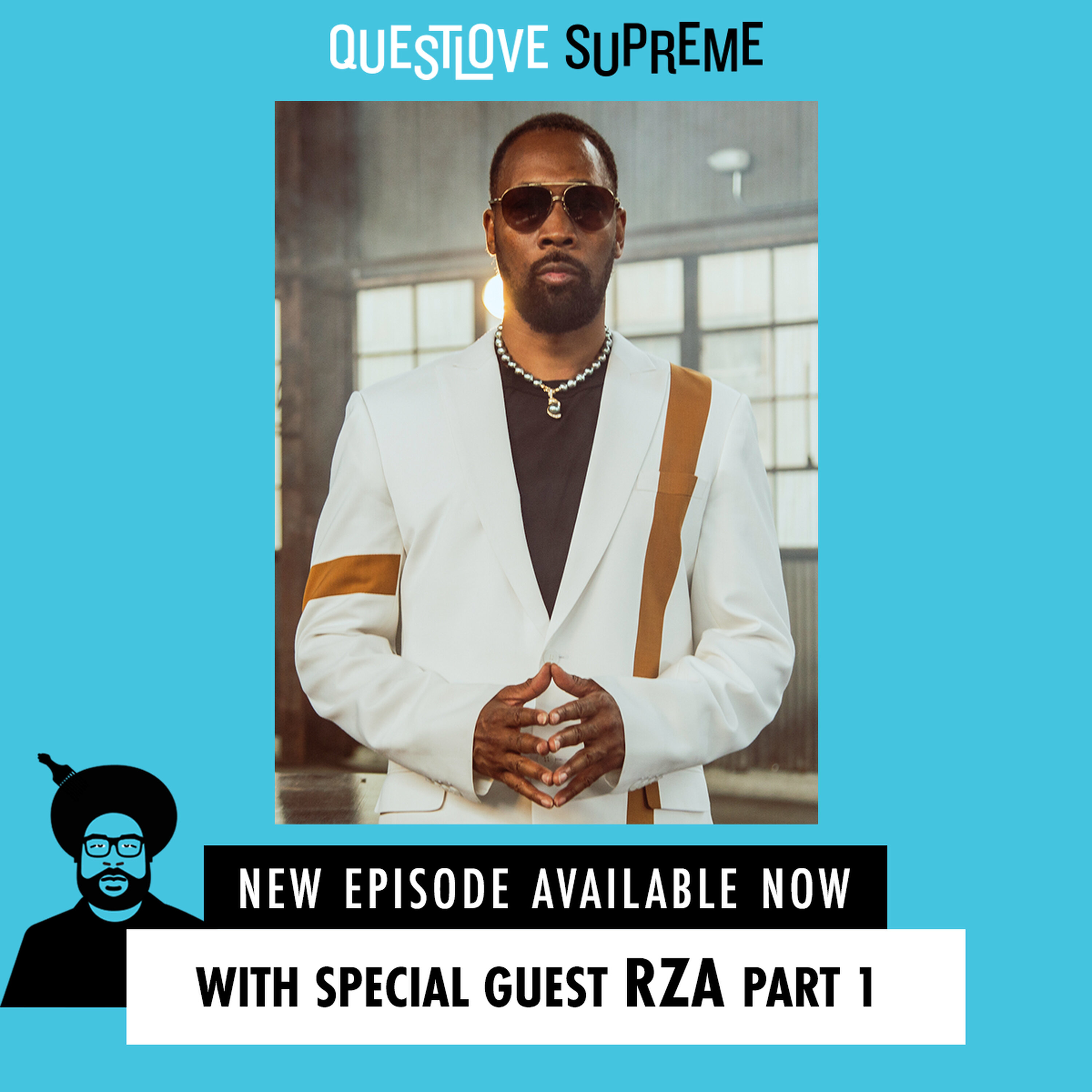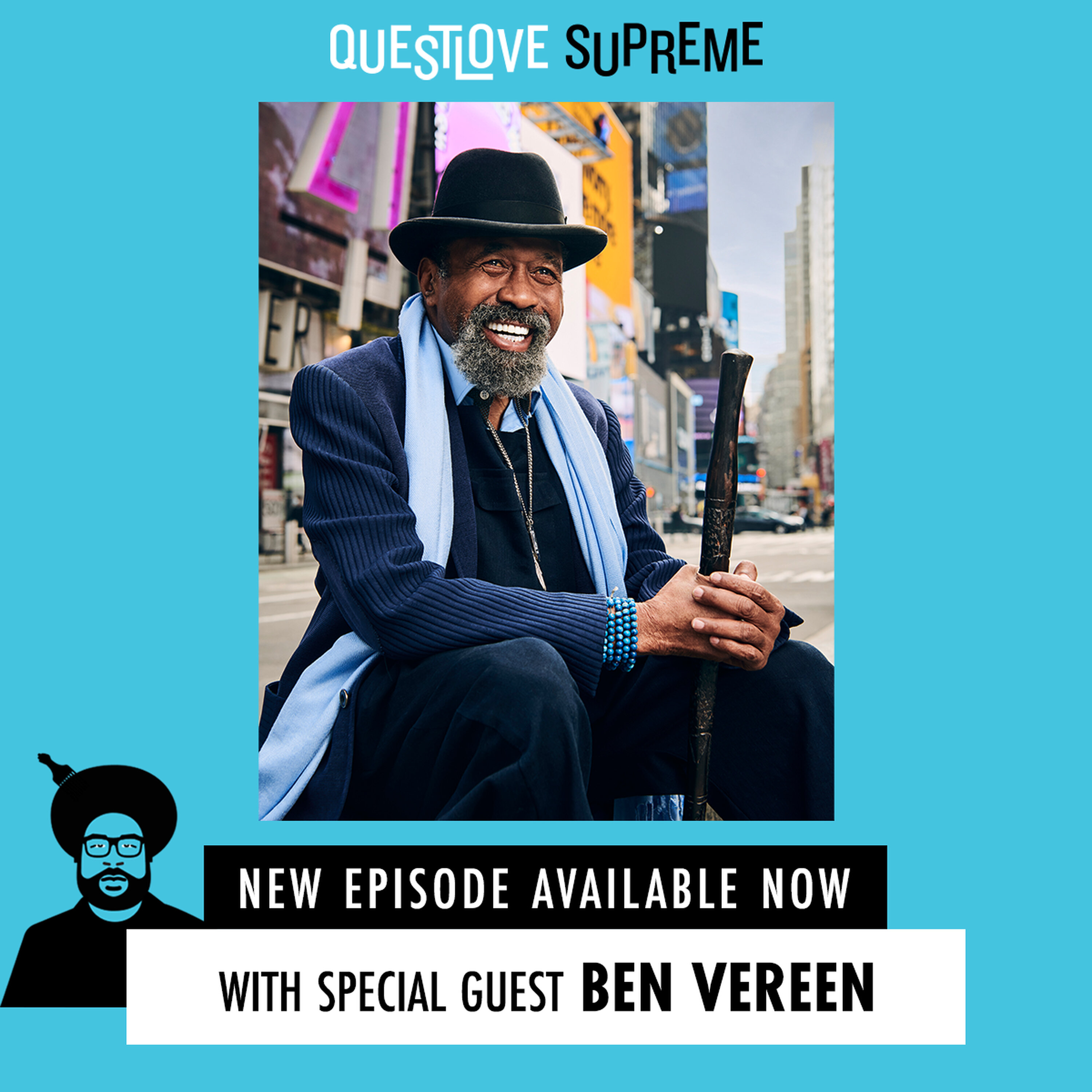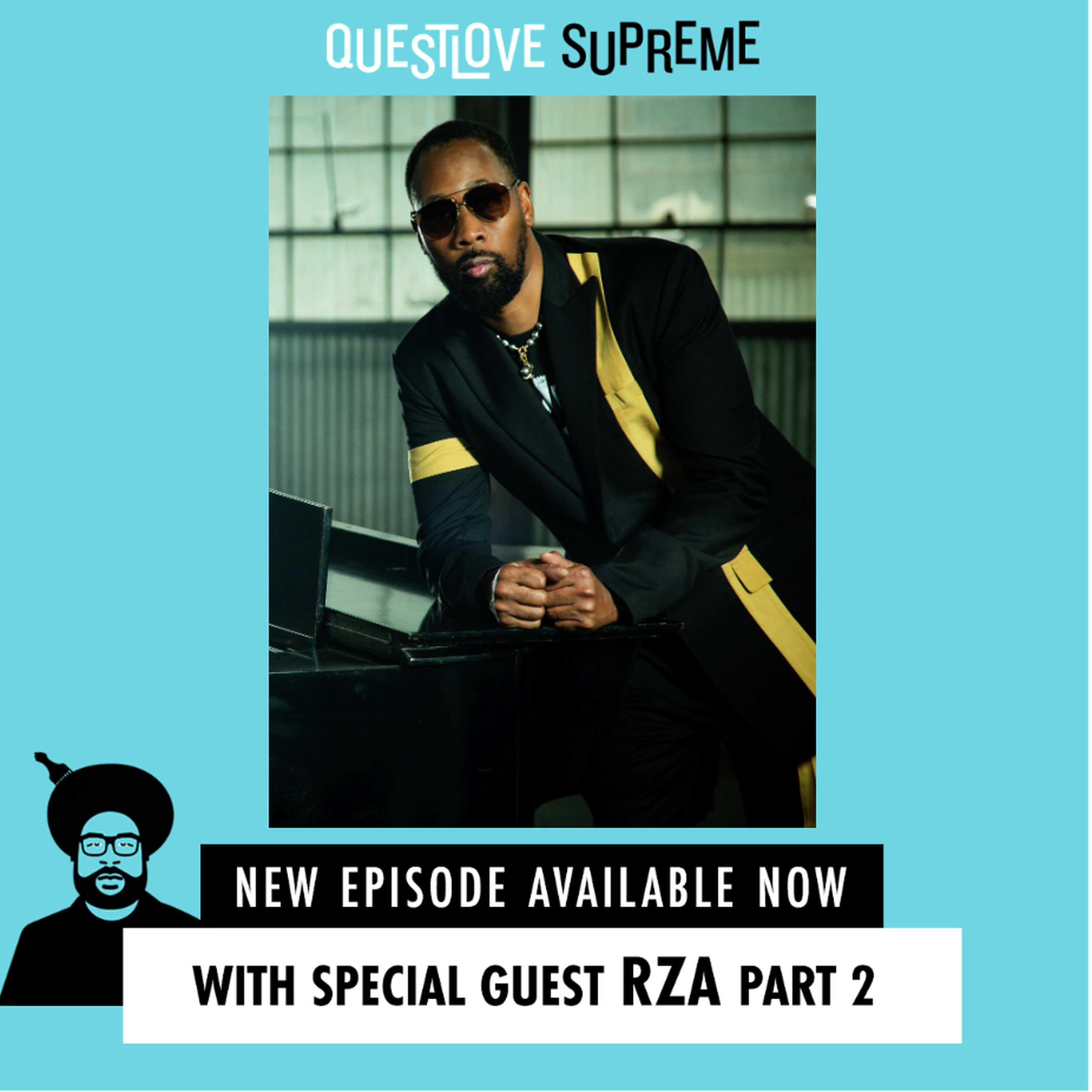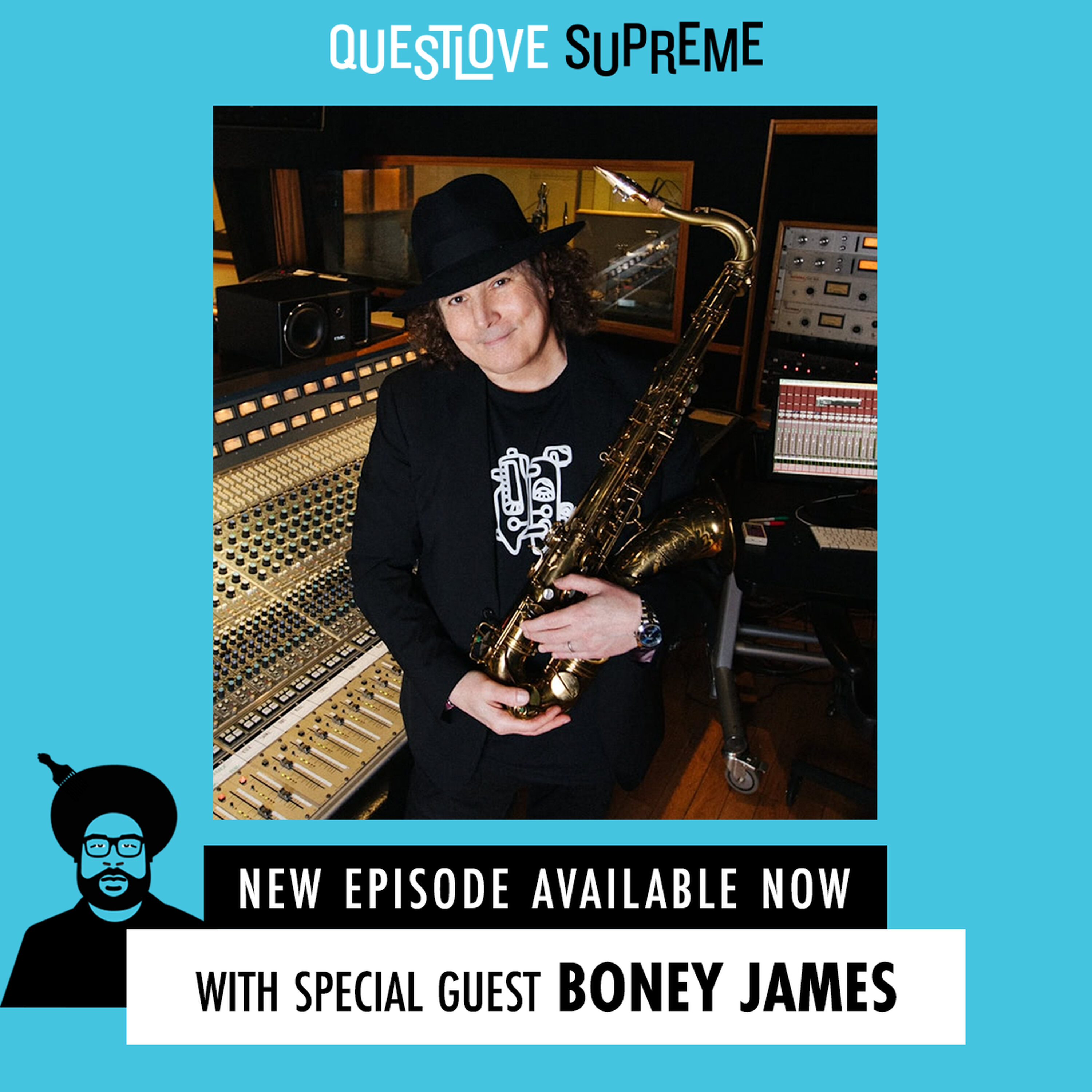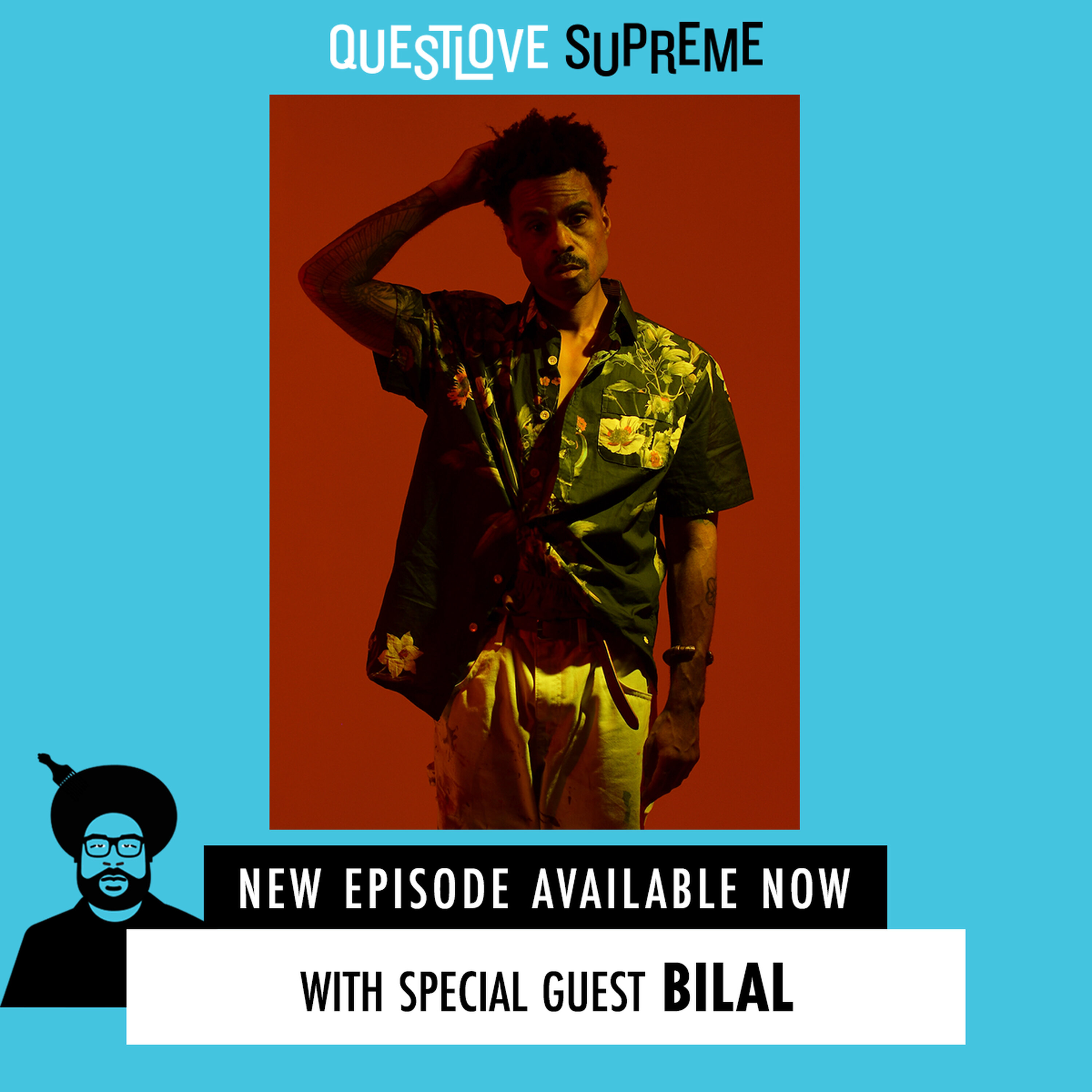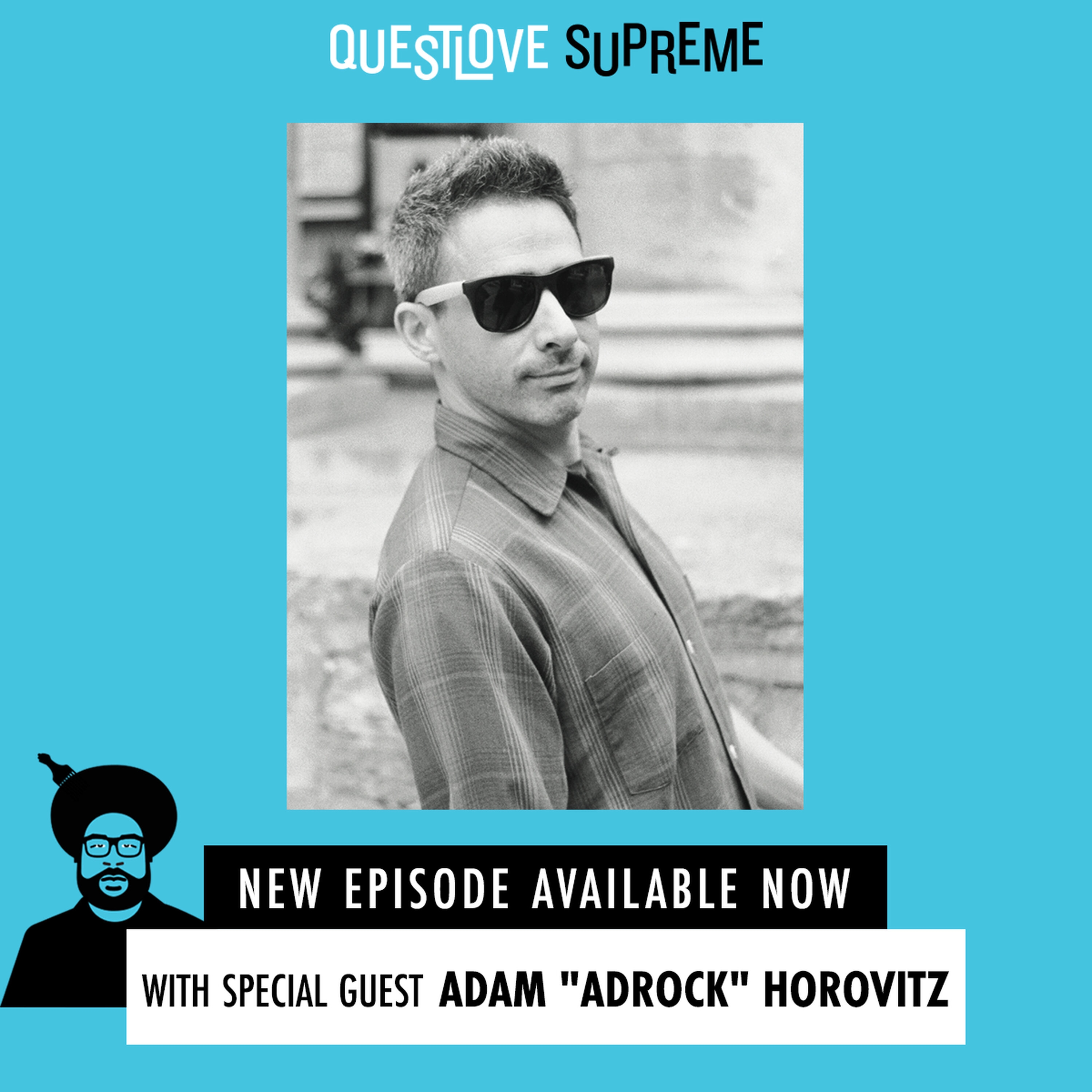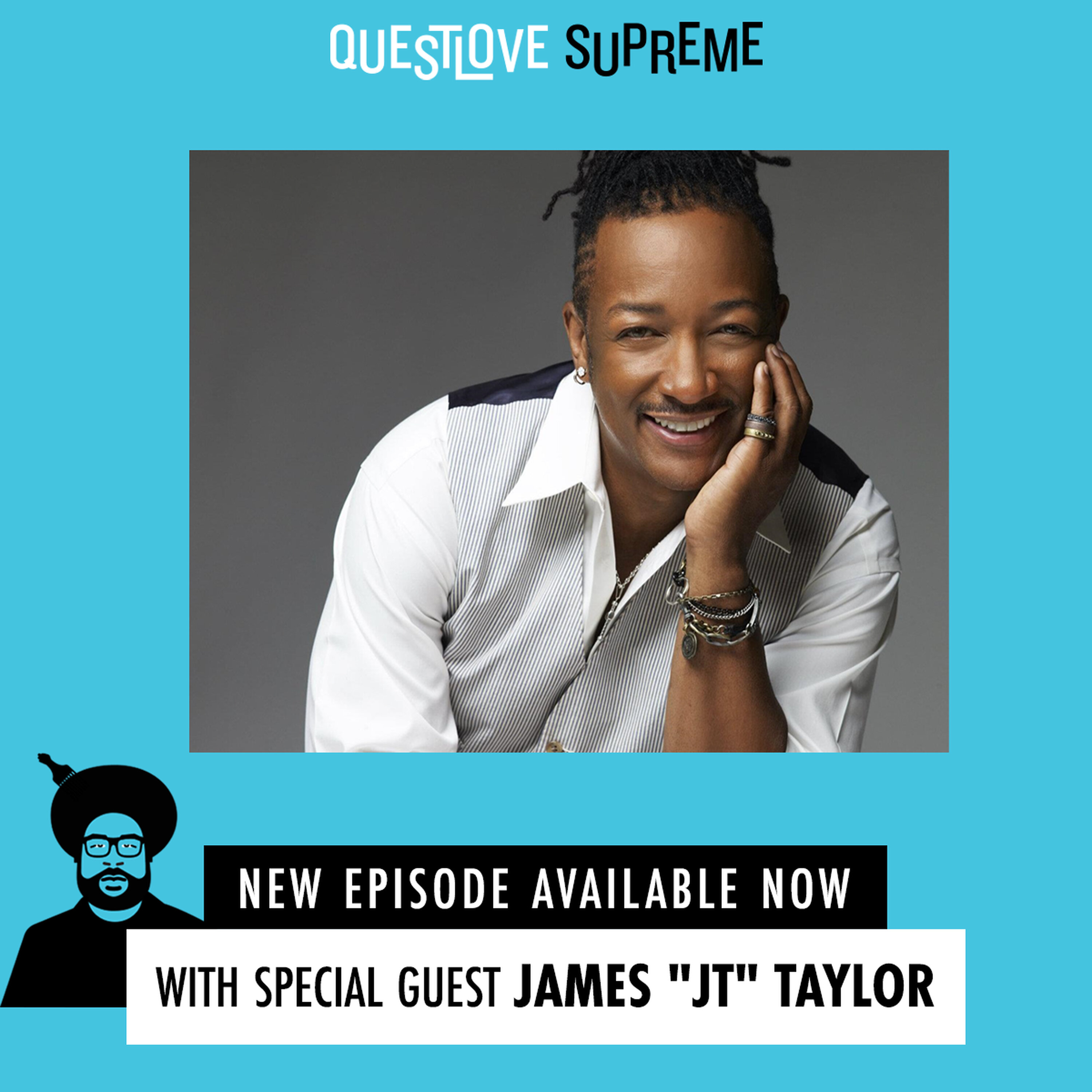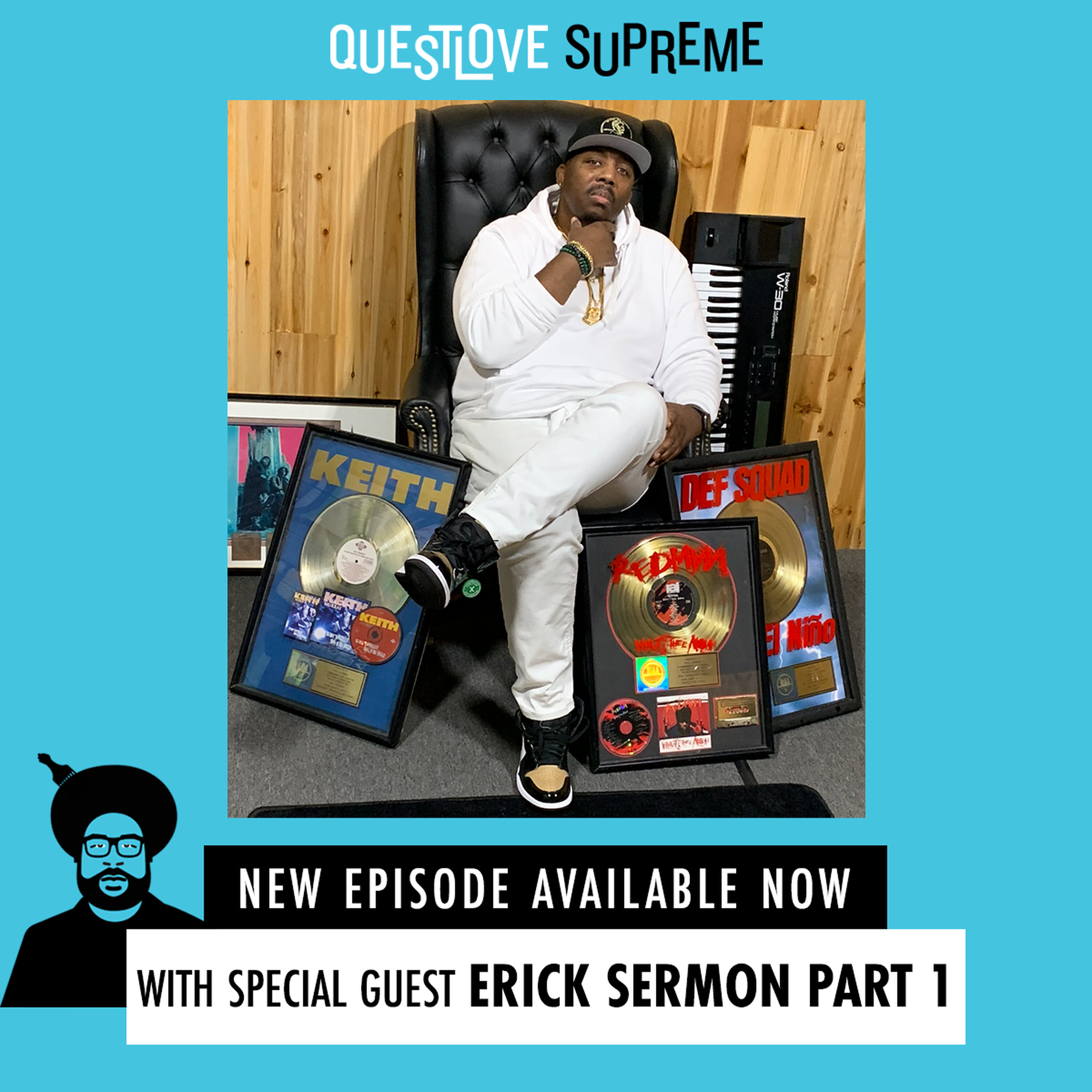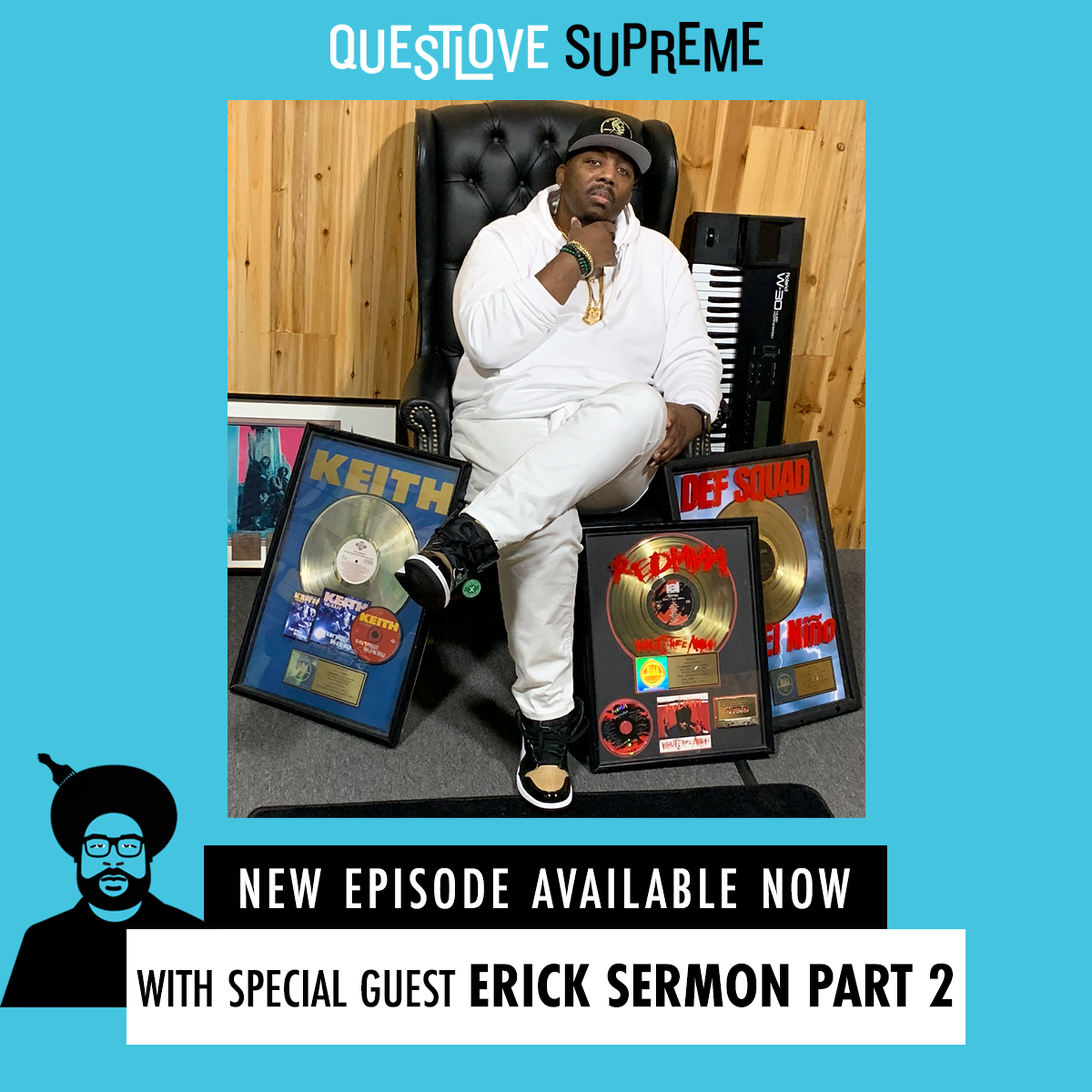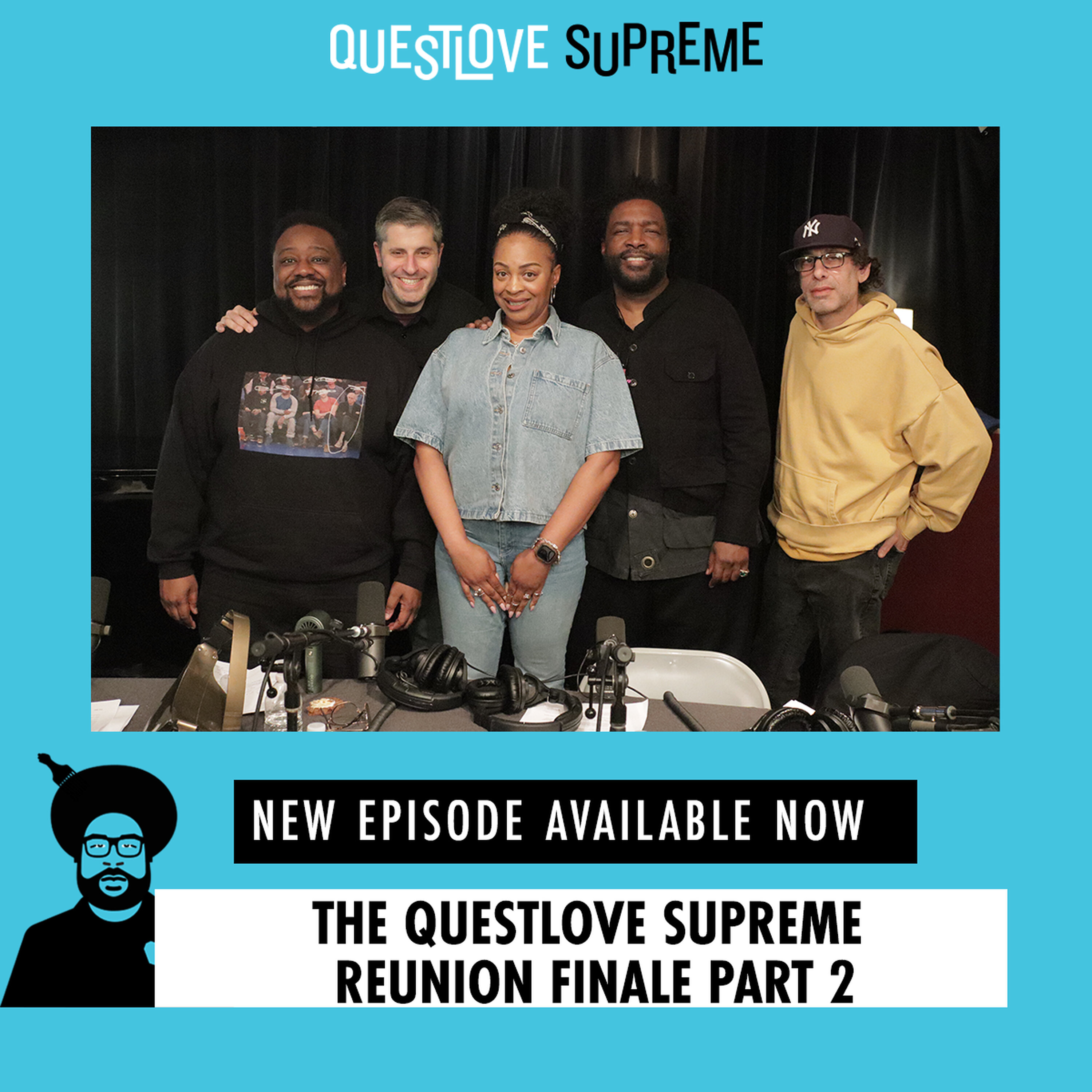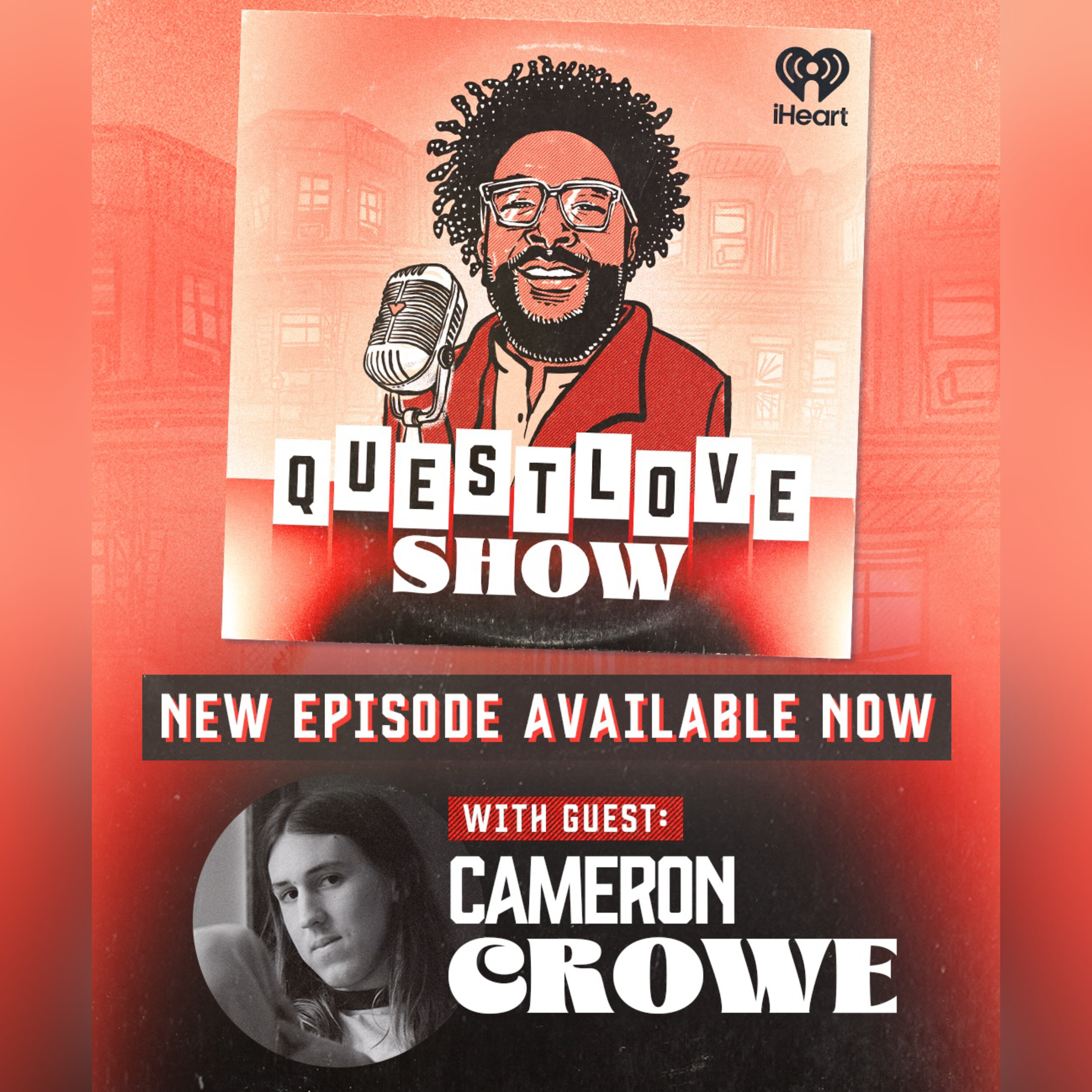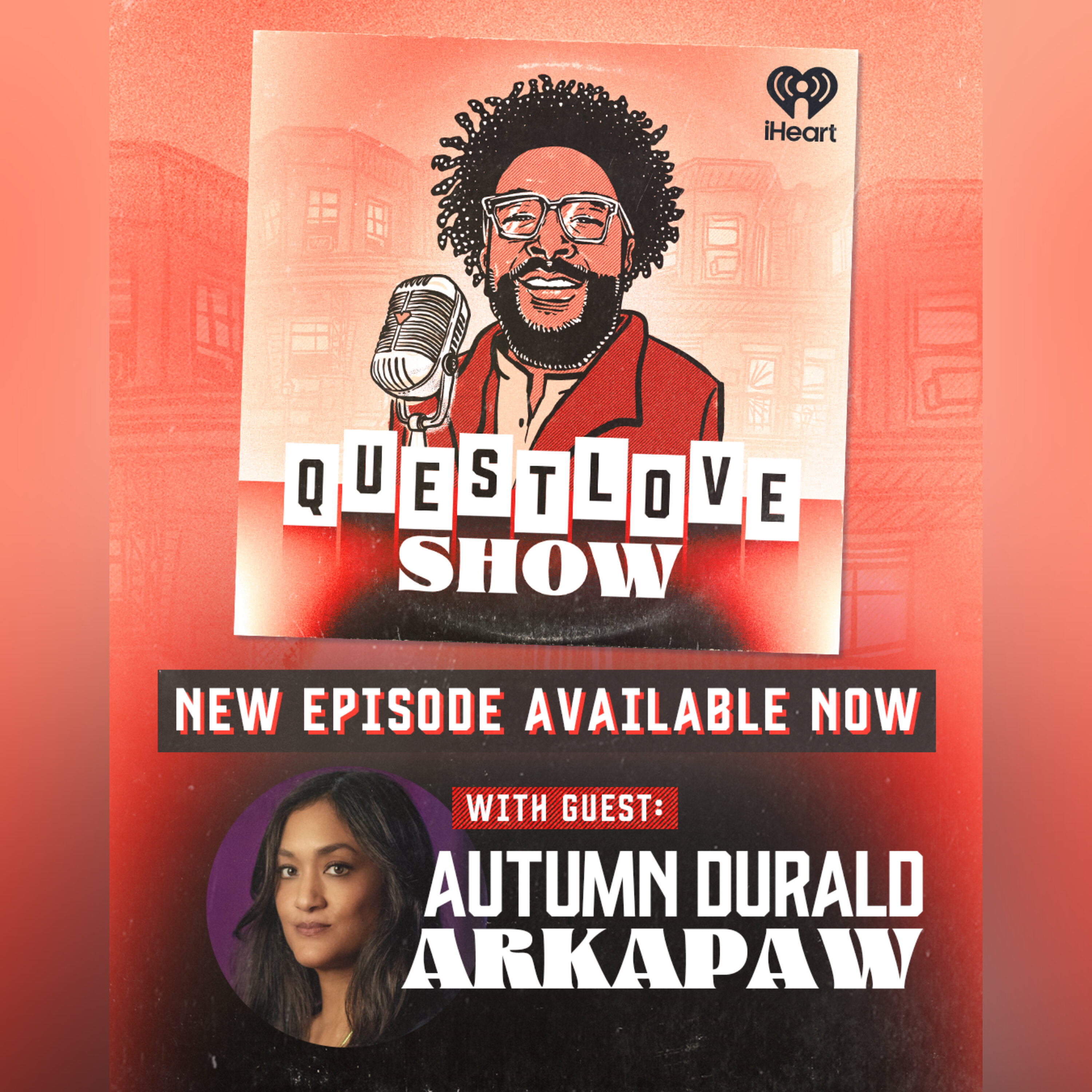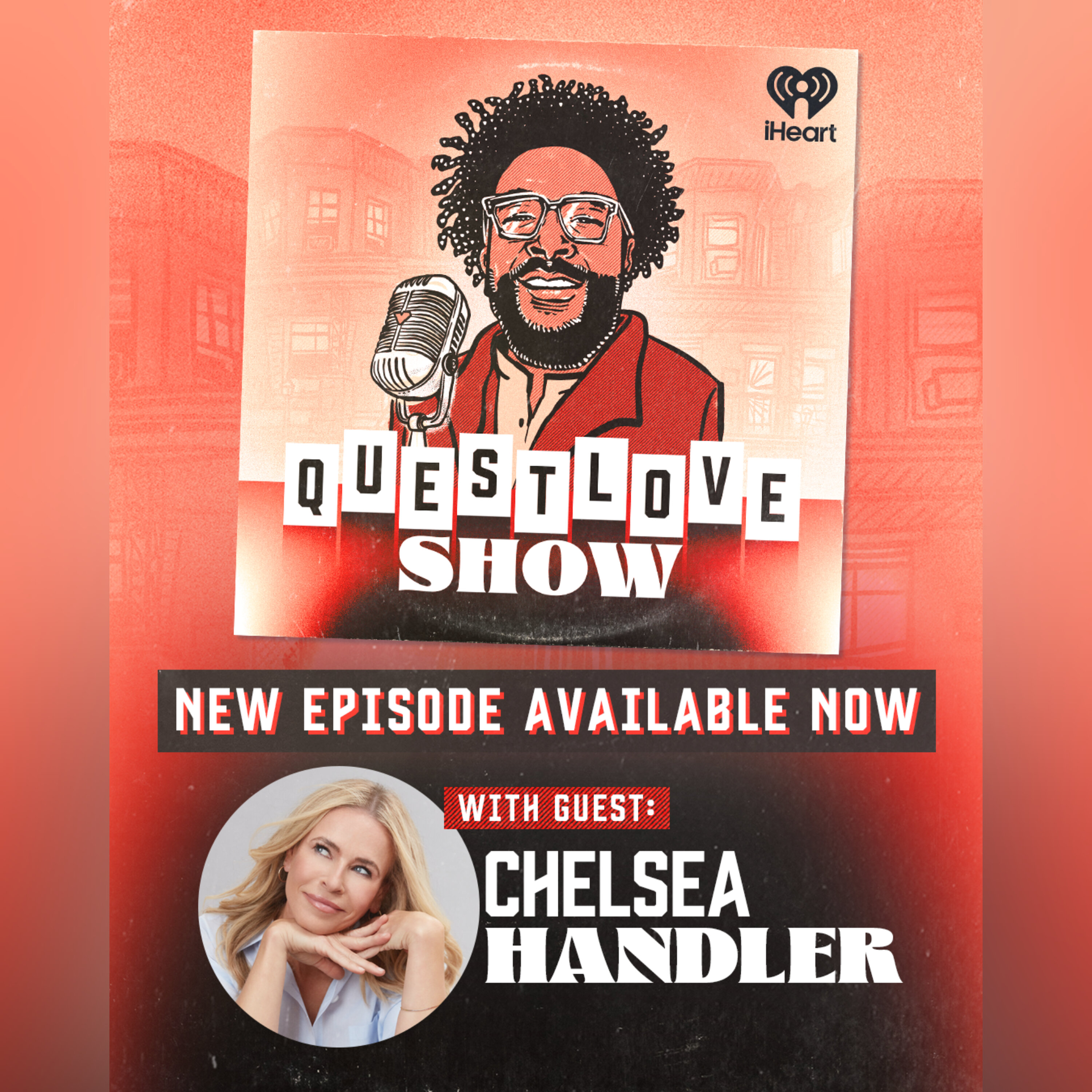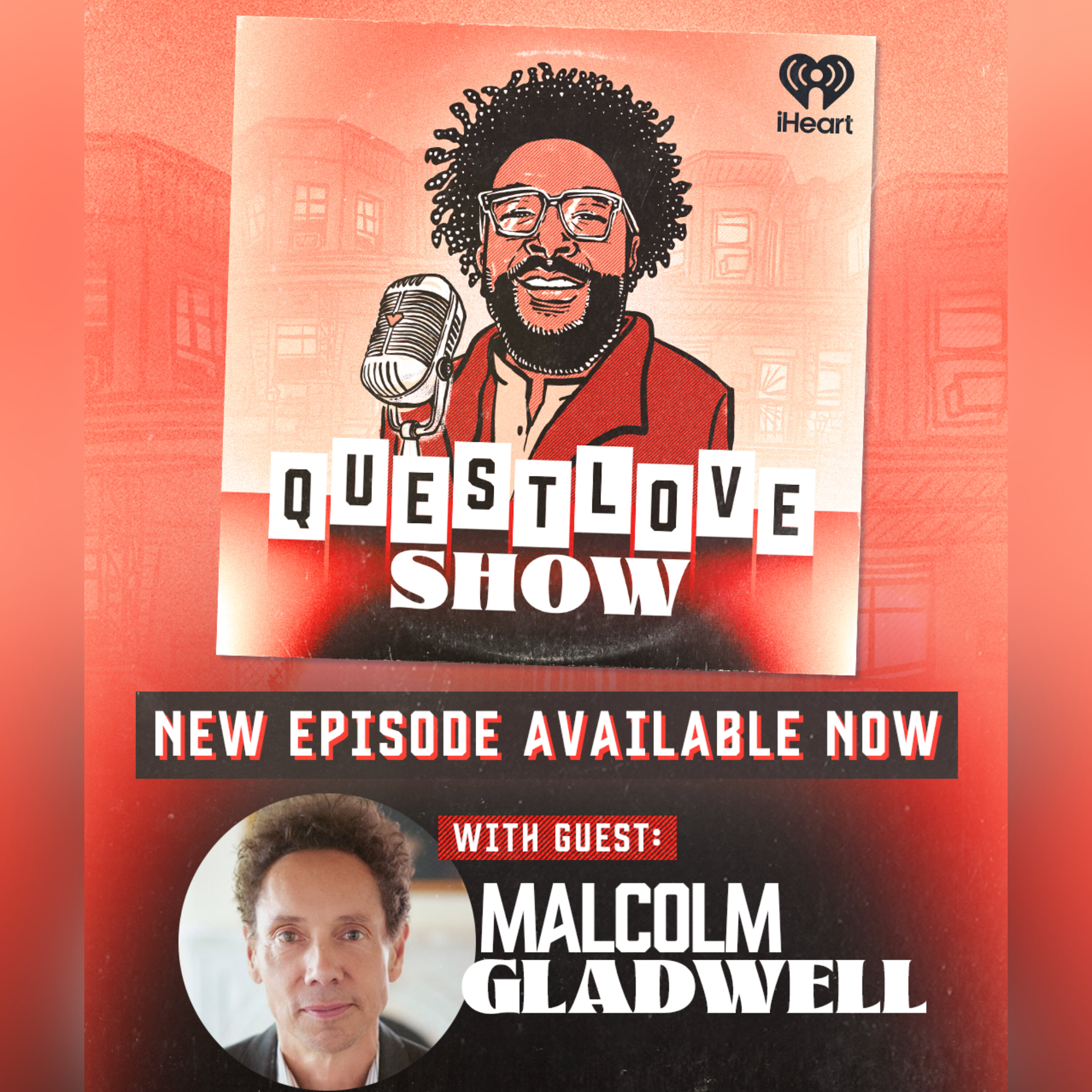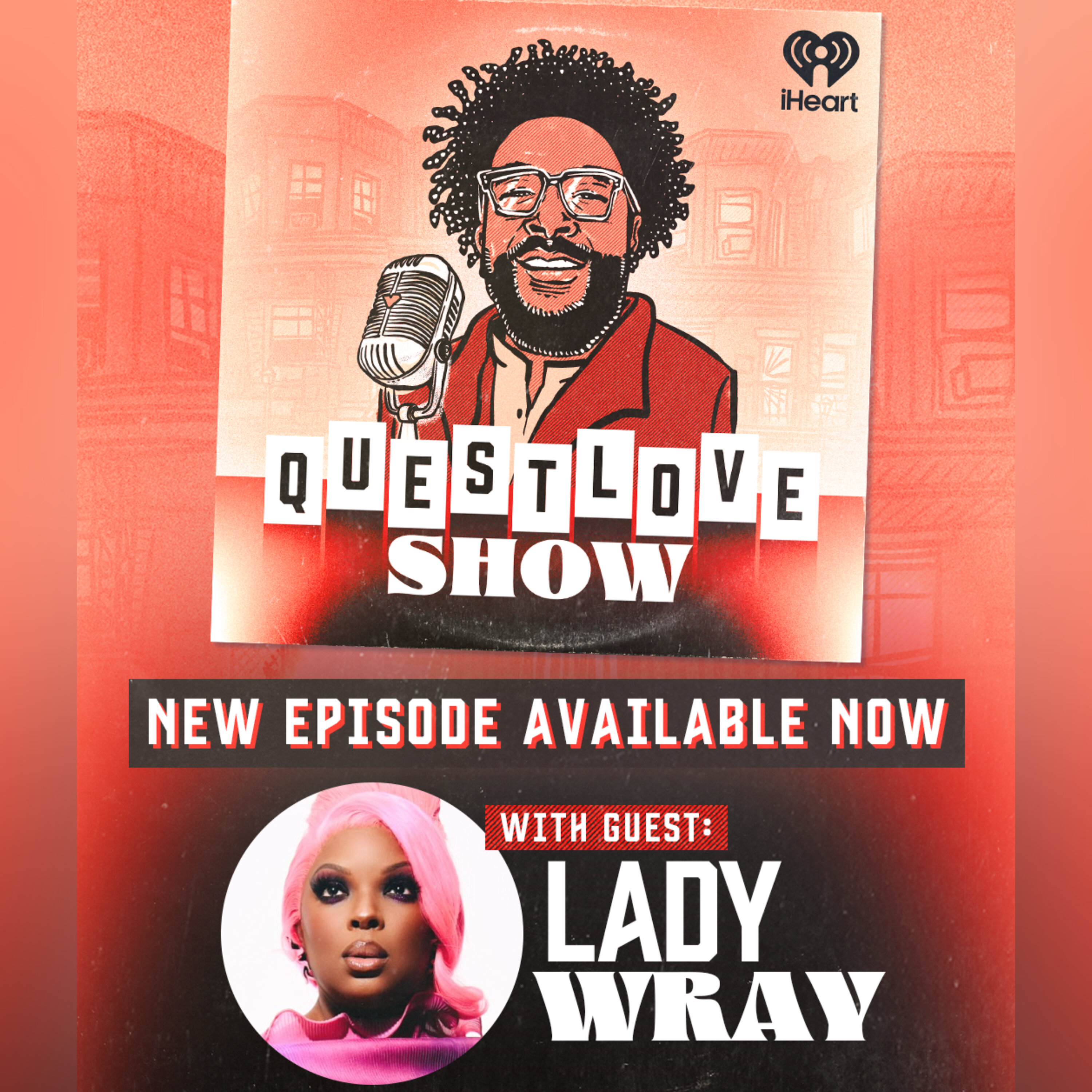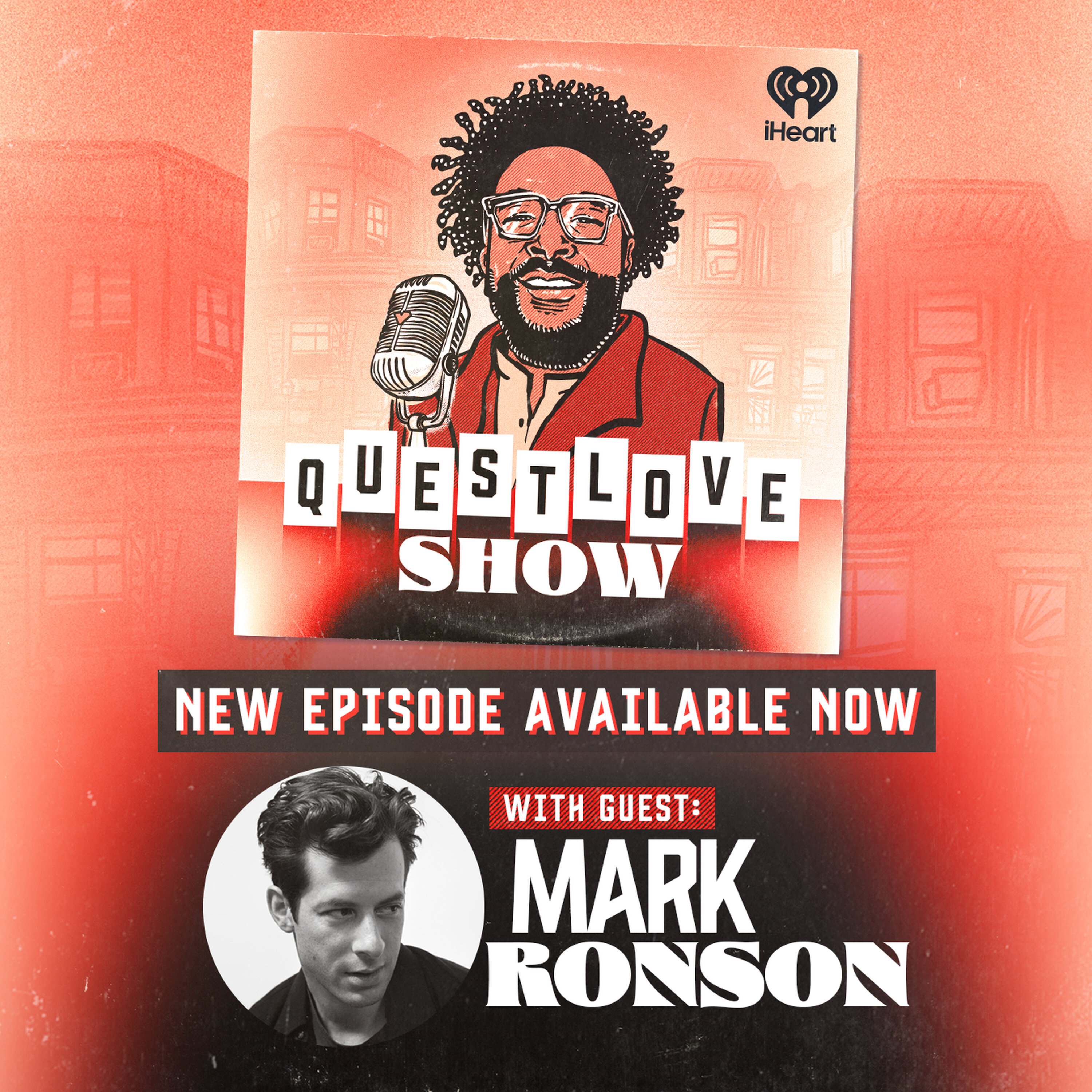Nick Lowe

This QLS is a special one-on-one episode between Team Supreme co-host Suga Steve and acclaimed singer-songwriter-producer Nick Lowe. During an in-depth conversation, Lowe discusses songs from his sprawling catalog—including the newly released Indoor Safari with Los Straitjackets. He recalls making a song he hoped would get him dropped from his label, and why that plan backfired. Nick talks about his expansion into production, his relationship with vinyl, and the importance of the studio. Nick also tells the story of one of his songs, which he wrote two decades before, catching a monetary tailwind on The Bodyguard Soundtrack. This special QLS episode was recorded live at Reservoir Studios and engineered by James Yost.
00:00:00
Speaker 1: Previously on Quest Left Supreme with Johnny Maher, I'm going down this Nicolo rabbit hole. I'm about to interview Nicolo for Quels. I heard in some interview that you're a fan of his, and I was just wondering where you caught onto that scene.
00:00:14
Speaker 2: All musicians, certainly of a certain age, all regarding Nick Lowe as a great man, a great musician. And when I said earlier, when I was talking to Quest of about I left school at fifteen to be in a band with adults.
00:00:29
Speaker 3: That was to go to Nikola's house and.
00:00:31
Speaker 2: Make demos for Elvis Costello's manager. That was the first recording studio I was ever in, and I was I think maybe he was in fourteen.
00:00:40
Speaker 4: Jake Rivieira, Yeah, Jake.
00:00:42
Speaker 2: Riviera called me one day when I came home from school.
00:00:45
Speaker 3: I was still in my school uniform.
00:00:47
Speaker 2: I thought it was one of my piles playing at Frank one of my other piles had sent in a tape of my band to Jake Riviera and.
00:00:55
Speaker 4: He liked it for Stiff Records.
00:00:57
Speaker 3: Yeah, nothing came.
00:00:58
Speaker 2: Of it, but it was a a big experience for me because I'd never been in a recording studio and I was in Nick Lowe's house. While we were there, Nick Lowe came back from an American tour. I didn't meet him, but I saw him. I saw his cowboy boots wobbling up the stairs up to his bedroom honestly, very very unsteadily, and then heard a crash, and then no one saw him for a few days. But I then worked with him because behind her first single was produced by Nick low the first Pretender single, and because you knew I was a fan of Nick Low When we went in the studio to do the only recording that I did with the Pretenders, we got Nick Low to produce it.
00:01:42
Speaker 3: So I eventually got to work.
00:01:44
Speaker 2: With Nick low on a couple of songs and we did it in one take, and Nick was like, hey, listen, I know my reputation is that I just say one take, but really the first take was the take, and we did it about four times and then he was right, one takes.
00:02:00
Speaker 3: Yeah, it's cool, great.
00:02:02
Speaker 4: Man, awesome, thanks for sharing that.
00:02:05
Speaker 1: And now Sugar Steve's one on one interview with Nick Lowe, is it too?
00:02:11
Speaker 4: Is the music too? Hours? Just as you were wapping, I was.
00:02:14
Speaker 5: Listening to one of the most incredible, simply insane in nineteen seventy eight and every live version the Power of So it goes like a fin You have many nicknames.
00:02:25
Speaker 4: In fact, nick is your name. But how did you get the nickname the Basher? You're not Sir Basher.
00:02:32
Speaker 3: At this point, No, no, no, a rise, Sir Basher. That was doctor feel Good used to call me Basha. And because my dad was in the Air Force. The popular sort of story is that all the Air Force guys used to have these rather silly nicknames, you know, Biffo and Befo's bought it and you know that sort of thing. And because my dad was in the Air Force, that was then my nickname. But most people think it's because at the time. In one interview when I was producing records, I said to the interview when I was asked about my technique, suppose technique that I had, I said, well, what I do is I tend to bash it down and tart it up later. Tarting it up means sort of prettying it up, you know, you know, record it quickly and then you get a good feel, you know, on the on the music. Then you put the hand colaps as you say, and back in vocals and because the feel is the important thing. But I used the word bash it down, and people thought that's where Basha came from.
00:03:43
Speaker 4: I always thought it was bashing on the drums and the beasts and oh a loud punk sound. So your new album, I want to highlight this because it's great that there's a new album coming out from you, which comes out September thirteenth. Indoor Safari so so interesting the story behind this album where where you're able to tour a set of songs and then record the album once you've worked them out on the road. It seems like that's part of what happened here. And also some of them were recorded previously as well, and you re recorded them or added things. Is that right?
00:04:13
Speaker 3: That is quite right. Yeah. We didn't have any plans to record at all when we first got together. We got together to do Christmas shows in fact, and we didn't know whether it would work, you know, or be a success for the collaboration. But it turned out we really enjoyed it, and as time went on and we saw the audiences grow, it became apparent that it would be well, it'd be a good idea to have some sort of recording for sale on the merch table. We had no ambitions really beyond that. And I suppose we could have knocked out an EP of covers, you know, just three or four covers, but it didn't seem to be much fun in that, you know. And I'd started writing songs with this collaboration in mind. But the problem we ran into was with this simple, simple music, it only really comes together and gets a life after it's been played in front of an audience. Then it gets a personality and gets cool. But just going into studio and knocking out a song, even a simple one, is well, you can be done, you know, but it doesn't really sort of fly, you know. But anyway, we did our best. The other thing is a recording studio. So we're sitting in this lovely room here, which you can as soon as I walked in. You know, this is a familiar to me, the place like this. They're becoming rarer and rarer and rarer. And yes, we're sitting in this lovely studio. And even though with our group we've got a sort of modern sensibility about the way we want to present ourselves, you know, as being grown ups, you know, but playing this young people's music or young people for our generation. Anyway, it's got a retro it's a retro vehicle for these songs. And so that means you need a room like this really for us all to play live in because it's not the sort of music you can do piecemeal, you know, like most records have made on computers now the components are put down one at one at a time. And with this sort of music we do it. You can't. It doesn't work like that doesn't sound any good.
00:06:23
Speaker 4: You know.
00:06:23
Speaker 3: He's got he's got to be played live, and you need a room like this. Well, unfortunately most studios aren't. They've all gone like this, have all gone, and most pop music is made in little rooms with maybe two rooms, one with a with a computer in and the other one with a kidd of drums and some sort of keyboard. And that's fair enough. But that's how we made these these records because we'd have to we'd have to book a studio in one of the cities we were visiting on our tour, you know, because I live in London, they live in the United States, and we never knew what you going to get. But we'd cram into the little room with the kid of drums in it and the synthesizer, you know, and do our best to play these things. But so when yep Rock suggested that we put these three four track CDs that we put on the merch table, when they when they suggested that we made a compilation album, I could see the wisdom in that. But I've really thought we should revisit the tunes because they were they were good tunes, and and I'm not prolific enough to be able to just throw them away, you know, and and come up with a brand spanking new bunch. So I thought we should re record some of these things. So it's almost like we released the demos before the before the album.
00:07:47
Speaker 4: But how'd you end up making the whole thing sounds so cohesive, it doesn't sound like it was recorded in various this or that.
00:07:54
Speaker 3: I'm so glad that you asked ask me that Steve that is down to the Great Alex Hole, who is someone I've ad move for a while. He's engineered and produced some of my favorite records. He's got a studio in Chicago, and he oversaw the re recording and plus the new tune we did, I don't know two or three new tunes as well. It's down to him that he gave all these tracks that were recorded over three years. This cohesive sound.
00:08:23
Speaker 4: Secret weapon, I assume is those strait jackets for this record. I mean, yeah, there seems to be a real love affair between you and that band, a mutual admiration type thing. They do instrumental versions of your songs. You give them a little mini set in the middle of your live show to do their thing. It's an incredible match really musically and texturally. I've seen your show with them a number of times and it puts me in a trance, Like I get hypnotized watching them do their thing. They're like a machine, but they're human, and there's this preciseness to it all. But there's also this loess to it all, which I assume is the best of well, exactly what you're looking for in a backing band.
00:09:06
Speaker 3: Yeah, I, as I say, I didn't know it was going to work. You know, it wasn't something i'd been because I've known them for a long time, you know, before we started working together, and I always thought they were great, you know, But I didn't know that this was going to happen. This strange thing where where the two of us create a third element.
00:09:27
Speaker 4: You know, it works so well because they're doing their thing and then there you are sort of floating on top of it all with your vocal and your acoustic guitar, and it works.
00:09:37
Speaker 3: When we started, we had to start somewhere, of course, and when we did our first show, we played at First Avenue, that club in Minneapolis, and the club owners allowed us to rehearse there, you know, for a couple of days before our first show in the club, which is very nice of them. And so we had to start somewhere, you know, and you sent them a list of songs I thought were good work, along with the Christmas songs what you were doing, you know, some of my catalog tunes, and bless their hearts, you know, they'd learnt up the records as best they could, although there are keyboards on a lot of my tunes, my early tunes, and they'd done the best look to learn up the records. And that really lasted for about twenty minutes or something before we mutually agreed that we'll forget about that and just make it up ourselves, you know, and just do the song as if it was we're hearing it for the first time, and that's when it started getting in gear.
00:10:39
Speaker 4: It's a regular Nickel album because all the songs are good. I've been leaning into Blue on Blue. You've been playing that as part of the live set as well. Trombone is my favorite. It's one of those songs where it's like, ah, this dude just went and wrote a song called trombone, you know, one of those things like how did nobody think of that? Yet? Of course there's no trombone in the song. I believe there's two versions, Yeah, one with one with out. I don't know, but I'm a huge Roy Orbison fan. Was he any influence on you in your life or on that song at all?
00:11:11
Speaker 3: Actually, what I sort of thought I was channeling was Neil Diamond on that because it's sort of a trombone come play your song, so it seemed.
00:11:23
Speaker 4: To I mean, I heard Nick Lowe, but that climactic ending, yeah, I feel.
00:11:28
Speaker 3: I guess, I guess so, yes, I can't quite do it, you know exactly.
00:11:33
Speaker 4: You hit the Nick low version of that at the end. The first time I saw you or met you was at David Letterman taping in two thousand and eight. I think it must have been a Thursday when a show does two shows. They were camera blocking or sound checking both music acts that they were going to have to record that day. And turns out one was the Roots and one was you, and you were probably promoting. At my age, I was on stage with the Roots setting mics or whatever, and I look out to the audience. One person sitting in the audience, Nick Lowe. You know how a fan thinks this is my chance, you know. So I walk out there and I mutter something completely incoherent about the Bay City Rollers and have no idea what you said, and I walked away. The second time I met you was at the Tonight Show in twenty twelve promoting this Old Magic, and you came into the Roots rehearsal room and you signed a few records for me, and I muttered something incoherent about the Bay City Rollers. More recently, backstage at a Costello show in twenty twenty three last year, saw you backstage and muttered something incoherent to you about the Bay City Rollers. So I am a huge Bay City Rollers fan from back in the day, and you have this connection to them, and I want you to tell the story of b c Rollers, We Love You and what that was all about. And then I have sort of a production follow up question about about all that.
00:13:17
Speaker 3: Oh well, I hope this isn't going to sort of burst your bubble, you know, because I'm not not a particular Yes.
00:13:24
Speaker 4: You are, I know you are. I'm here to get you to admit it. That's what this is about.
00:13:30
Speaker 3: But yeah, Well, after the group I was in, Brinsley Schwartz split up, I was a bit of a loose end in terms of what to do because by this time I'd fallen in with a guy called Jake Riviera, who was managed another band that we were friends, that Brinsleys were friends with. And I started hanging out with Jake more and more, and I'd stay stay over asleep on his couch, you know, and in his slightly grubby flat in South Kin, and we both could feel something was coming over the hill, you know. We knew that something was up.
00:14:08
Speaker 4: It was like nineteen seventy six.
00:14:10
Speaker 3: Yeah, seventy five, maybe seventy five, seventy six. We could sort of feel it. And we had friends in New York as well who were feeling the same way. What it was was, this was the punk explosion, which came from New York. Really, I mean London did something else with it, you know. But we could feel this change in the air, and Jake started managing me and he couldn't get he couldn't really get any anyone interested in me. So I could get a record deal. I was still with a United Artist then that's the Brinsley's label, and I sort of had to get out of my contract with United Artists in order to do something out go somewhere else. And I thought what I should do is to make a really terrible record and say that this is the direction I want to go in.
00:14:57
Speaker 4: You know.
00:14:57
Speaker 3: So they say all that we can't do that. So I came up with this idea of doing this fan record for the basity Rollers. I'm really sorry, Steve. I got to tell you this, man, because I'm sorry. What I have to tell you after this, Well, I came up with this basicity Rollers, we love you, and I got a few a few cats into to do the do the record, and we got some the local kids school into to sing in the chorus and handed it into United Artists. And instead of them saying that, oh well, thanks very much, Nick, goodbye, they thought it was really good. Yes they did, and so they you know, they wouldn't let they wouldn't let me go. Allegedly they released it in Japan where the where the basically rollers were really big and and it was quite a successful record. But I don't know how true that is.
00:16:03
Speaker 4: Okay, Well, this was the first song you ever produced.
00:16:07
Speaker 3: I think it probably was actually yeah.
00:16:09
Speaker 4: Okay, So that being said, the production style that you did in this novelty song, or however you want to qualify it, you did a great job, first of all, of making it sound like a basic a roller song, as well as in the a later song called Rollers Show.
00:16:25
Speaker 3: Yeah.
00:16:25
Speaker 4: What I'm asking you is, do you feel in the making of that record that you might have stumbled upon something that helped to create your later production style or the production style for a rock pile or for your first couple solo albums. Let's say, did you find some secret in there in the engineering or in the production that maybe you liked, maybe in the arrangements. So my question is was there anything you discovered that you carried over into your regular productions.
00:16:55
Speaker 3: It's a great question, you know, I've never thought about that, but there I think there is some there sort of was because I was really.
00:17:08
Speaker 4: Gotcha. We're all about gotcha journalism.
00:17:14
Speaker 3: So it took me a long time to become friends with Dave. Dave Edmonds. He was always was a real loaner, you know, and when I eventually got his attention, he let me sit in in the studio and he was recording. I loved his records, you know, and he used to do everything himself, and he would invite me into the studio really as a as an audience, you know, of one so and he wouldn't talk to me much, but I'd sit there and watch him, and then it's a bit by bit, you know. He'd get me to go and scratch a mic to see if it was on, you know, or drop him in.
00:17:58
Speaker 4: You know.
00:17:58
Speaker 3: He used to showed me how to drop in his guitar and he was doing guitar parts sitting at the desk, you know, and then eventually go out and do a handclap, you know, or go and sing a harmony. And bit by bit we started doing it together in a way. But I was very much the second class citizen, you know. He did it all, but I watched him very carefully, and he was fantastic in the studio, so you could do this with analog equipment, as you definitely know that you can make an analog recording equipment do stuff that it doesn't It shouldn't really be made to do which you can't do on digital. Maybe you can, but I sound it just protests in the most horrible way. You know, it does not, whereas analog stuff doesn't. And he was so great at playing the desk, you know, making the desk, mistreating it in some cases are the best sounds. Yeah, he was a great influence on me. So when I went to this studio to do that basically Rollers for a start off, it was where all the London reggae records were made, and that guy who engineered it was the guy who engineered all these reggae records. So it had a pretty cool sound. You know, the studio did have a pretty cool sound, and I was also in my bid to imitate the basicity Rollers for the purposes of that record. You know that some of their signature tropes. You know, there was a style of British pop records at the time, music that I didn't really like. It was all the top ten stuff all had this sort of sound and I was trying to imitate it. I tried it out to see if I could do it in the studio for this record, to see if I could do a sort of mash up of the reggae engineer with this basically roller sort of sheen, you know, which it was the wrong studio to accomplish that, but it was a little suggestion of it really. But then I think in the future I started to get interested in doing anarchics, writing songs which are slightly unusual in some way, but trying to put a sheme of respectability on them, like this kind of corny pop sound, you know, or my version of it. Anyway, I was trying to imitated. I didn't know really how to do it, but I've never I've never thought of it. Do you ask me that question?
00:20:21
Speaker 4: Well, I mean, you can do corny things as as long as you're doing in a.
00:20:24
Speaker 3: Cool way sort of. Yeah, So so you go, you know, what the hell is this kind of music? Right?
00:20:30
Speaker 4: And well, what the hell kind of music was it?
00:20:32
Speaker 2: You know?
00:20:32
Speaker 4: The basically roles they seem to be doing their own version of like a retro thing.
00:20:35
Speaker 3: I think that was their producers, you know, I think I think they did what they were told, you know, not writing.
00:20:41
Speaker 4: To be honest with you basicly roles we love You does sound like a novelty song, but Roller Show sounds like just a kick ass song, especially the way it was recorded. But since you segued a little bit into Dave Edmonds, you must be considered one of your musical soul meats. But I wanted just for a second Terry Williams and Billy Bremner. Can you please tell us a little bit more about the lesson two of that band, Billy Bremner on guitar and vocals and Terry Williams on drums.
00:21:11
Speaker 3: Yes, with pleasure.
00:21:12
Speaker 4: Yeah.
00:21:12
Speaker 3: They By the sort of mid nineteen seventies, Dave and I had become more equal, actual friends. You know, I wasn't just this kid who went and tea boy tea boy, Yeah exactly. Yeah, So we were more friends and we used to you know, I was sort of effectively out of work really, but we used to and Dave lived in North London. But in between us was this pub called the Churchill on Church Street, Kensington. Maybe some of your listeners will know it's quite a well known pub and we used to meet there just about every evening and have a drink or two, and we would discuss the possibility of putting a group together. Well, Edmunds was absolutely dead set against it. He said, I've done all that, you know, I was in bands, you know, I don't want to be in a band anymore. Until he'd had a couple of beers and then he'd start changing his mind about it, you know, and then he said, well, who if we did, If we did, who would we get. So I had a couple of ideas about people, you know, who could maybe approach, and he didn't think much of my ideas. But Terry Williams was the guy who first he was Welsh, also as Dave was Welsh, and he played with a band called Man who were kind of I was just thinking there was like a kind of San Francisco group, you know. They were like Moby Grape or Quicksilver Messenger Service or one of those kinds of geah. Oh no, they were terrific. Man were great, but Terry was something really something, you know. But they were very very tight. Those guys were really really tight. And I said, well, Terry's not going to leave Man, and he said and Dave said, no, he's not so therefore we let's stop thinking about it, you know. But anyway Terry did. So suddenly we had a drummer and we approached Terry and he was keen. And then Edmund said, well we aren't. There's no who are we going to get to play guitar, and no one knows how to play any decent guitar, you know. And then he went to see this group one night. They were a sort of pub group really called Fatso and and they were cad of sort of a comedy group really, but he said, they've got they've got a fantastic guitar place. And he can see he got really vibe up about it. And it was actually Billy who made Edmonds agree to put this band together. They've fantastic you know. Terry is really unbelieve. Unfortunately he doesn't play anymore.
00:23:52
Speaker 4: Oh, okay, Billy Bremner.
00:23:54
Speaker 3: Billy does. In fact, Billy plays in He lives in Sweden now and he plays with a sort of rock Pile tribute group called the rock Files or something, and they they they tore it. Actually they've sound sort of more like rock Pile than rock Pile.
00:24:12
Speaker 4: Many things I noticed about rock Pile, but something interesting. There's no keyboards in Rock Pile, just like those Street Jackets, and you see some obvious similarities between those two bands.
00:24:23
Speaker 3: I didn't, but I sort of do now.
00:24:26
Speaker 4: The precision of it are and the looseness, like I said earlier, and rock and rollness of it.
00:24:31
Speaker 3: Yes, yes, they're quite different players, but in the respect you just mentioned that there's a lot of similarities. I'm a file fezer vox guy, you know, with organ I prefer I love that sort of sound when a keyboard is needed, you know, in that era, and a piano of course, but I don't want to sound like a ludd eye, you know. I don't mind plugging in a synthesizer, you know, and fiddling around nidio. Well not for too long. There's something about just a guitar group and trying to imitate a keyboard, getting a part that it will imitate a keyboard to suggest a keyboard part that is more fun in a way, and it's quite liberating.
00:25:12
Speaker 4: You know. I think Rock Pile is vastly unheralded as a kick ass band, as one of the great bands, because you guys are locked in. It seems like you all knew exactly what to do to create what you were trying to create. How come you didn't just take up the guitar and the band Billy Bremer is a lead guitarist. Yeah, so maybe you're not as fascile as he is in that regard.
00:25:37
Speaker 3: Definitely, I can't play anything like that. No, I'm a strummer.
00:25:41
Speaker 2: You know.
00:25:41
Speaker 3: I'm a pretty good strummer, you know, but I am a strummer.
00:25:45
Speaker 4: Yeah, he was playing lead and rhythm all at the same time.
00:25:48
Speaker 3: Yea, he's a really cracking guitar play.
00:25:50
Speaker 4: Yeah, it's just incredible. So behind the scenes of a lot of those records and Costello's records, I'm an engineer by trade, so please about Roger Akirion.
00:26:02
Speaker 3: He was fantastic.
00:26:03
Speaker 4: He was.
00:26:04
Speaker 3: He was He was very sort of square guy. He was suddenly thrust into this quite manic, you know, situation with this, certainly with the bands that I was working with. He was a great engineer and one of those guys who kept his head when everyone was, you know, talking at once and freaking out, you know, and and come on, let's do it now, you know. And people used to get very excited when we made records back then. And he was really great at running the really cool ship.
00:26:39
Speaker 4: You know.
00:26:39
Speaker 3: He was a very kind of I suppose in a way that the stories you hear about George Martin, you know, and the Beadles, he was. George Marne was the sort of square guy. Roger wasn't old, you know, much older, and it was the same age as the rest of us. But he was a very moderating influence and a really great a really great engineer.
00:27:02
Speaker 4: Yeah. Yeah, I've stolen a lot of tricks from his records, just trying to figure out and study the engineering on the Costello records that you produced and your own records. I was working with Elvis on a song and I was treating his background vocals like it was armed forces, and he said, how'd you get that sound from? I said, just from figuring it out over the years. And I don't want to get too deep into talking about Elvis, even though you and I perhaps the two greatest producers of Elvis Costello albums, sitting in one room, finally, what was it like just to stand there and watch him make these masterpieces with your help? Of course his first five albums later, Blood and Chocolate. Did you know you were in the middle of something historical in rock and roll, And what was that experience like to be in the producer's chair for Armed Forces.
00:27:50
Speaker 3: Let's say I really didn't feel like that. It felt it felt totally just making records. Yeah, it seemed like everyone had an idea, you know, and there were so many people around at that time that we knew, Like Chrissy Chrissy Hind for instance, comes to mind. You know, Joe Jackson was recording when we were doing Armed Forces. Joe was in the daytime, he was in that in the Eden studios during the day when we crossed, he was doing that Better for Girls record with Richard Gothra, And it seemed like there were so many people had ideas, you know, and it seemed like this is Elvis's ideas. You know. I felt at that time very much like you had to serve your time in a in a sort of a holding pattern, waiting in obscurity, you know, doing shows and going up and going in the vans up and down the country and over to Germany and Holland that we used to play in Holland all the time, waiting for this kind of voice too. I mean, I don't know if you have this over here, but in the UK in banks and the post office and things. You form a line waiting, you know, and and suddenly a voice comes, Cashier number five, please, and in this sort of irritating rise and fall voice, you know, and a voice, celestial voice says, Cashier.
00:29:12
Speaker 4: Number five, we have next.
00:29:15
Speaker 3: Okay, well next I'll do. But anyway, that's what it seemed like. And then your chance comes and I felt I stepped up. I had my break, you know, my break turned up. And I if you hang around long enough, it will come to everyone. Everyone gets their break and what they do with it. Who knows?
00:29:34
Speaker 4: What are you considering your brick? Producing Miami is true or something like that.
00:29:39
Speaker 3: In the great scheme of things, it probably is. I mean, I did Graham Parker's album. That was the first thing I did, Howling Wind. It's the first thing I did. It could have been that. It might even have been when I got the call to join Brinsley Schwartz's group, which was called Kippington Lodge. Then, you know, it might have been when I got that call. But we did certainly did uh played out Jews. You know.
00:30:04
Speaker 4: It seems like multiple breaks.
00:30:06
Speaker 3: Yeah, but the but the they certainly I'd say Graham actually.
00:30:12
Speaker 4: Graham, Graham Parker and the rumor howling Wind between you and me.
00:30:16
Speaker 3: Yeah, yeah, yes, a great cut, a great cut, yes, and a terrific song. Yeah, soulful song.
00:30:23
Speaker 4: Yeah, he's very soulful.
00:30:30
Speaker 3: Yeah.
00:30:30
Speaker 2: Yeah.
00:30:34
Speaker 4: You and Elvis Bolts on Columbia at that time and Joe Jackson and Squeeze and the Police all on A and M. So was there any kind of competitiveness between what was going on with your scene at Columbia and these other quote unquote new wave artists that were doing it at A and M, with guys like John Wood and Joe Boyd, the engineer producers.
00:31:03
Speaker 3: For the Joe Boyd was was really a generation before, you know, he was like Pink Floyd and stuff like that. Yeah, he was. He was with that lot and he and also he did was the name of the guy singer songwriter who Nick Drake? Yeah, Nick Drake of course. Yeah, he did a lot of folk rock stuff convention.
00:31:22
Speaker 4: John Wood though was the younger one.
00:31:24
Speaker 3: Yeah he was. I can't remember who he He.
00:31:27
Speaker 4: Did all the Squeeze records, all the Squeeze records, yeah, of course. Yeah. But A and M seemed to have caught on to whatever you might want to call it, We're not going to ever get to we don't want to talk genres. Well, we're not going to now, unfortunately, we don't.
00:31:41
Speaker 3: Want to incur Elvis's displeasure.
00:31:44
Speaker 4: But yeah, A and M seemed to be hip to that as well. What do most people call it post punk? New wave come directly out of punk?
00:31:51
Speaker 3: I suppose it did, really, wasn't it. The punk thing was over pretty quick and lit of litter fuse under.
00:31:57
Speaker 4: I think that's what we're taught is that new wave comes out of punk. But let's not go there. I have too many other questions for the amount of time. I'd rather ask you a couple more random questions, things that I've always been curious about. Something I also asked Elvis was why were you not at Do they know it's Christmas? I'm a huge fan of We're the World? And do they know it's Christmas? And I asked Elvis and he said, well, I was dreadfully unpopular at that moment, and nobody thought to call me basically, Oh is that what?
00:32:26
Speaker 3: He said?
00:32:27
Speaker 4: Yeah?
00:32:28
Speaker 3: Really?
00:32:28
Speaker 4: Well, because Good Bride Cruel World had just come out. Yeah, whatever, No, I know, yeah, And he also said, you know, kind of a different scene. But seems like you should have been there were you called?
00:32:41
Speaker 3: No, No, not remotely.
00:32:42
Speaker 4: No.
00:32:43
Speaker 3: I never thought I would be, but because it's very kind of you to think that I might have had a call to go and do that, but I wasn't. Really, I've always had a bit of an rightly or wrongly, you know, I've always a bit of an aversion to that, oh we're all brothers in music, you know sort of stuff. I'd rather put a check in the post, you know.
00:33:08
Speaker 4: So, what's what's your record collection?
00:33:10
Speaker 1: Like?
00:33:10
Speaker 4: Do you still have your records from from your life?
00:33:16
Speaker 3: I do, Yeah, I have, I have, but you know, my my real good pals all passed on, really, and so I don't. I used to have these great sort of dinner parties around at my house, or all male, all male dinner party. Is that we used to sit around sort of listening to our own records, and you know, and and others. Besides and because they're you know, because that they're gone, that doesn't really happen anymore. I listened to quite a lot of music now, but not really, you know, I've got sort of rows of dusty CDs you know, up there that I never. I never listened to them anymore. I've got a really good STUF which is pretty much unused now. But I listened to lots of music, but like everybody else listen to it online, you know, they I just want to hear the tunes, you know, the sort of bathing in the sound of a vinyl you know, on huge speakers, you know, in a darkened room sounds. I wouldn't mind going round to somebody's house and having that experience, you know, for one off. But it's not something that I if I want to hear a record, I think it's quite handy just to be able to press a couple of buttons and how it comes of the out of your car radio, you know, even if it's not super high five. I just want to hear the tune, you know, and the lyric and the yeah sounds like.
00:34:46
Speaker 4: You need a turn to all.
00:34:50
Speaker 3: How dare you No?
00:34:52
Speaker 4: Well, like I said, I have a record label and we're all analog, and so we do everything for the vinyl record. At the end of the process.
00:34:58
Speaker 3: I have got vinyl but in boxes in my cellar boxes and boxes of vinyl records, but I haven't got a vinyl player. Yeah, I just thought, I've just got a CD one when they came in, and that's where it's. That's all come to a grinding hole now, So I listened to missic online. Really I've painted a pretty desperate picture.
00:35:18
Speaker 4: Yeah, I'll get a truck and back it up to your dusty garage and take care of it for somebody who wrote a funny song called I Love My label. Outside of yeprak, what was your favorite or at least favorite experiences with different record labels over the years.
00:35:43
Speaker 3: Oh my gosh, well, I think probably my least favorite was We're Disappointing was Parlophone, which was Kippington Lodges label, which was the same label actually has appeared on the Beatles records because they were on Parlophone as well in the UK. So we were thrilled, you know, to be on Parlophone. But the deal, you know that all those bands like US there was hundreds, they had hundreds of bands that they signed with. Deal was pitiful, really really pitiful, you know, like usury really. So we started off on Parlophone and after that we went to Liberty, which changed its name to United Artists. Right from there, I went to Stiff and Stiff. I went to Radar in the UK, which is another independent label, and Colombia, and then after that I went through a few of them very rapidly. Our Ca Warner Brothers, a Little Village I think we're on It might have been on Reprise.
00:36:48
Speaker 4: Was Little Village? Some take on the Traveling Wilbury's.
00:36:51
Speaker 3: Well, no, we had the same drama, of course. Yeah, and it was a sort of not not in the same league, let's fa but you know it was a collection of faces, you know, sort of kind of second division faces.
00:37:08
Speaker 4: And you didn't mention f Beat and Demon. I've never known what those are? Are those labels?
00:37:14
Speaker 3: Yeah they were. They were run by the by Jake Riviera's labels, but Demon was essentially a reissue label they had they used they'd buy up, you know, jazz and R and B records, you know.
00:37:26
Speaker 4: As they passed. Were you on Columbia before Elvis? Or was it?
00:37:30
Speaker 2: So?
00:37:31
Speaker 3: I was on Columbia really because of Elvis. Elvis sort of said if you sign me, you've got to sign Nick Lowe, you know, which is very nice of him.
00:37:42
Speaker 4: The Jake Riviera you keep mentioning he was the co founder of Steff with somebody named Dave Robinson. Yes, yeah, And Dave Robinson was the producer for all the Brinsley Schwartz records. Is that right?
00:37:53
Speaker 3: Yeah, yes he I can't remember him doing much producing, but he definitely sat in room.
00:38:00
Speaker 4: And so those two guys started a record label called Stuff, and you were the inn house producer for.
00:38:05
Speaker 3: That, purely because I'd been recording studio more than the other two.
00:38:09
Speaker 4: Well, speaking of studios, so it's Eden, your sort of favorite home of our time with regards to your cattle.
00:38:15
Speaker 3: It was a super studio. But I love Pathway, you know that where we recorded a lot of well aim is true, but a lot of other records that I think Sultan's have Swing was recorded in there. Maybe even Roxanne the Police for a while, everybody recorded in there. I love the sound of Breaking Glass. I recorded in their whole wide world New Rose, you know, the Damn's album, And it was a tiny, tiny, tiny little room, but it just had this fantastic sound. It was freezing cold in the winter and baking hot in the summer, so you wanted to get the job done pretty as quick as you could because you could get out of there. But it sounded fantastic.
00:38:58
Speaker 4: Can you please tell us the story sory of Curtis Steiger and the Bodyguard sound track. One of your most famous compositions, What's So Funny About Peace, Love and Understanding, was covered and recorded by an artist named Curtis Steiger, and one way or another, for one reason or another, that song ended up on the Bodyguard soundtrack, a soundtrack which sold five b zillion copies back before streaming music, when people had to buy hard copies of things, and just the appearance of your composition, even though you weren't the one performing it, gave you some outrageous royalty check that bailed you out at a rough time and helped you continue.
00:39:43
Speaker 3: Yeah, I can certainly tell you that I thought you were referring to something else.
00:39:46
Speaker 4: That should tell me the story. I don't.
00:39:48
Speaker 3: I'd have to. I'd have to tell you when the mics are off.
00:39:50
Speaker 4: Man, fair enough, you know, well, I'm asking you about the one that's well.
00:39:55
Speaker 3: I'll tell you with pleasure about Curtis. And this is what Curtis told me. Anyway he was on Arista.
00:40:03
Speaker 4: There you go, right, there's the label exactly.
00:40:07
Speaker 3: And anyway he was told by who was the head of Arista, Clive Davis, Clive Davis. Indeed, Clive Davis called Curtis in. They didn't kind of know or he didn't know quite what direction to go in. He had he'd had a few hits, you know, but he was looking for a change. And Clive told him about this movie that they were planning to do starring Whitney Houston and Kevin Costner, and said, what you could start by doing is submitting some songs for this for this movie, because we've got high hopes for it. And Curtis said that he went in he had he had a few tunes. He went in there into the studio and they put down these tunes that he had, and whoever was overseeing it said, have you got anything else? Rather rather rudely. In my view, I think it's a bit bit rude to say that someone's submitting songs for their own compositions, you know, have you got anything else? And he said, well, no, not really, but but we have got this song that we've just started doing in our set, this Nick Lowe song called Peace, Love and Understanding. He said, all right, we'll bung that down. So he did that on the session and that's the one they picked to put in the movie and as you were, as you say, it sold zillions and zillions, and my my cut as writer wasn't actually that much. But when it comes not very much multiplied by you know, zillion zillions, turnout turns out to be a very tasty check. Indeed, And as time went on, you know, as it got bigger and bigger and more and more, it sold one million, two million, three, I thought, now they please, you know, they can't go any higher than that. It was going eight, nine, ten, you know, it was going through the roof. And so eventually when he got up to about eight or nine million copies sold, I thought, well, I think I ought to extend the hand of friendship to this guy, you know. So I got into touch with him and said, Curtis, you know God to say thanks, thanks ever so much. You know, I couldn't have come at a better time. And we and we became friends as a result of it.
00:42:35
Speaker 4: I know what you told them, here's what's so funny about.
00:42:40
Speaker 3: But anyway, I did say, Curtis, do you I'm sorry that they picked my tune, you know, and I do hope that you got some kind of something out of it, you know, And he said to me. He didn't tell me what it was, but he said, don't worry. I was very well to can care of. So what what that? I never probed him further than that.
00:43:04
Speaker 4: Right, right, But that could be just a front end thing and no back end, and you know, who knows what it was.
00:43:10
Speaker 3: He tells me he's very happy.
00:43:12
Speaker 4: I'm happy for sleep at night. And that wasn't like the single or even like a big part of the movie.
00:43:19
Speaker 3: Just imagine the the guy who wrote the B side of the single, which also went on the album, an English guy called Adrian someone or other who was in a band so heavy metal band in the sixties called the Gun, and he wrote, so he had my cut, Plus he had the B side of Whitney's you know. Can you imagine that I've never.
00:43:43
Speaker 4: Heard Dilly Parton was making the money from that from from the.
00:43:45
Speaker 3: A side, from the A side, But nonetheless there was the A side had a B side on it, you know, so he got a double bubble.
00:43:52
Speaker 4: Really, there was no second single from the Bodyguard soundtrack that you could have been the B side on, sadly not well, it just goes to show you, you know, what could happen with some song you wrote a long time ago. You had written that song.
00:44:05
Speaker 3: Yeah, early seventies.
00:44:07
Speaker 4: Yeah, yeah, early seventies. So that's good. I have my one last question. Pinker and prouder than previous. I think it's my favorite, perhaps outside of one or two others.
00:44:19
Speaker 3: But that's that's great that you think that.
00:44:21
Speaker 4: Yeah, well, do you think that is?
00:44:22
Speaker 2: Well?
00:44:23
Speaker 3: I was trying to record in a way that I couldn't persuade anyone was a good idea. I wanted to do this sort of low fi kind of thing. I couldn't get anyone to sort of help me with it, you know, So in some respects it worked, but I was groping my way to something that I got better at a little later.
00:44:40
Speaker 4: On recording live. Yes, yes, this is kind of blood and chocolatey. Yeah.
00:44:45
Speaker 3: Yeah, well I persuaded Elvis to have a go at doing that sort of thing on Blood and Chocolate.
00:44:51
Speaker 4: Yeah. Well that came first though, and then this was after that. Yeah.
00:44:54
Speaker 3: I think you're probably right.
00:44:55
Speaker 4: Yeah, yeah, I don't know this one. Maybe it's just how soon after I discovered your music that I came across this. Maybe this was the first one that had come out since I had become a fan of that kind of thing.
00:45:04
Speaker 3: I'm really pleased that you that you think that.
00:45:07
Speaker 4: This is not considered one of your masterpieces.
00:45:11
Speaker 3: Said, I don't care consider any of them. Well, you know, Nick Low masterpiece. I think that there are moments on that record.
00:45:19
Speaker 4: Yeah, there are.
00:45:20
Speaker 3: I think there are moments on it.
00:45:21
Speaker 4: Yeah, You're my wildest dream. One of my favorite songs by you, Crying in my Sleep maybe my second favorite song by you and Big Hair.
00:45:28
Speaker 3: Oh yeah.
00:45:31
Speaker 4: In closing, September thirteenth is the release date for It's About to Say Indoor Fireworks, Indoor Safari on yep Roc Records by the incredible Nick Low. So pleased and blessed to have you here today and to be able to spread the gospel of you as an artist, and your catalog is an incredible discography.
00:45:53
Speaker 3: It's very kind of you man. Thank you, Thank you.
00:45:55
Speaker 4: So much to everybody involved in putting this together. From yep Roc and from the Wells said, I am Sugar Steve, and we will see you on the next go around. Thank you, Nick.
00:46:05
Speaker 3: Thank you.
00:46:07
Speaker 6: Because the stuff we do is simple, comes.
00:46:09
Speaker 3: Out, there's rock and roll cool. Thank you, thank you very much.
00:46:13
Speaker 6: There's no way you could write an up an up tempo item with three chords, and it doesn't come out as rock and roll.
00:46:20
Speaker 4: And foremost in my curiousness.
00:46:22
Speaker 3: That was a lovely and flattering introduction, by the way, and I like my curiousness.
00:46:27
Speaker 6: Can everyone remember the arrangement of it?
00:46:29
Speaker 3: All?
00:46:29
Speaker 6: Right?
00:46:29
Speaker 4: Do I sound confused?
00:46:30
Speaker 6: It's the intro you do, however many bars it is. It's bang bang bam bang bang bang bamma bang bang bang bamm bang bang ban bang.
00:46:38
Speaker 4: Thank you Nick? Is that? Take you Nick? Take you Nick? Take you Nick? Thank you Nick, Thank you Nick, Thank you Nick, Thank you Nick, Thank you Nick.
00:46:46
Speaker 6: Nick.
00:46:53
Speaker 3: Well, thank thanks ever so much.
00:46:55
Speaker 4: Thank you, appreciate it. Oh, I'll take all never mind trying to get alight, I'll get it one more.
00:47:04
Speaker 3: Bush if it doesn't work.
00:47:06
Speaker 4: Quincy Jones told us on Question of Supreme that it's what you take out of the mix that will define the song. Less cannot only be more, it can be much more. However,
















